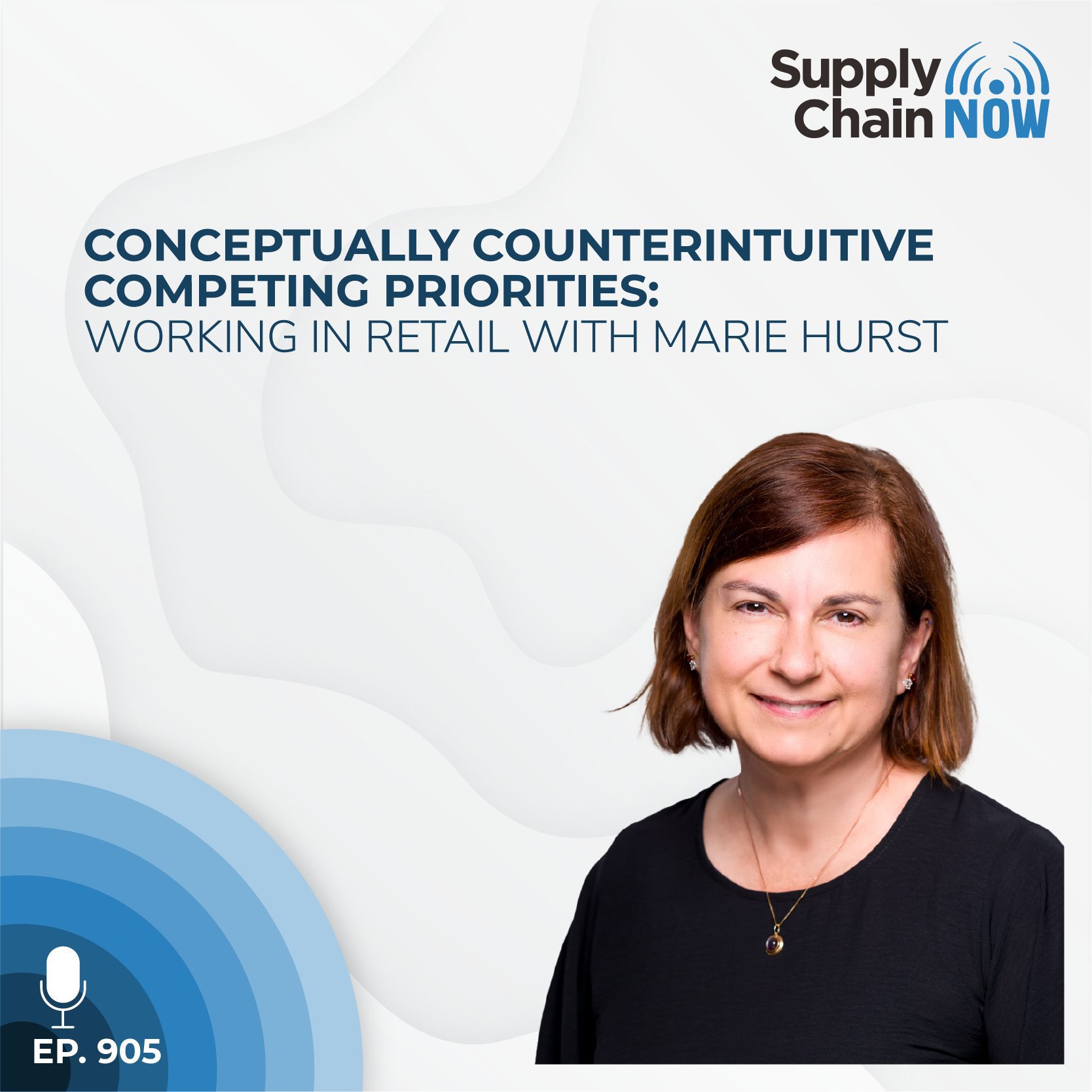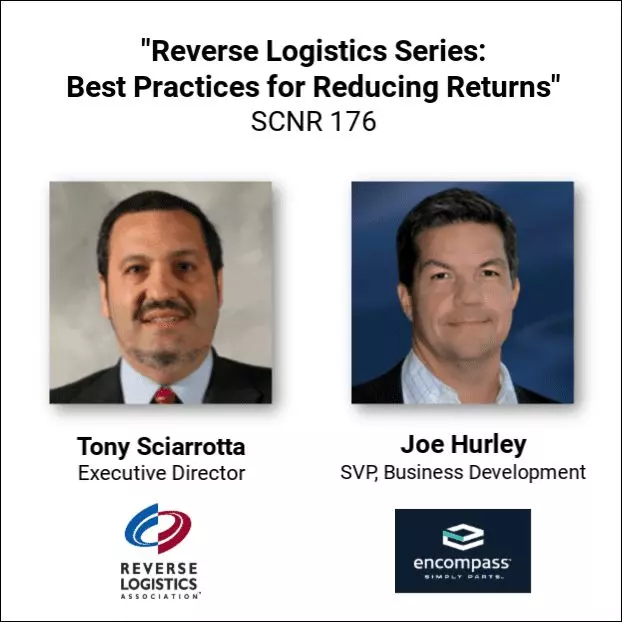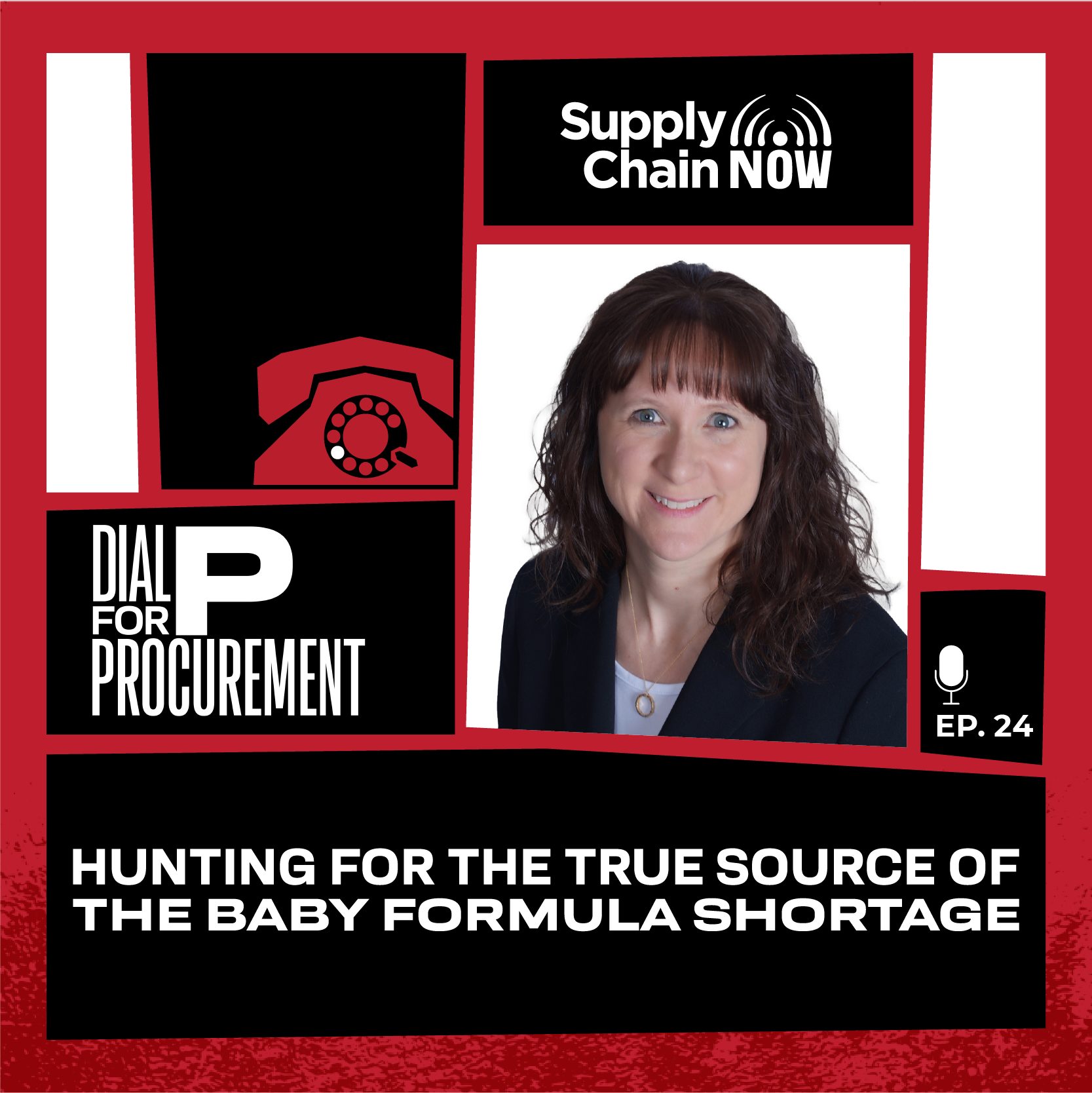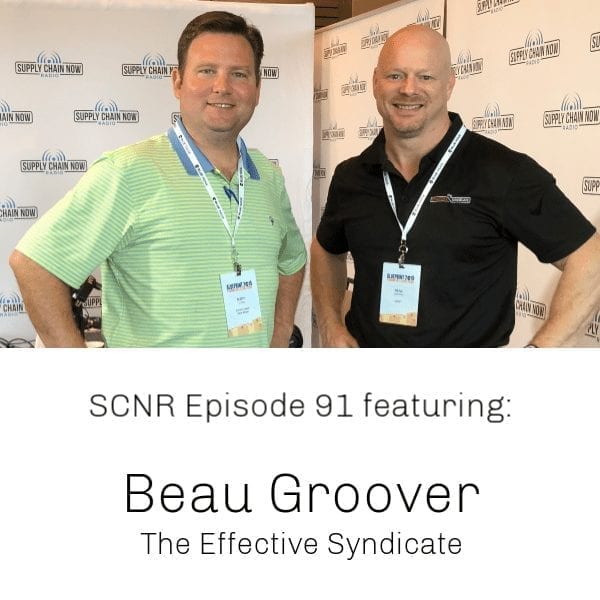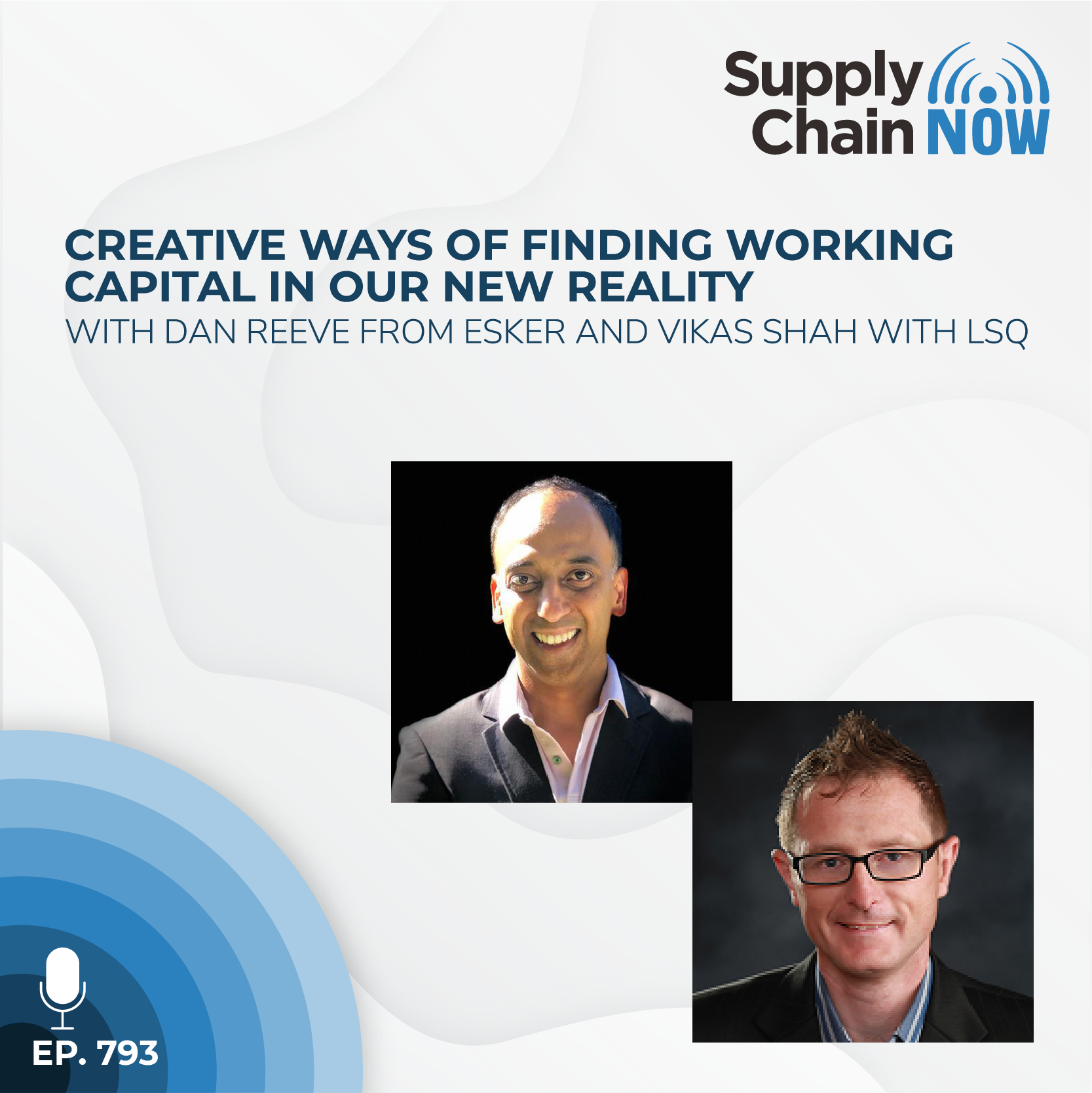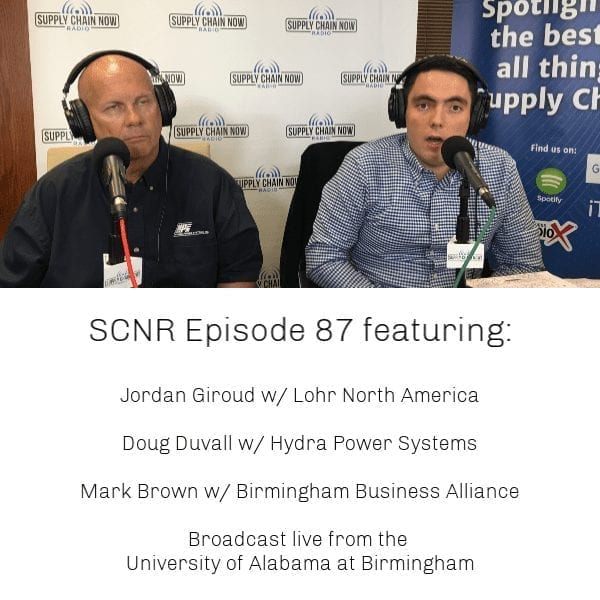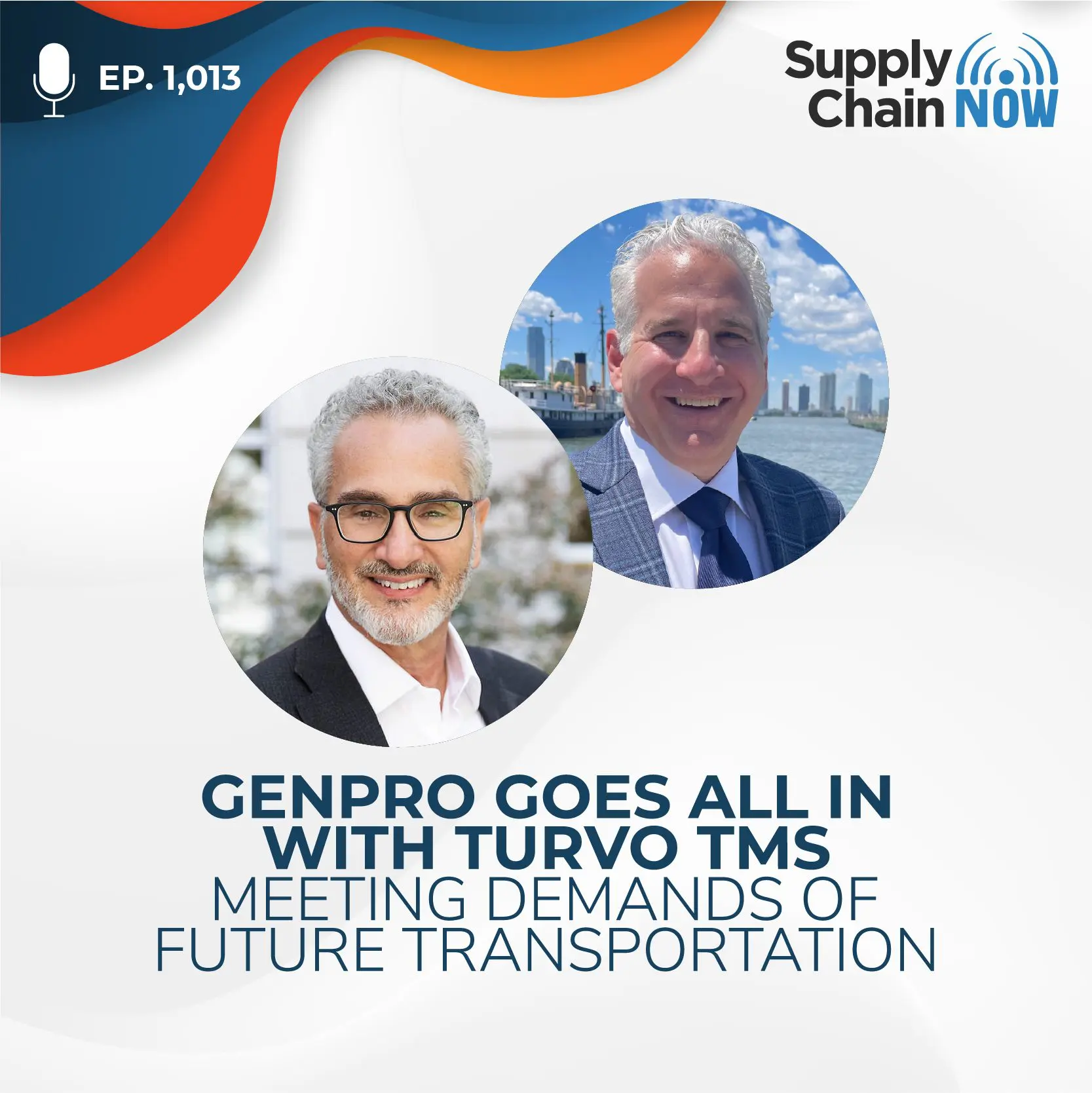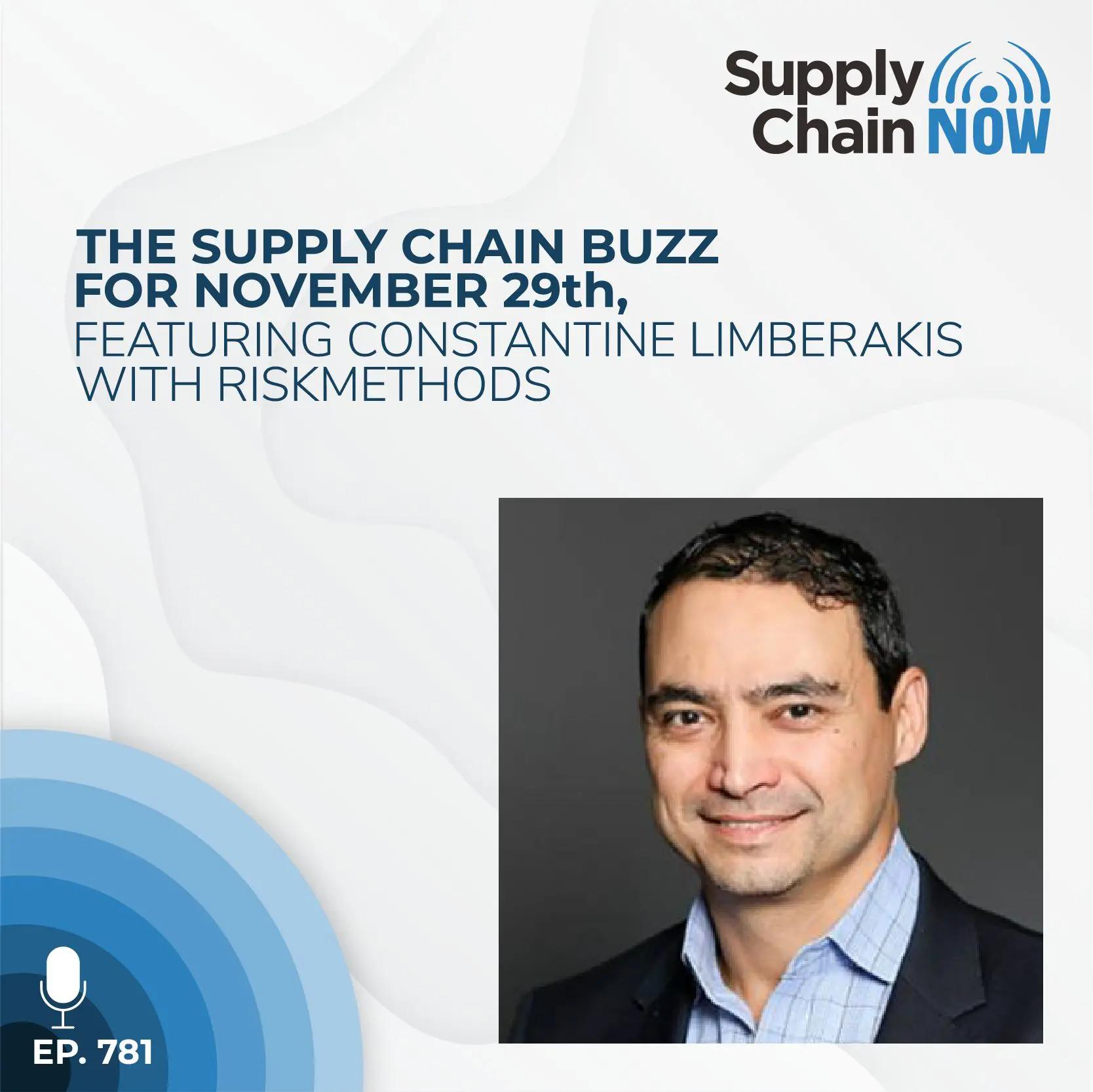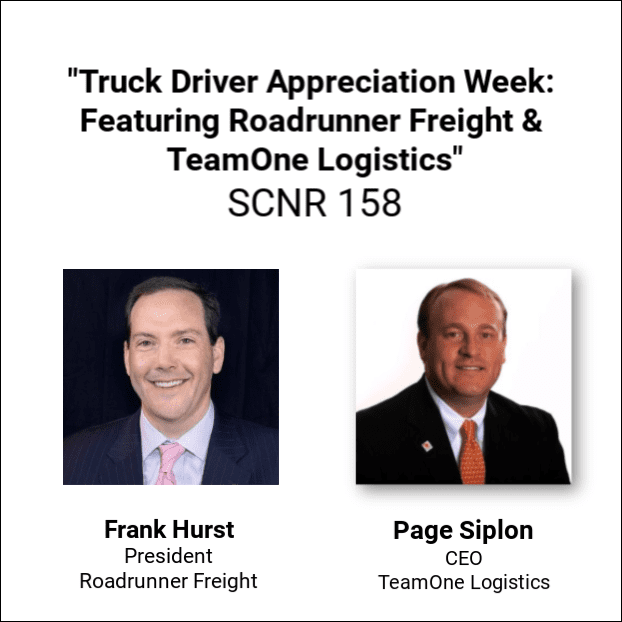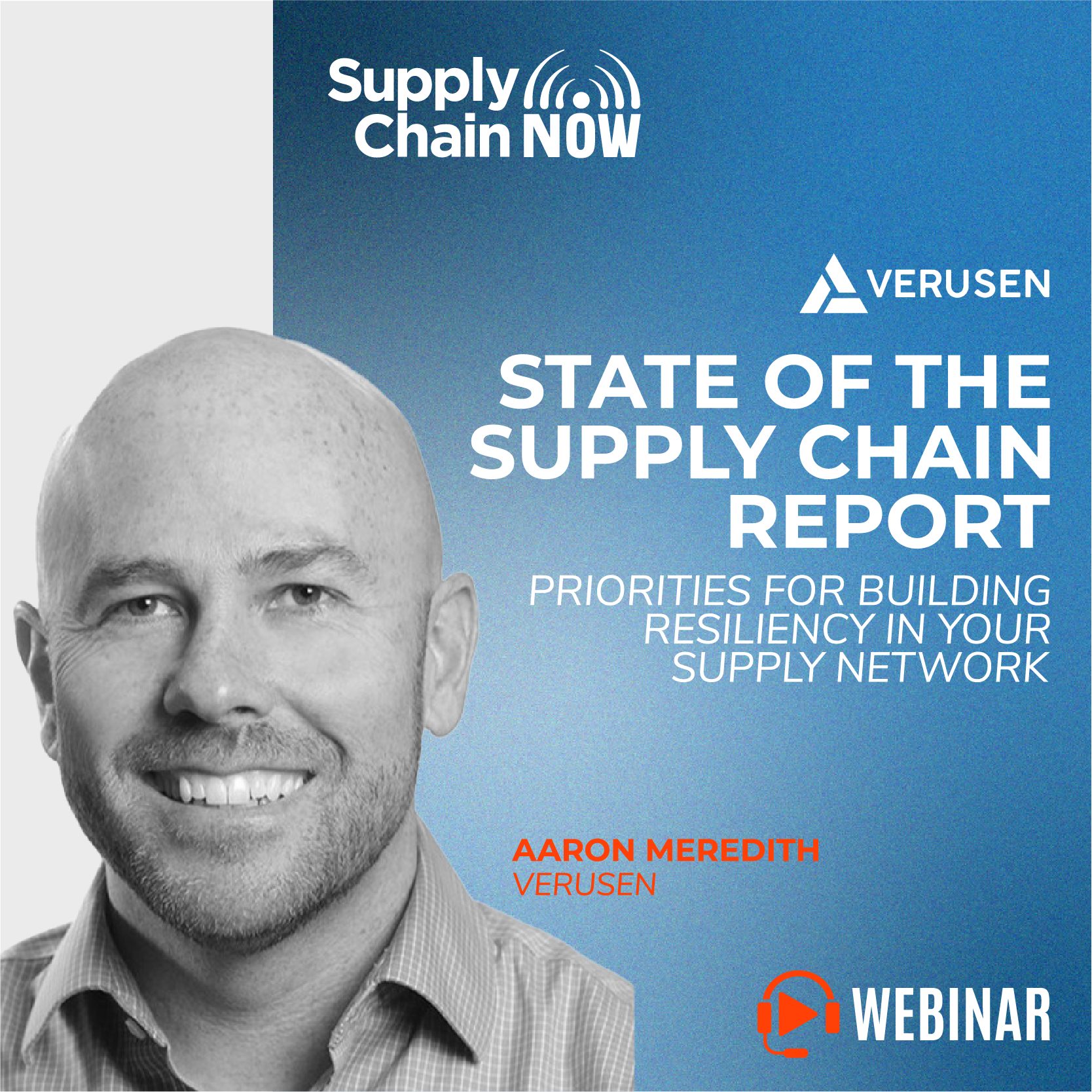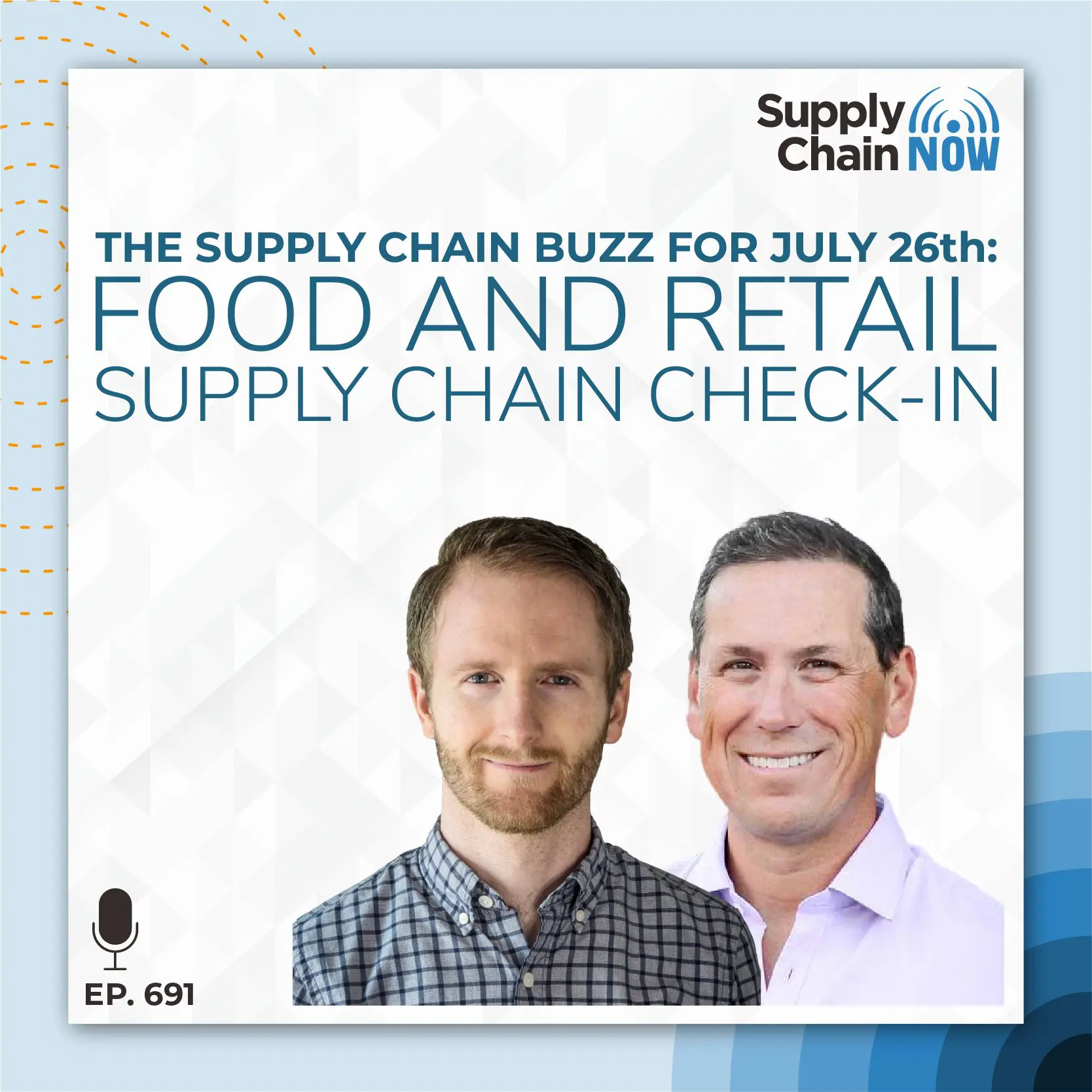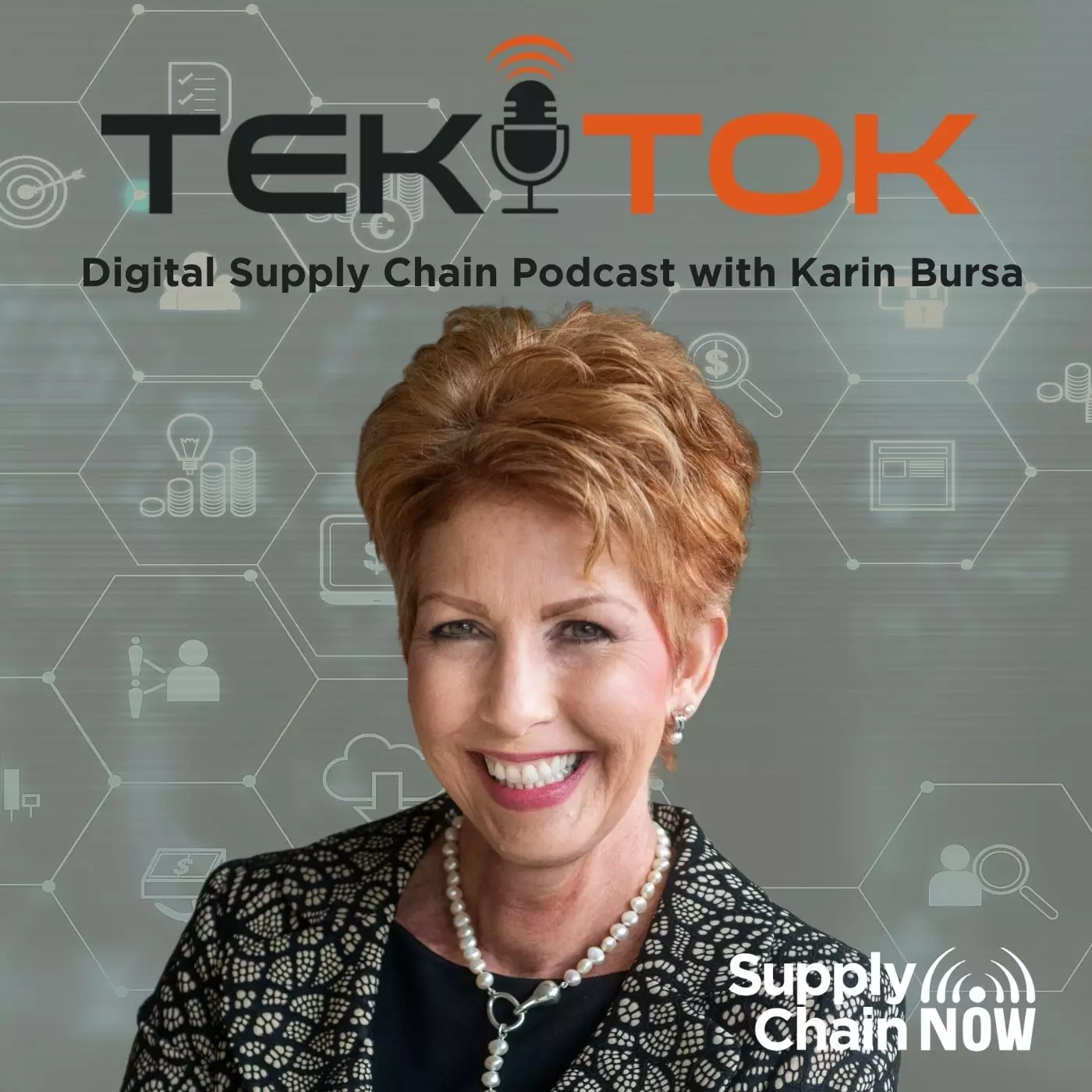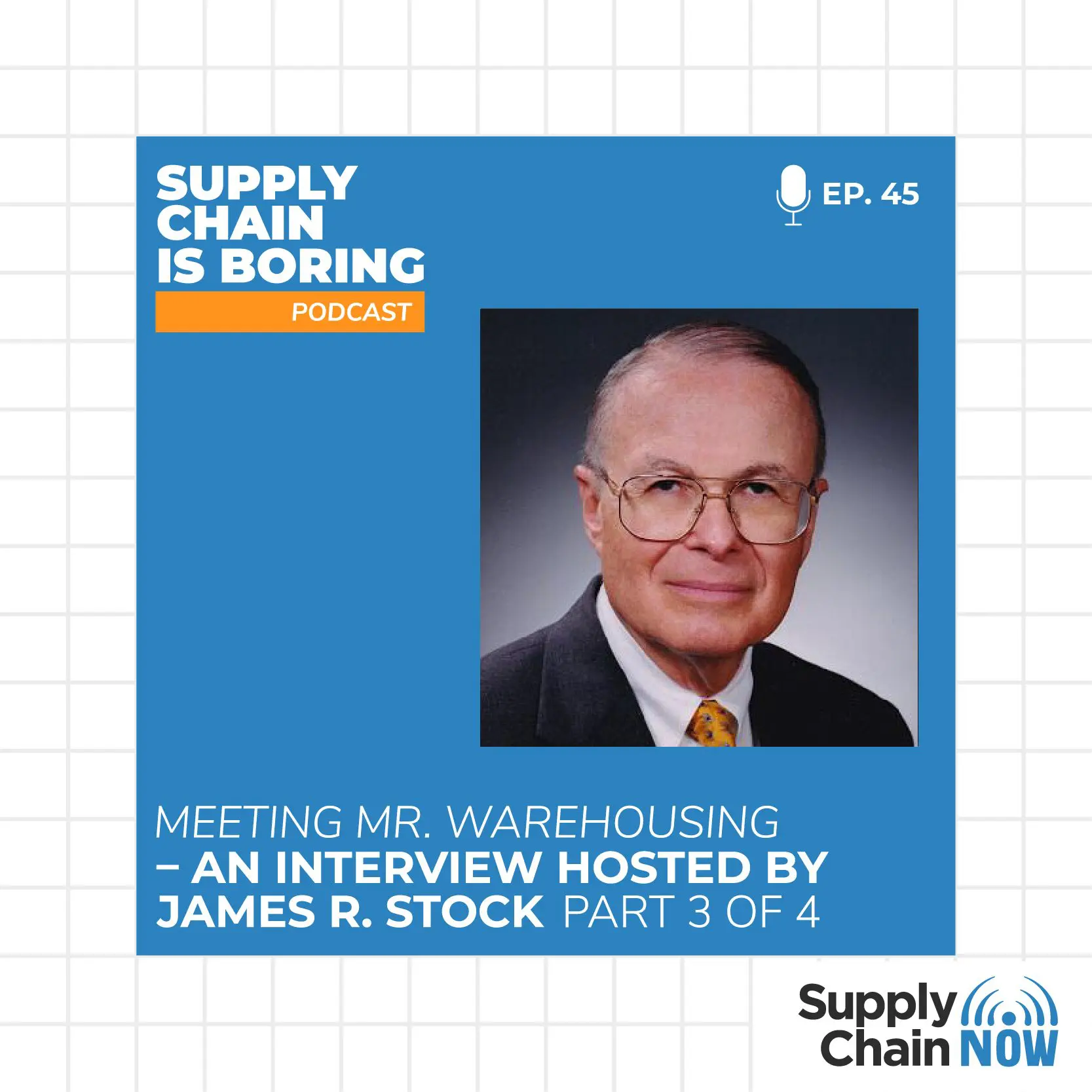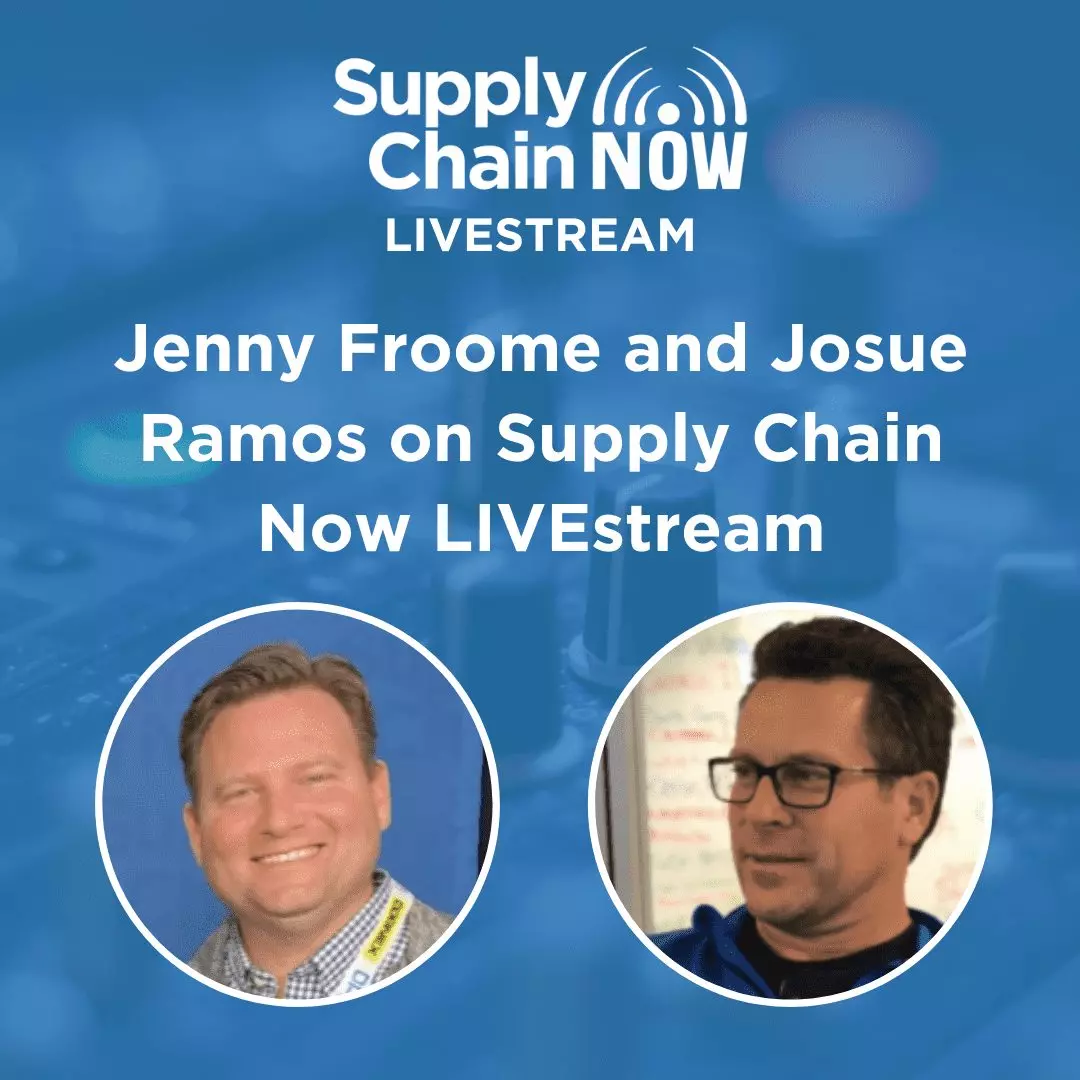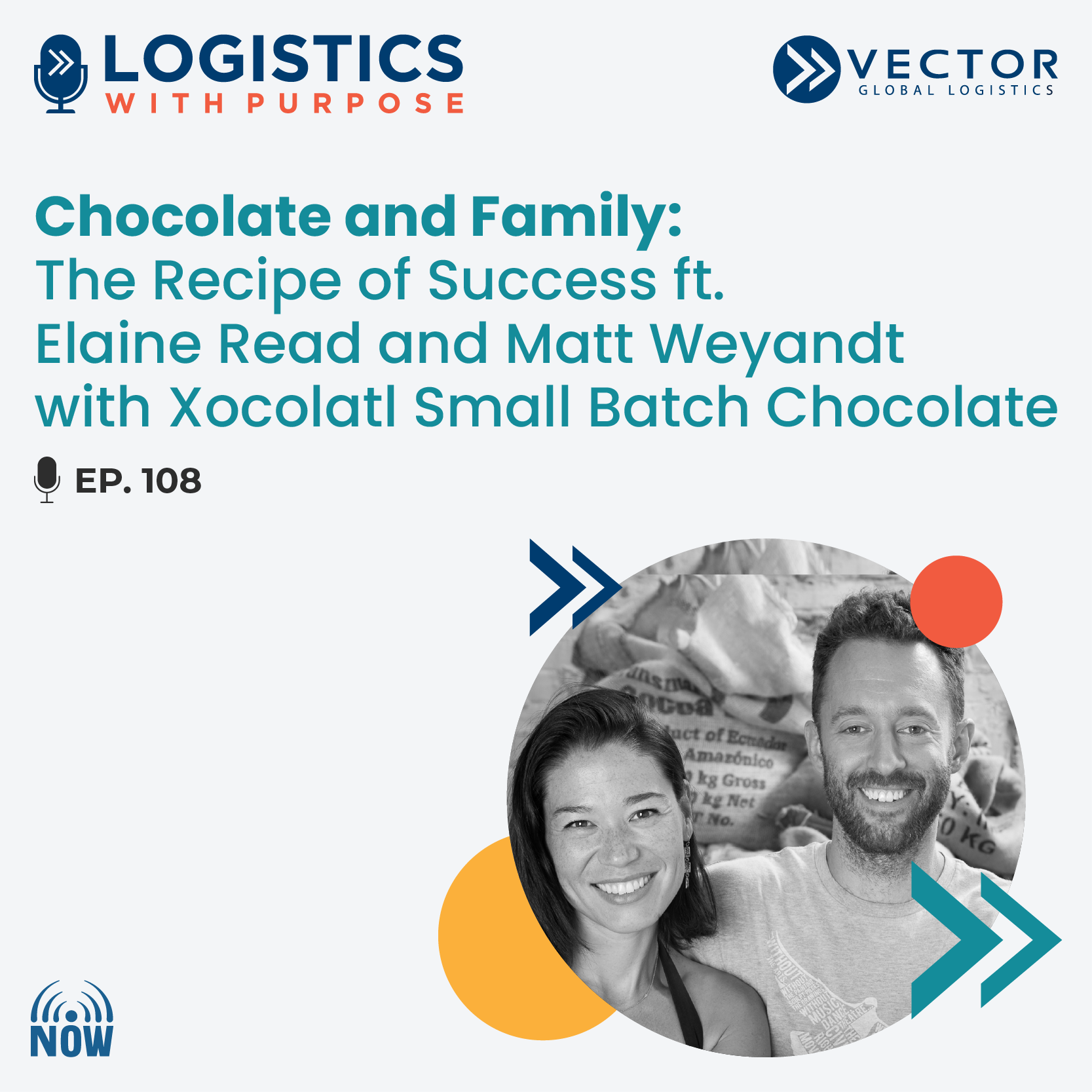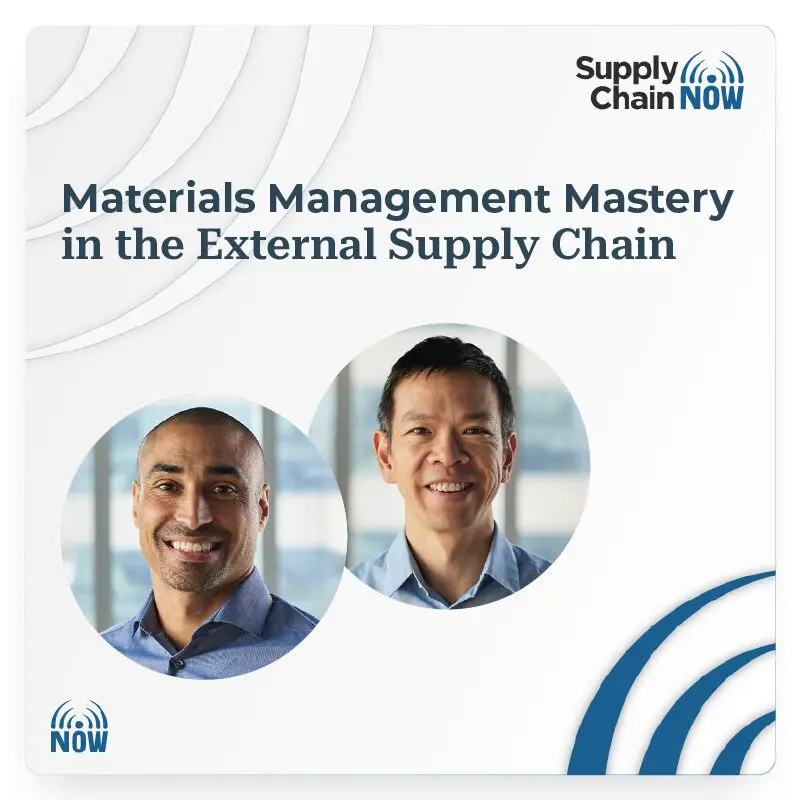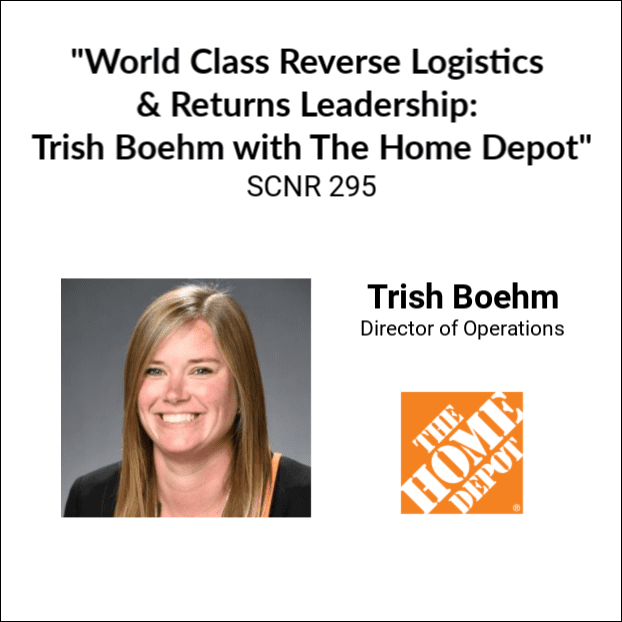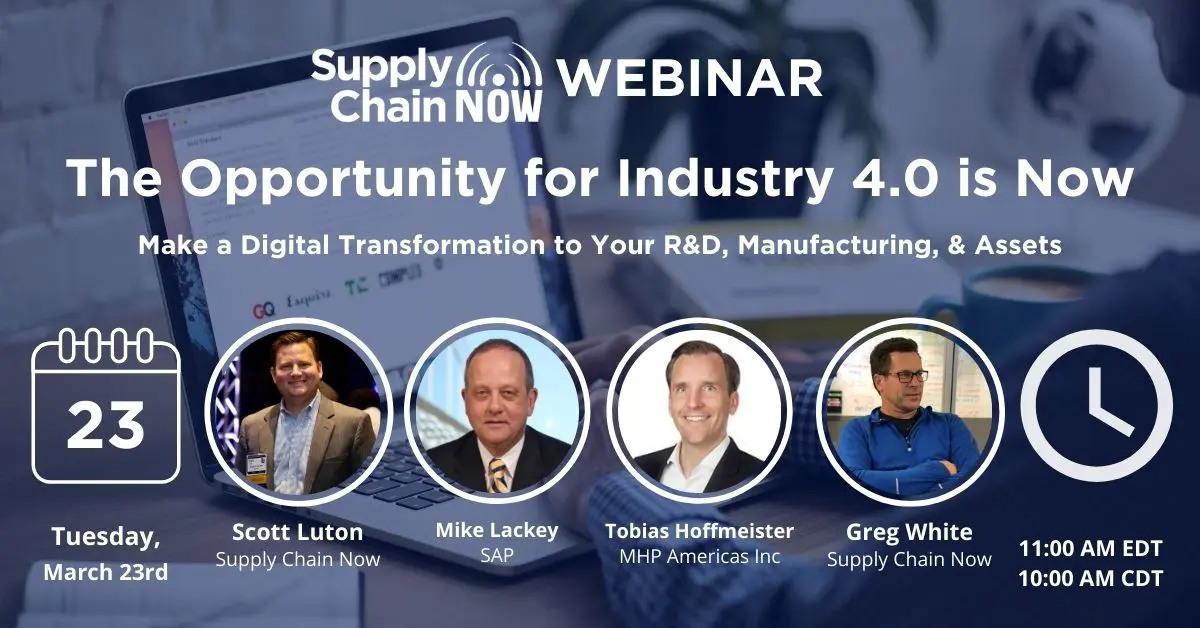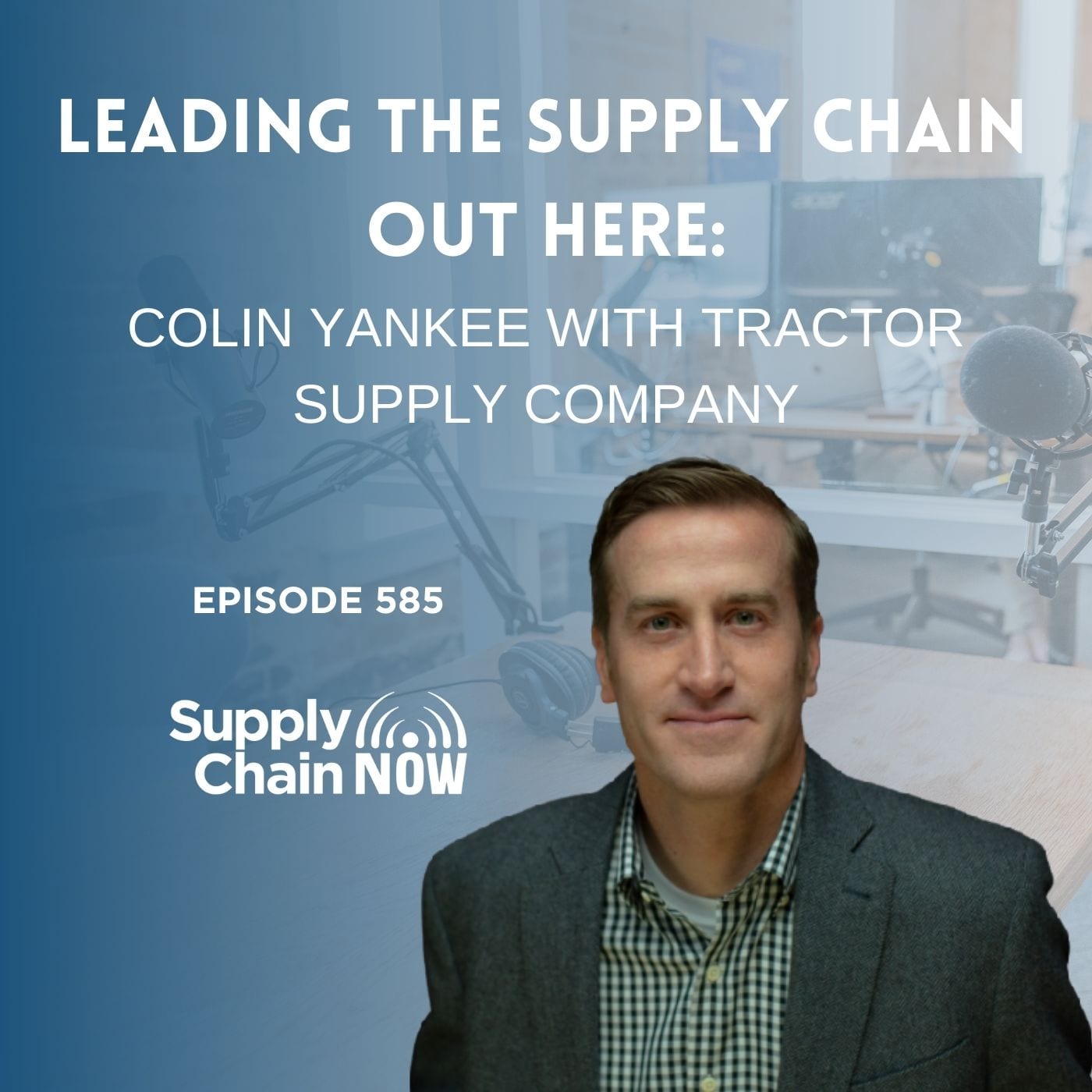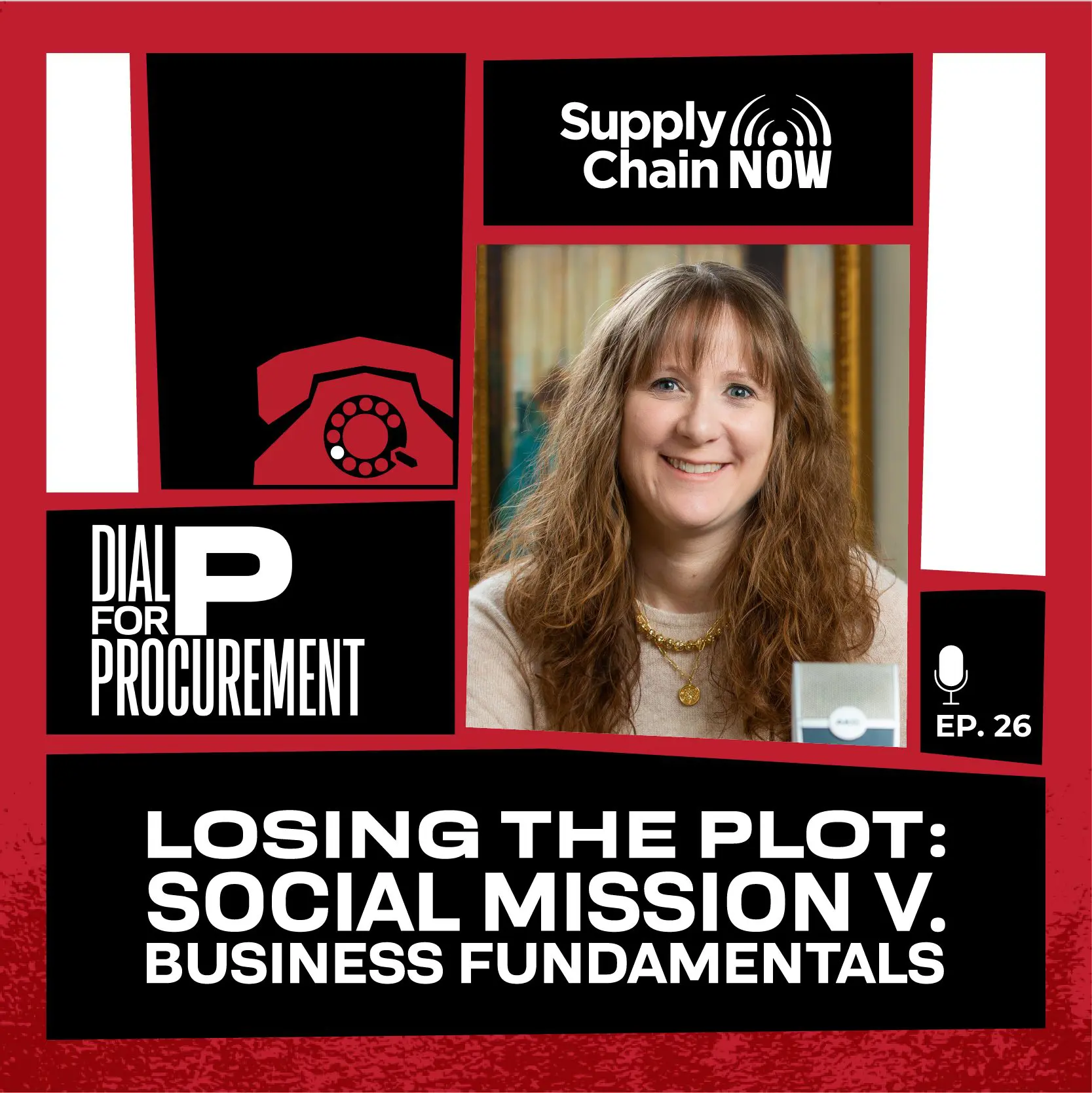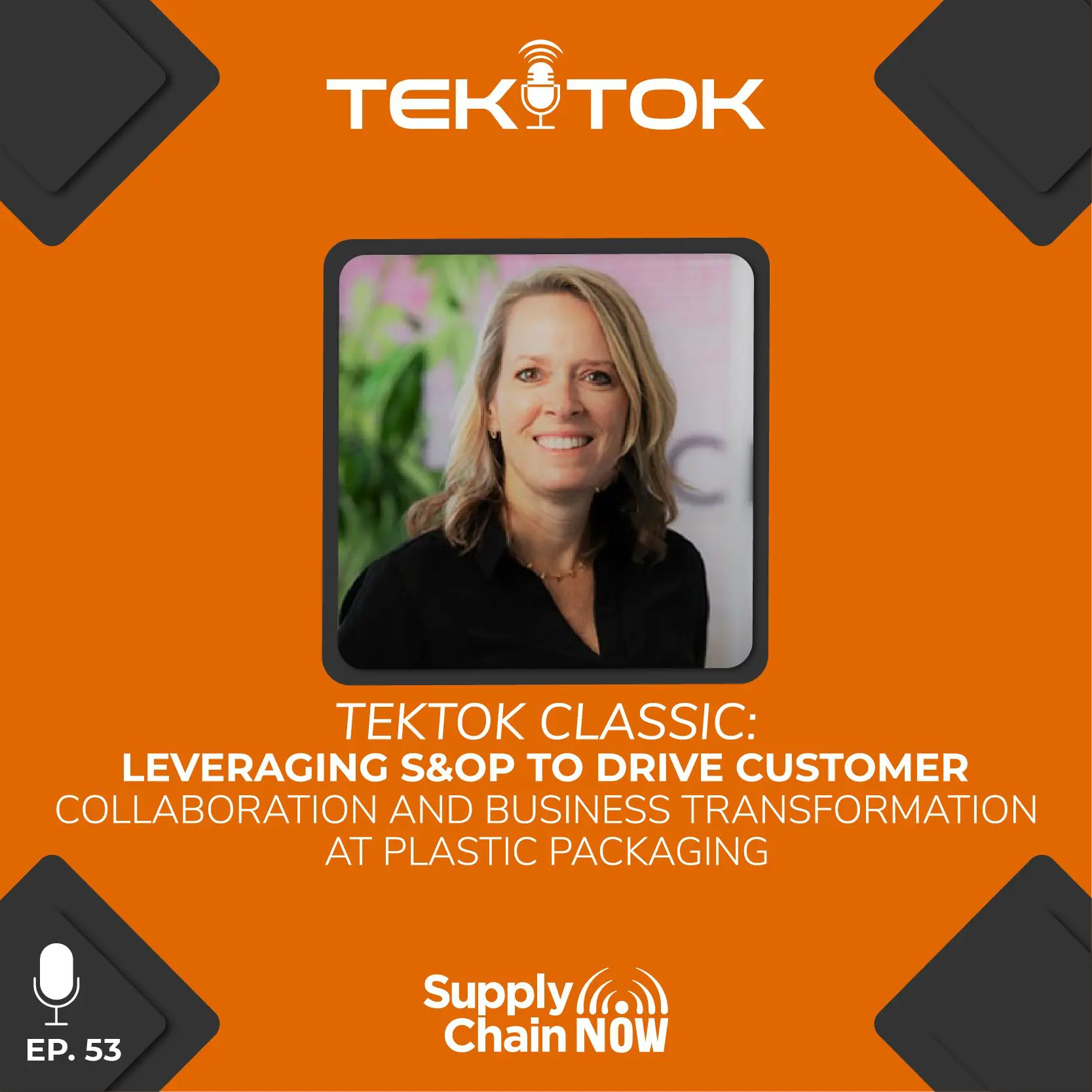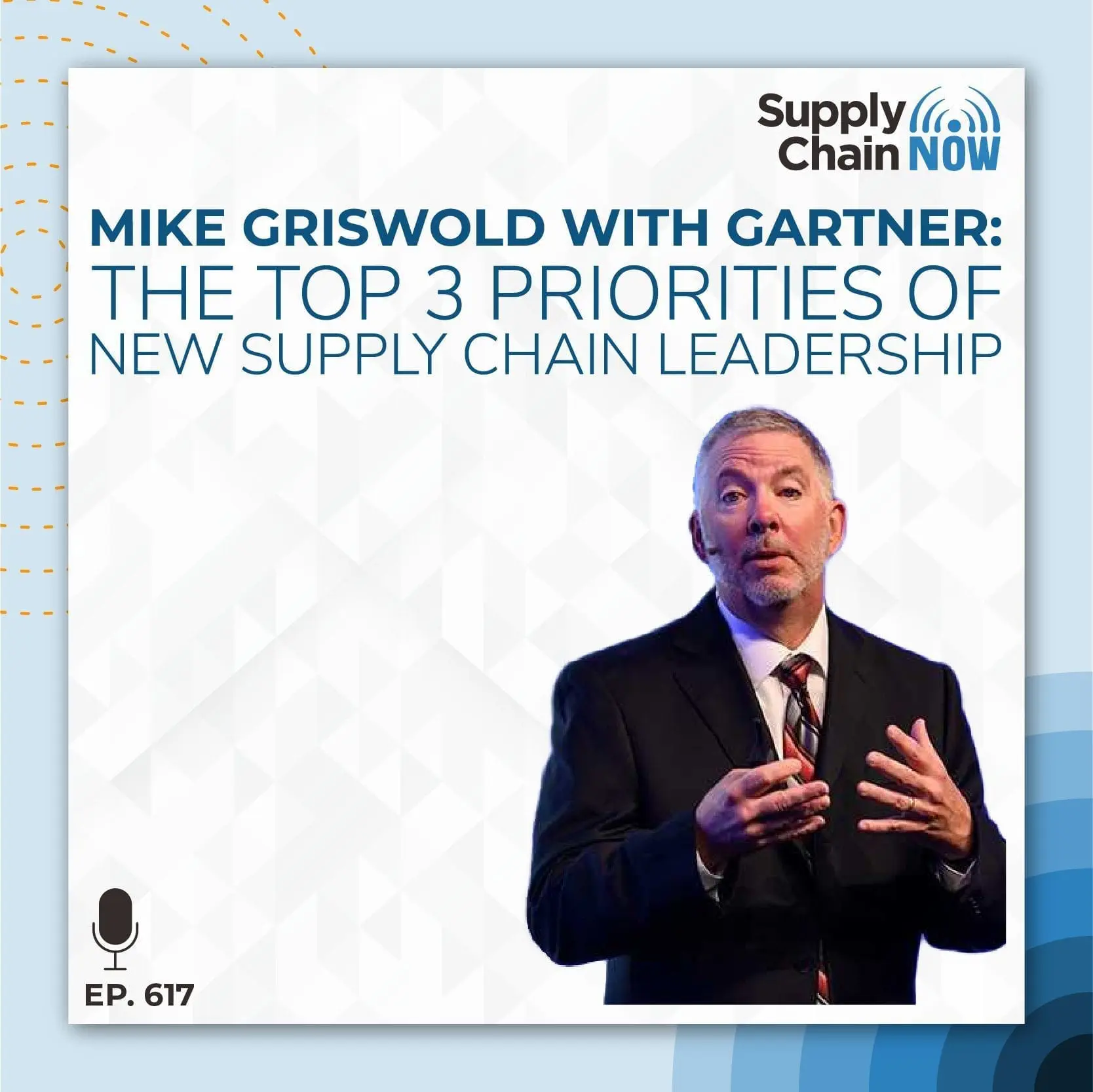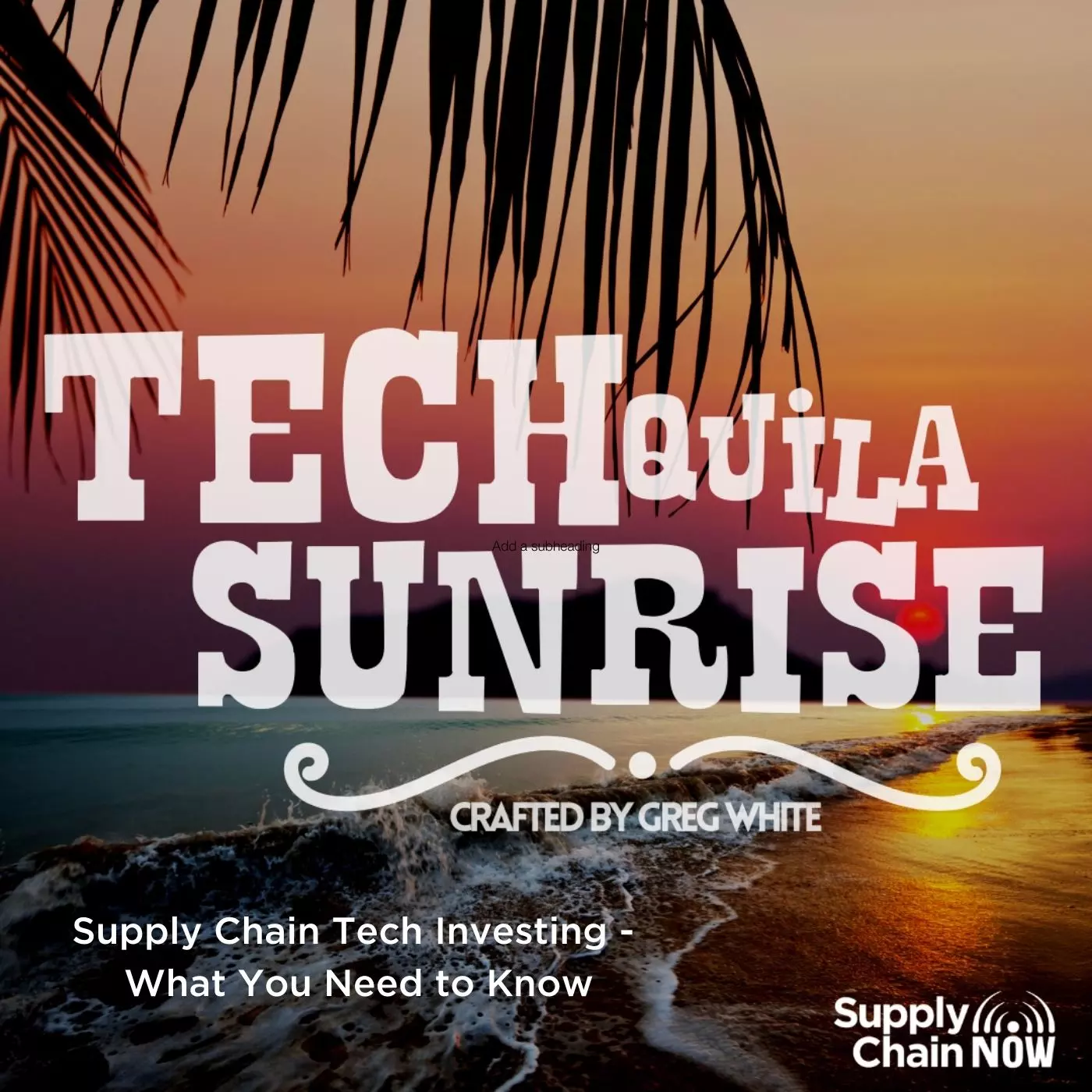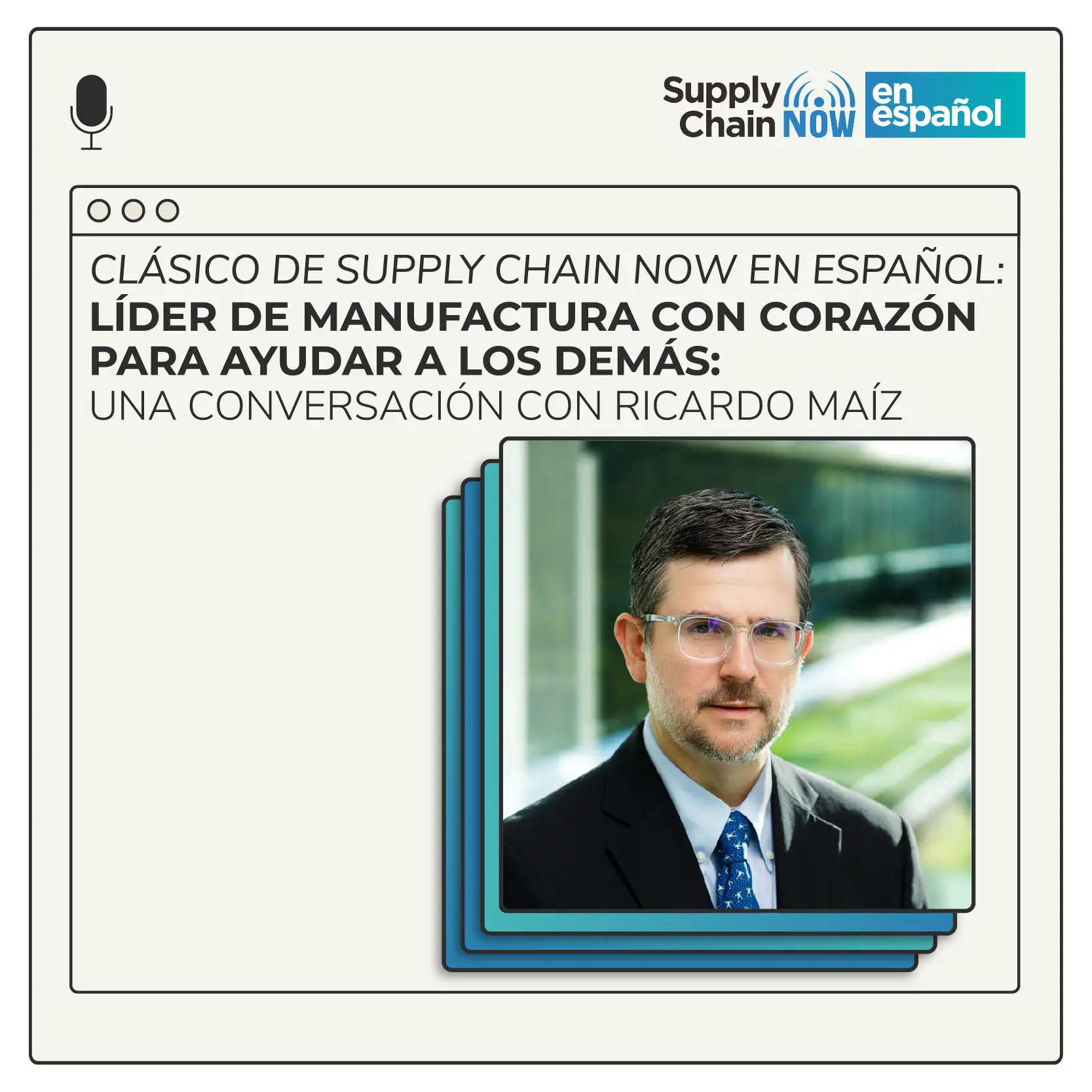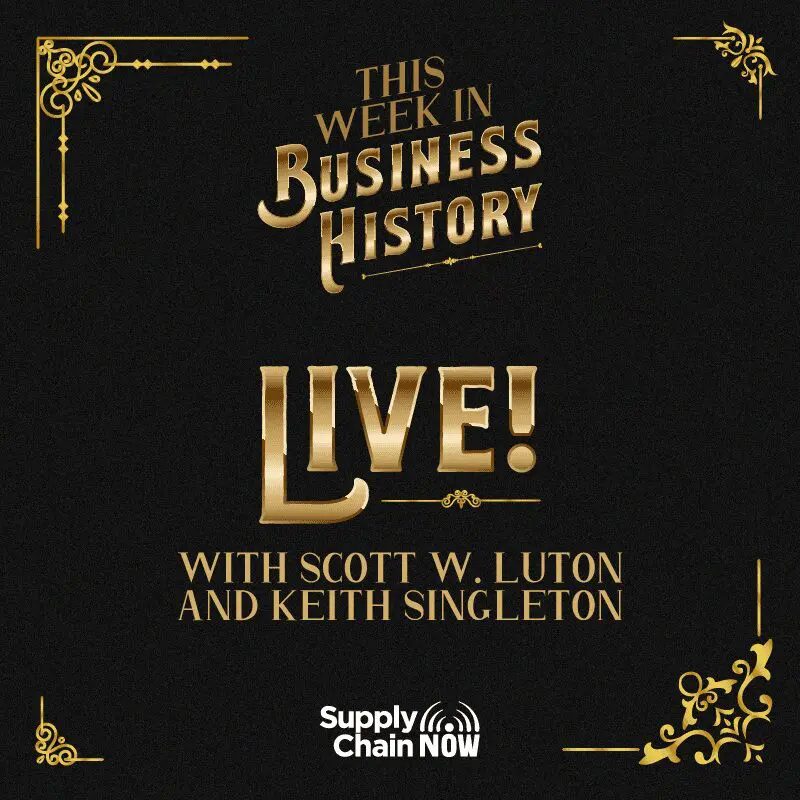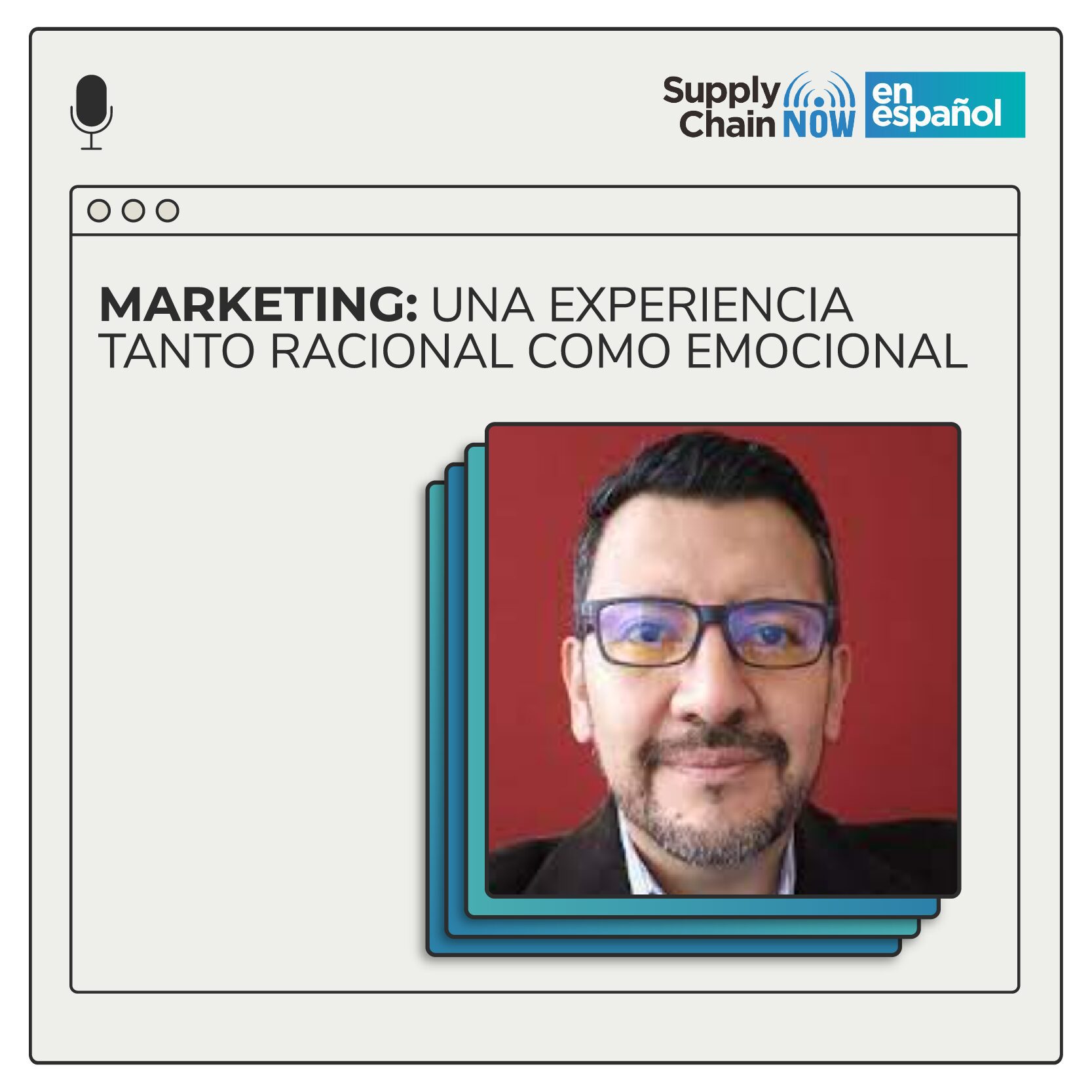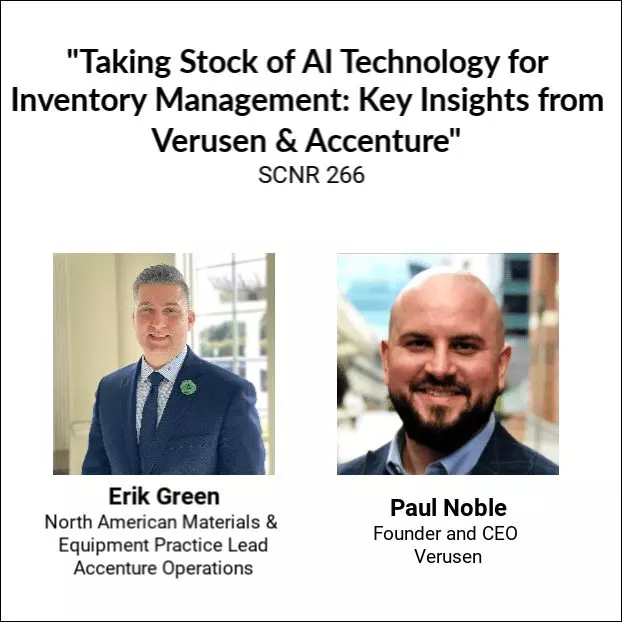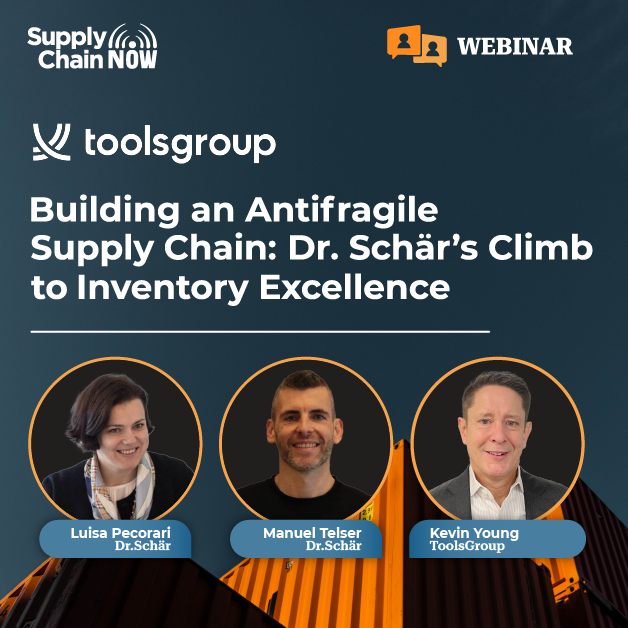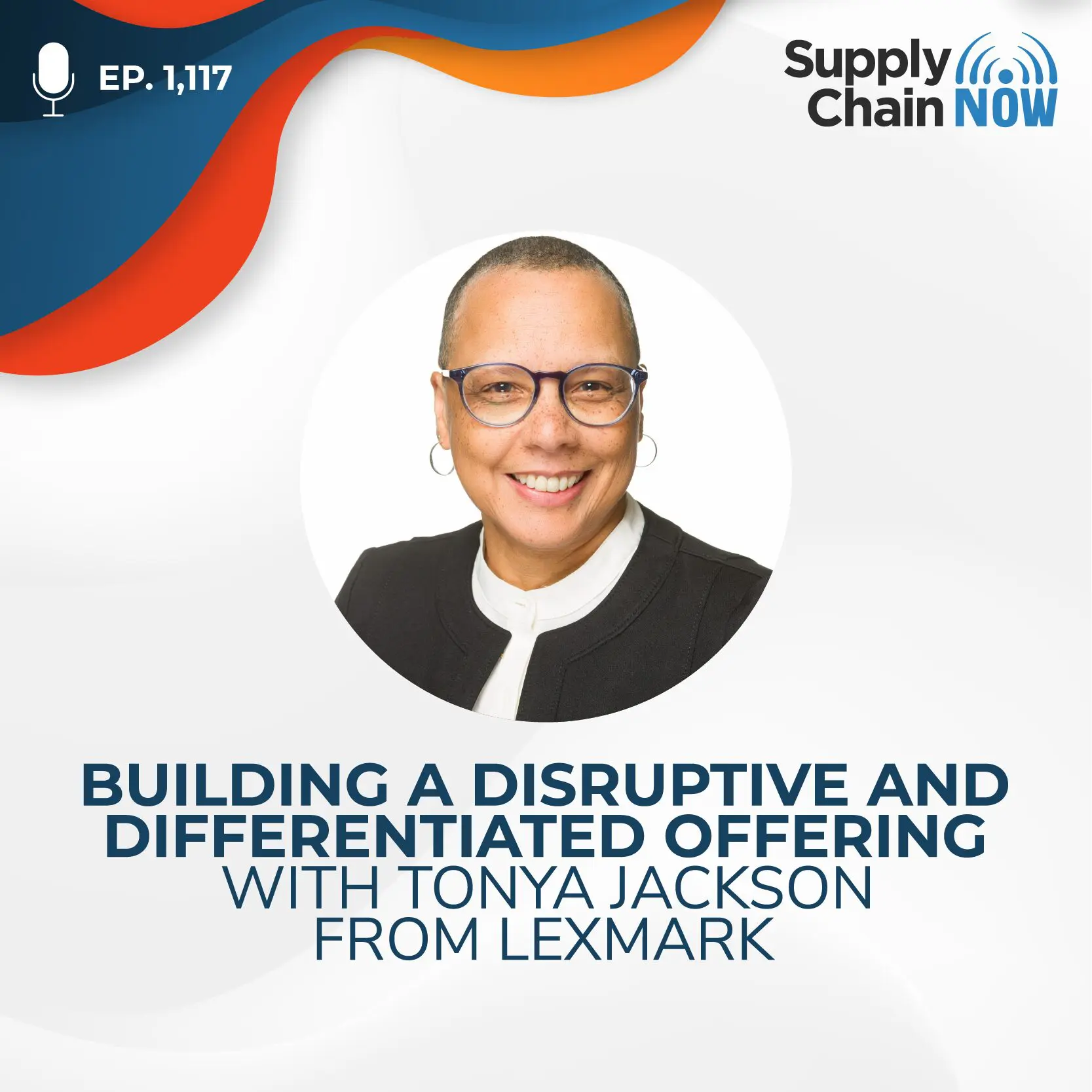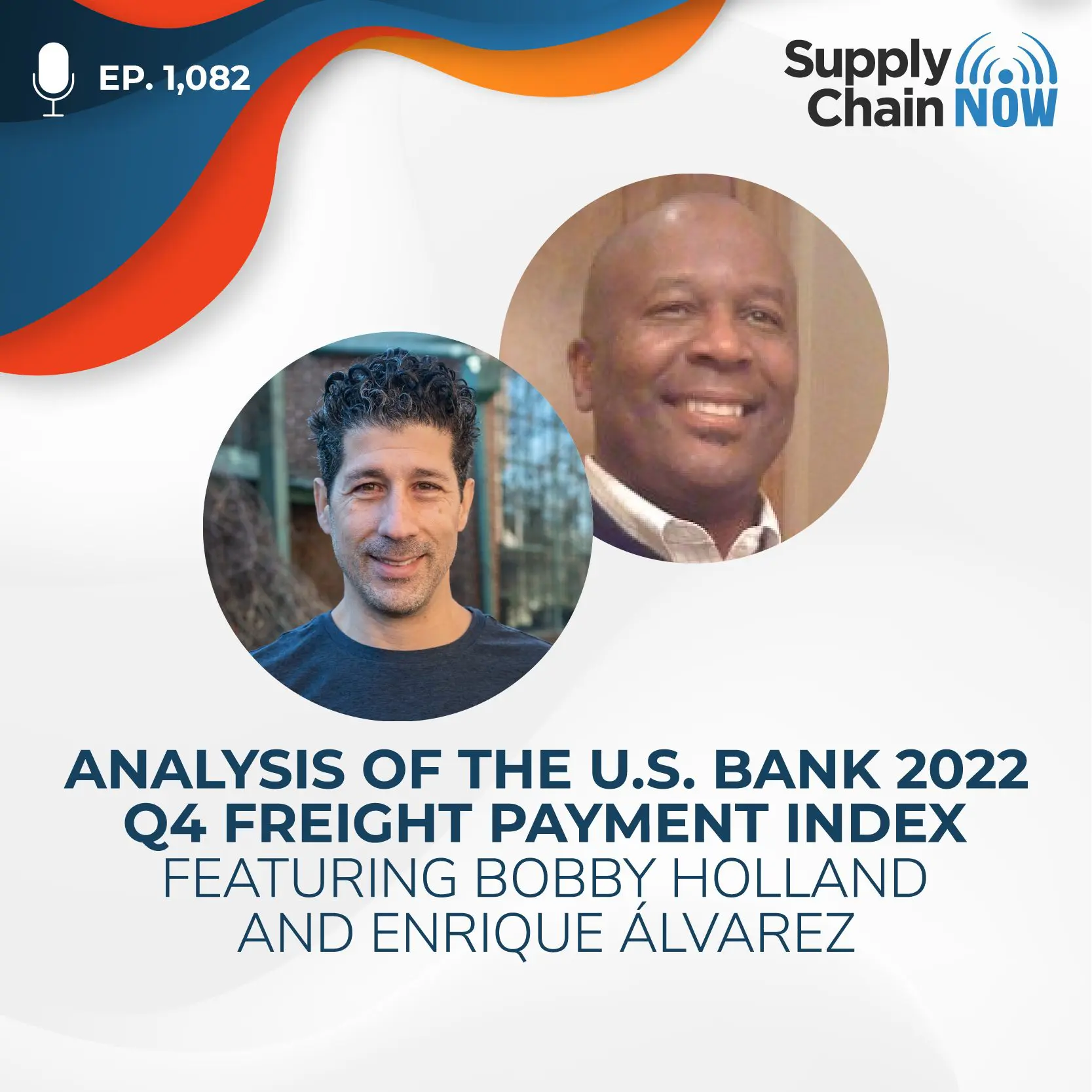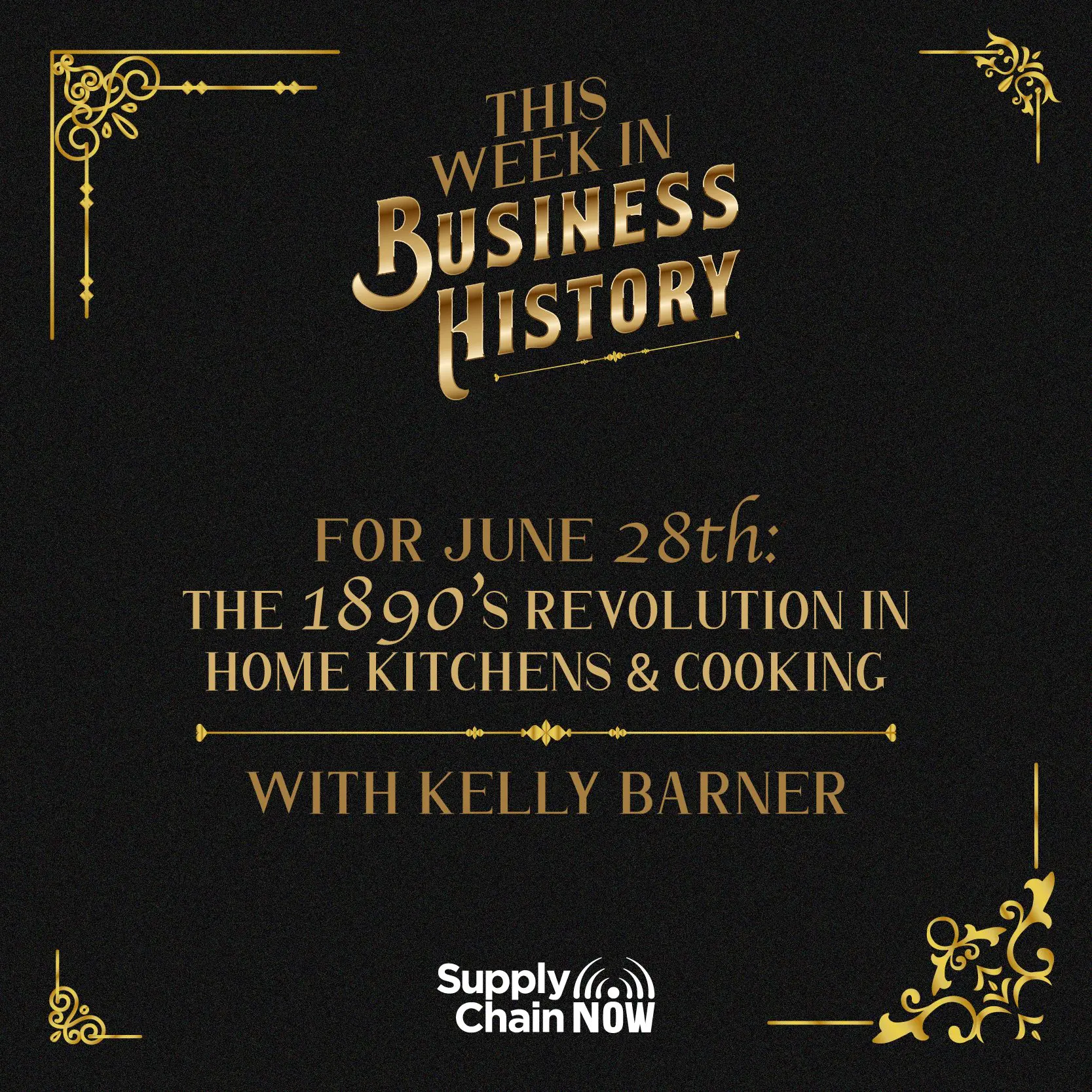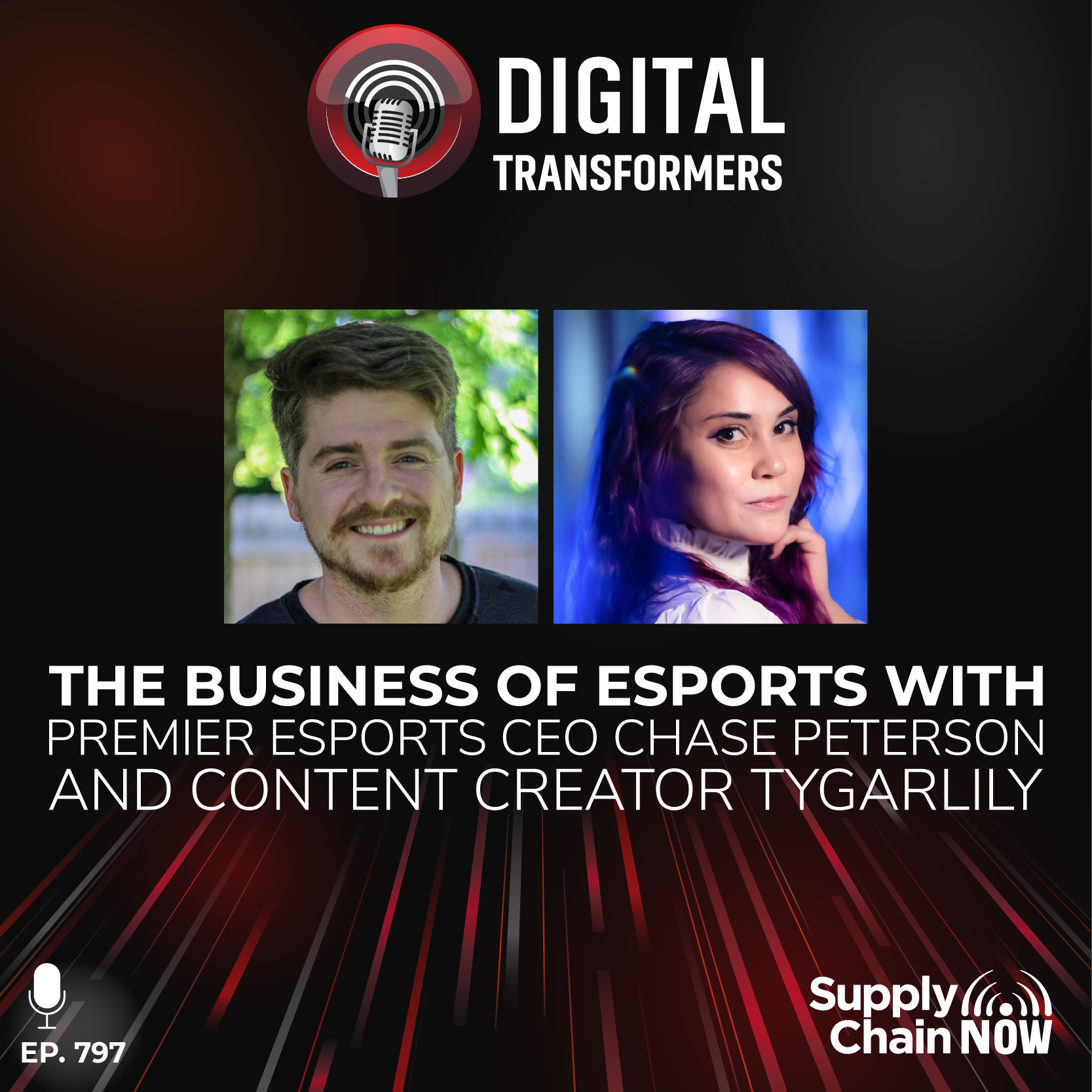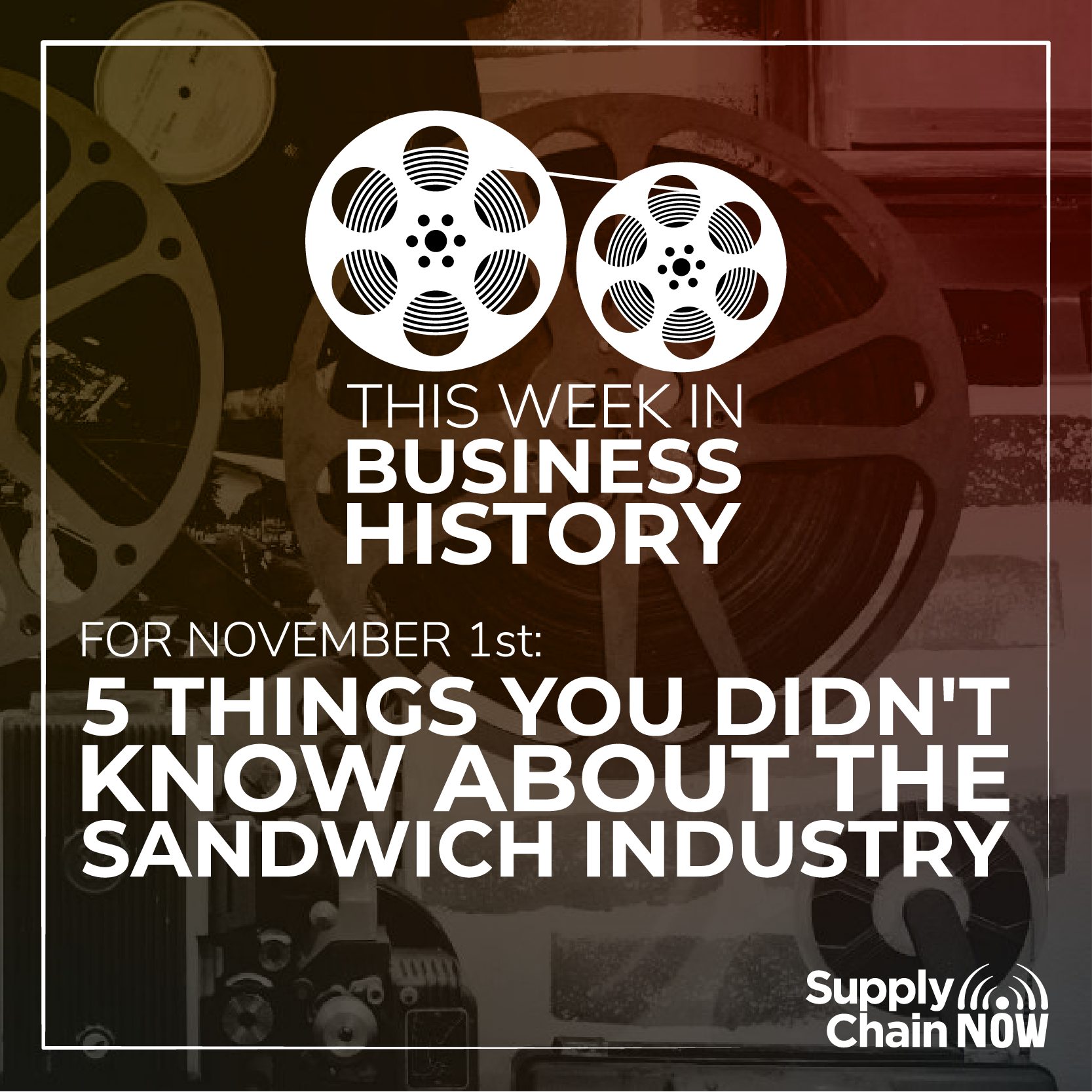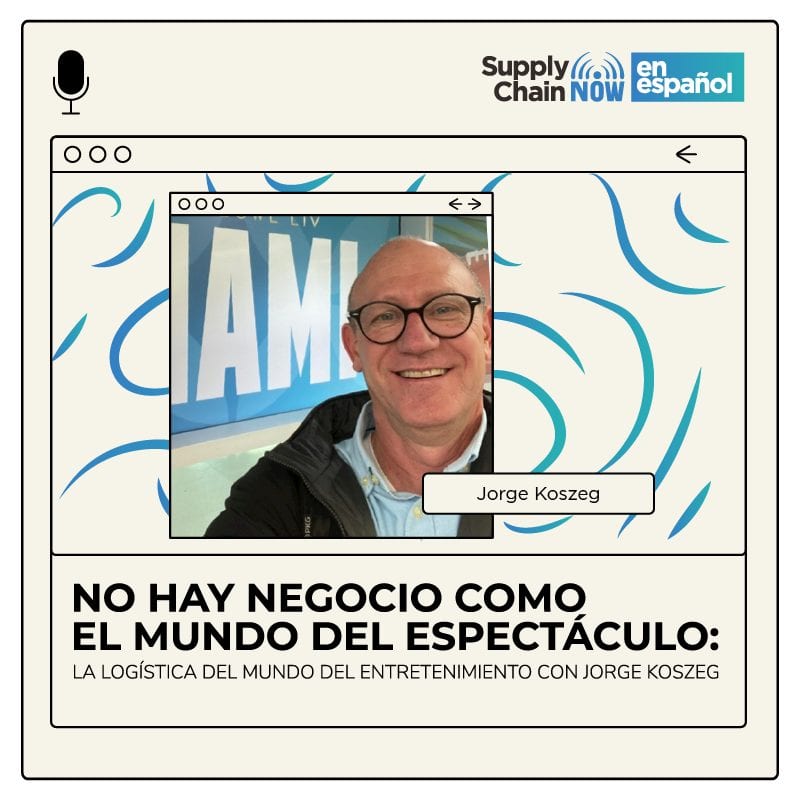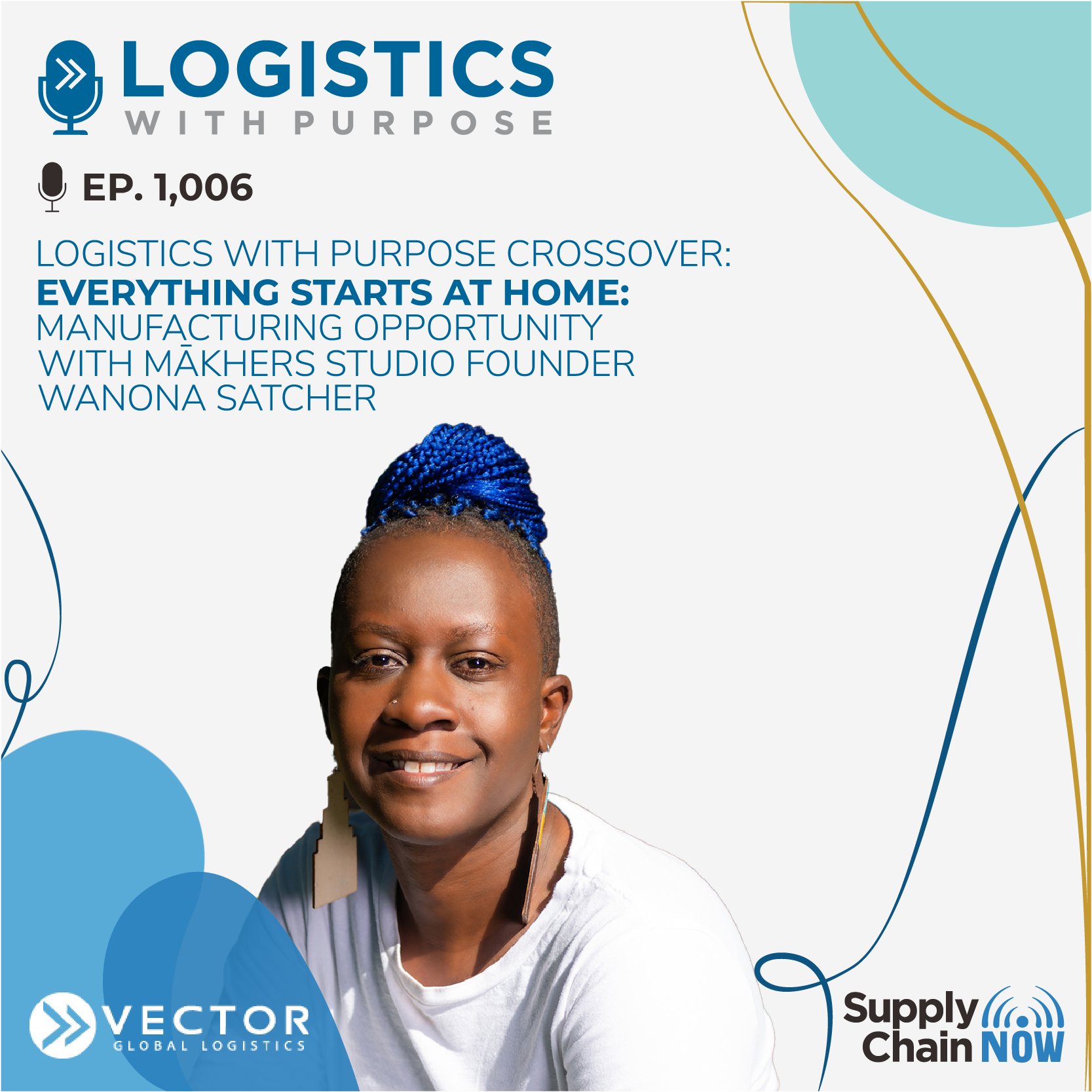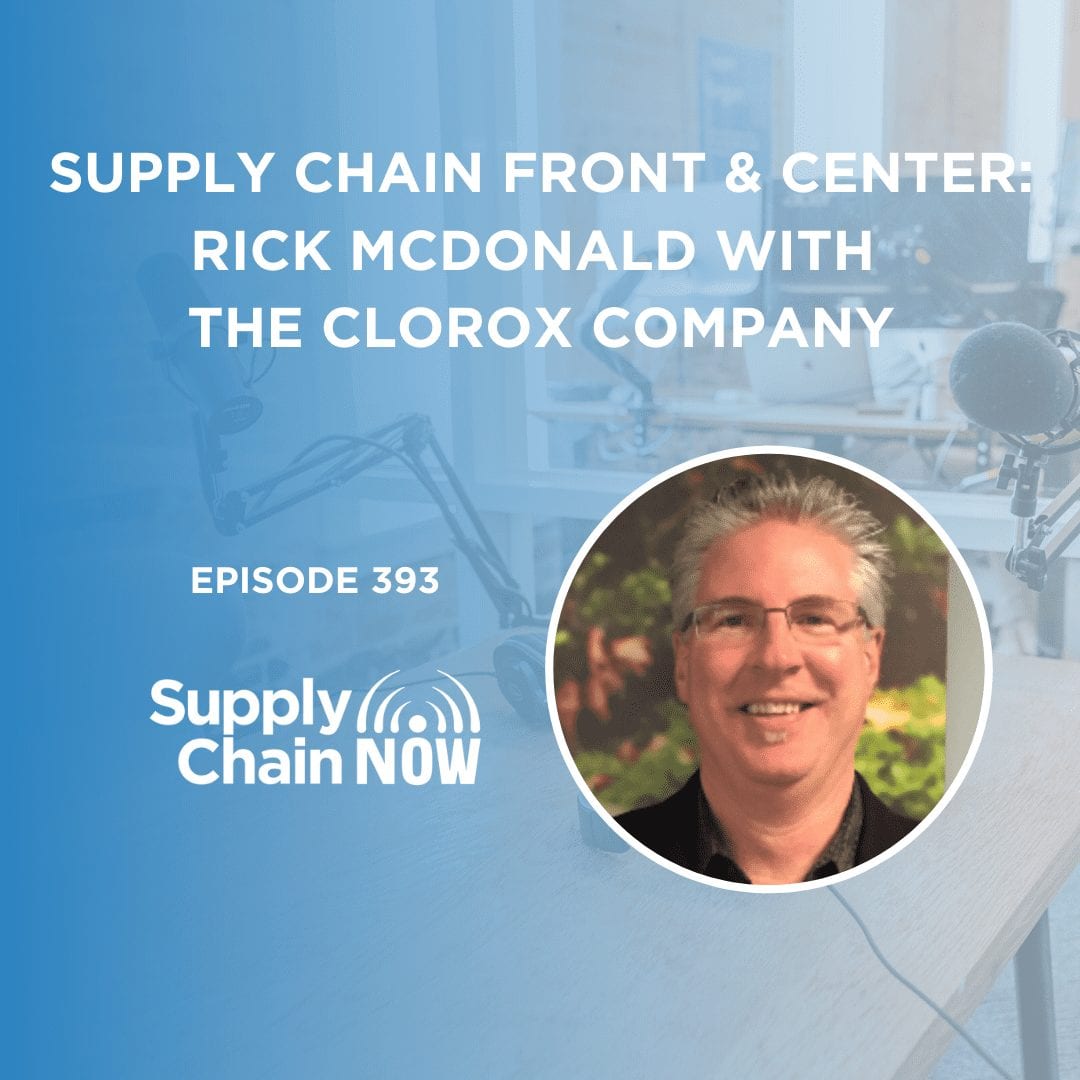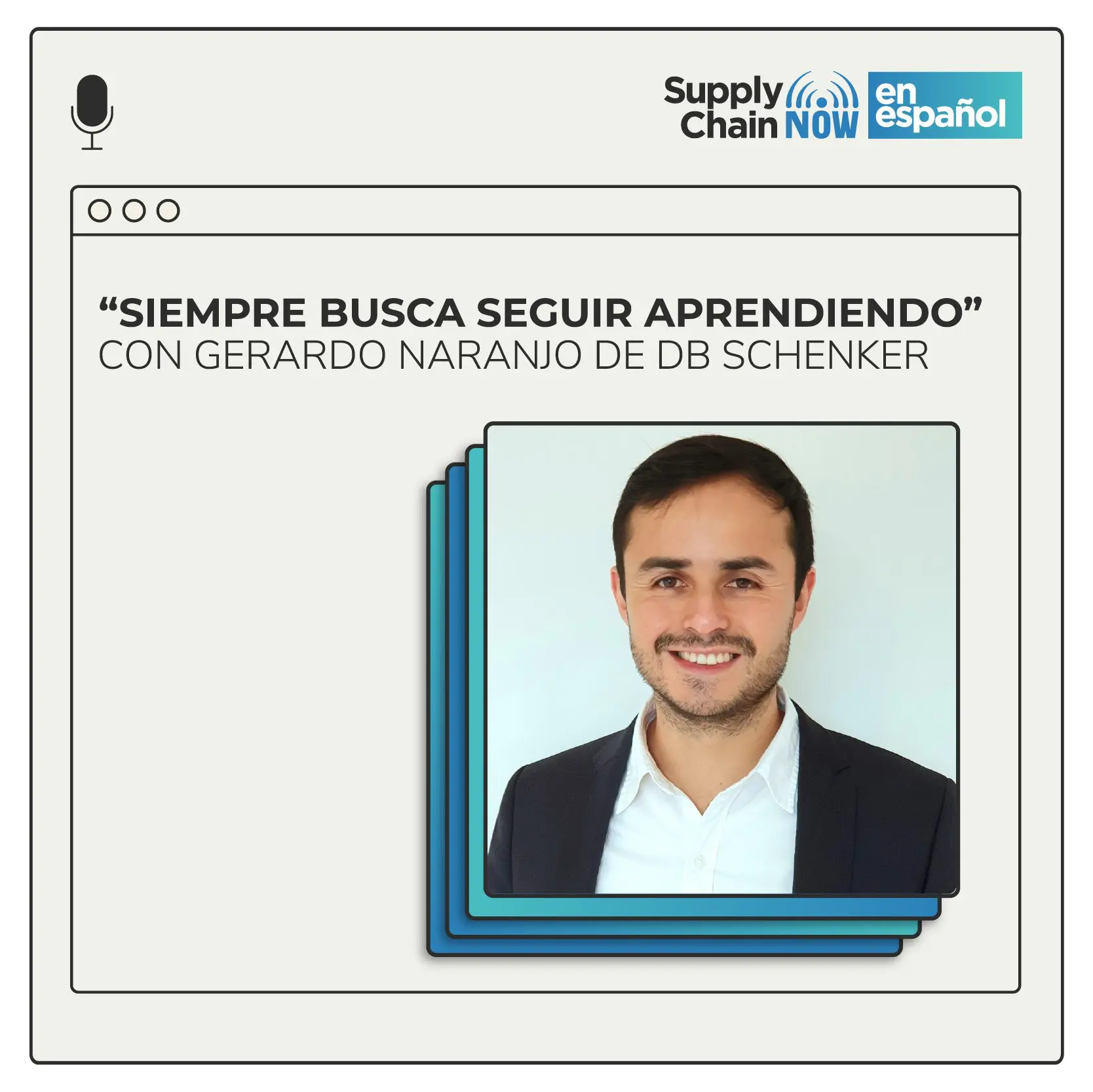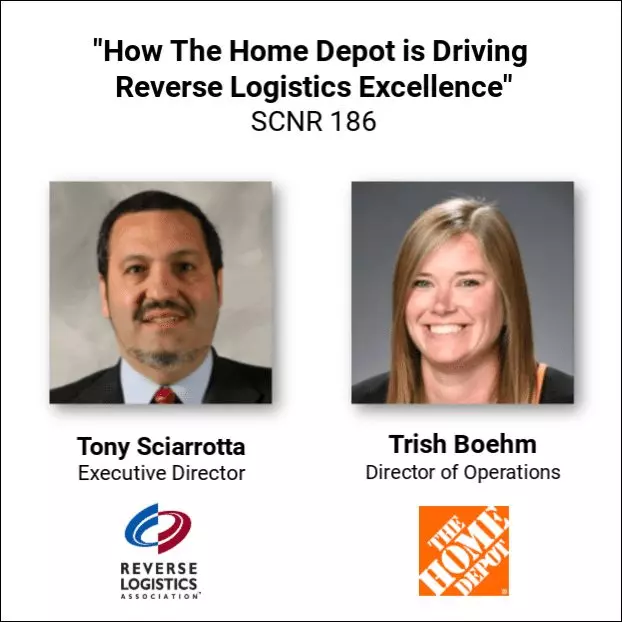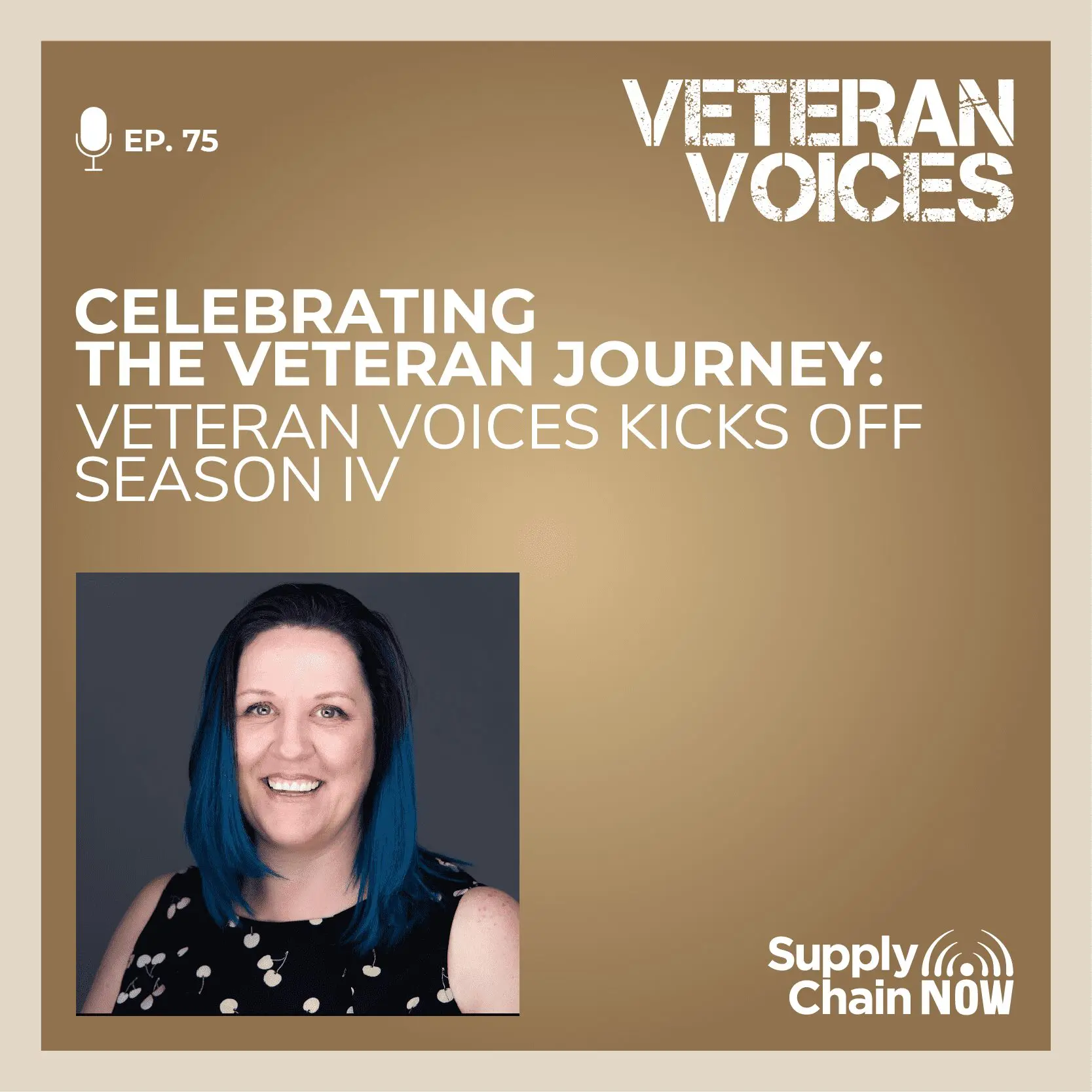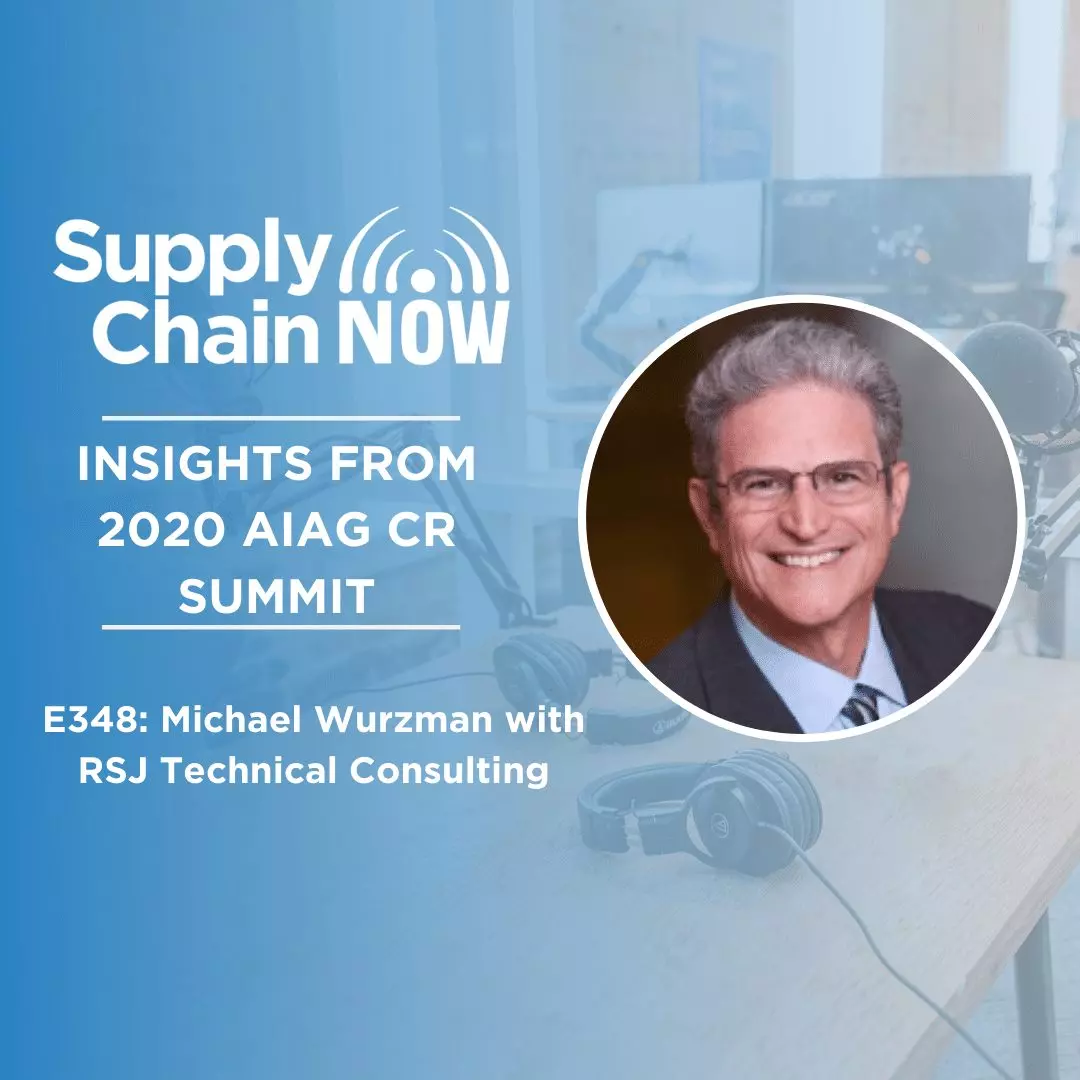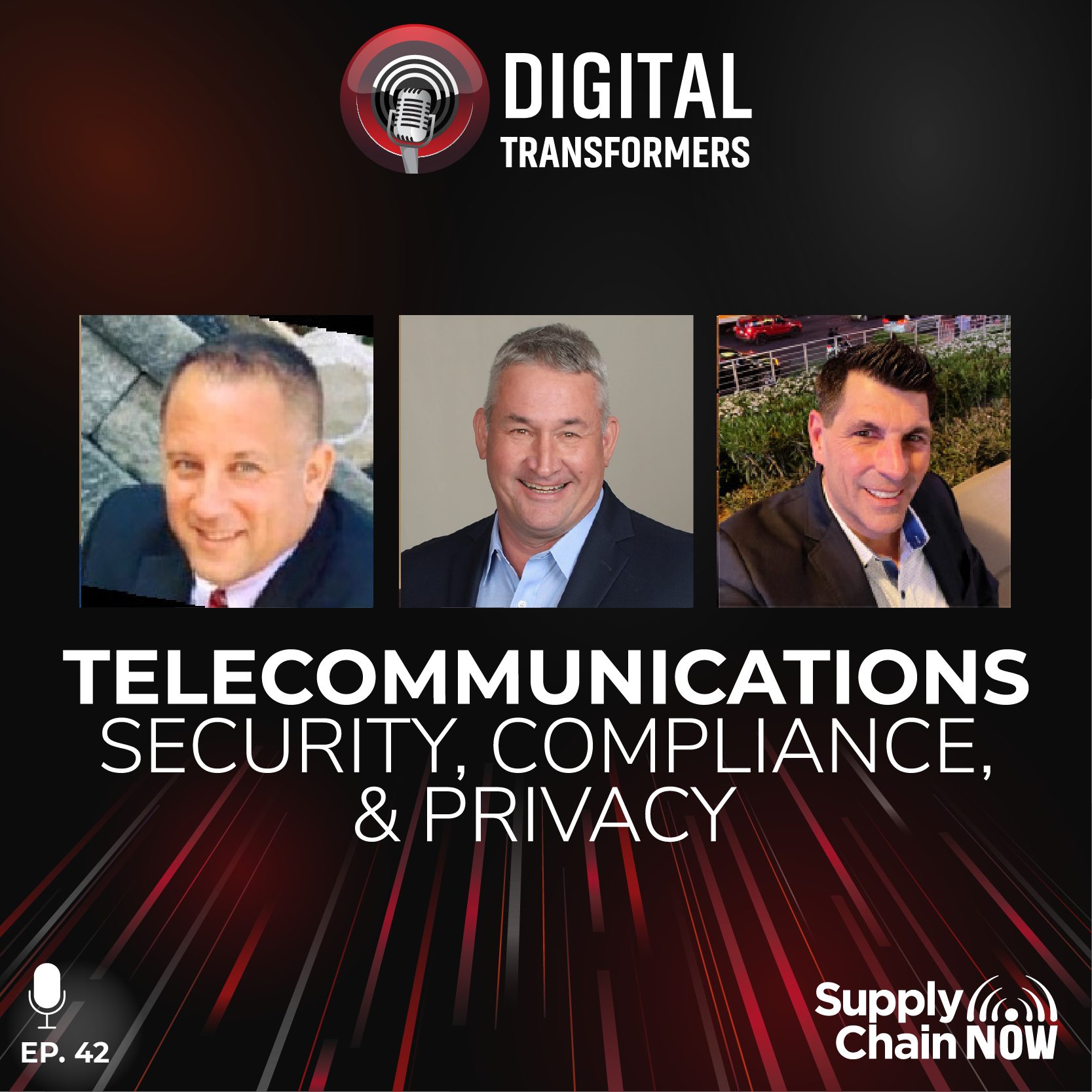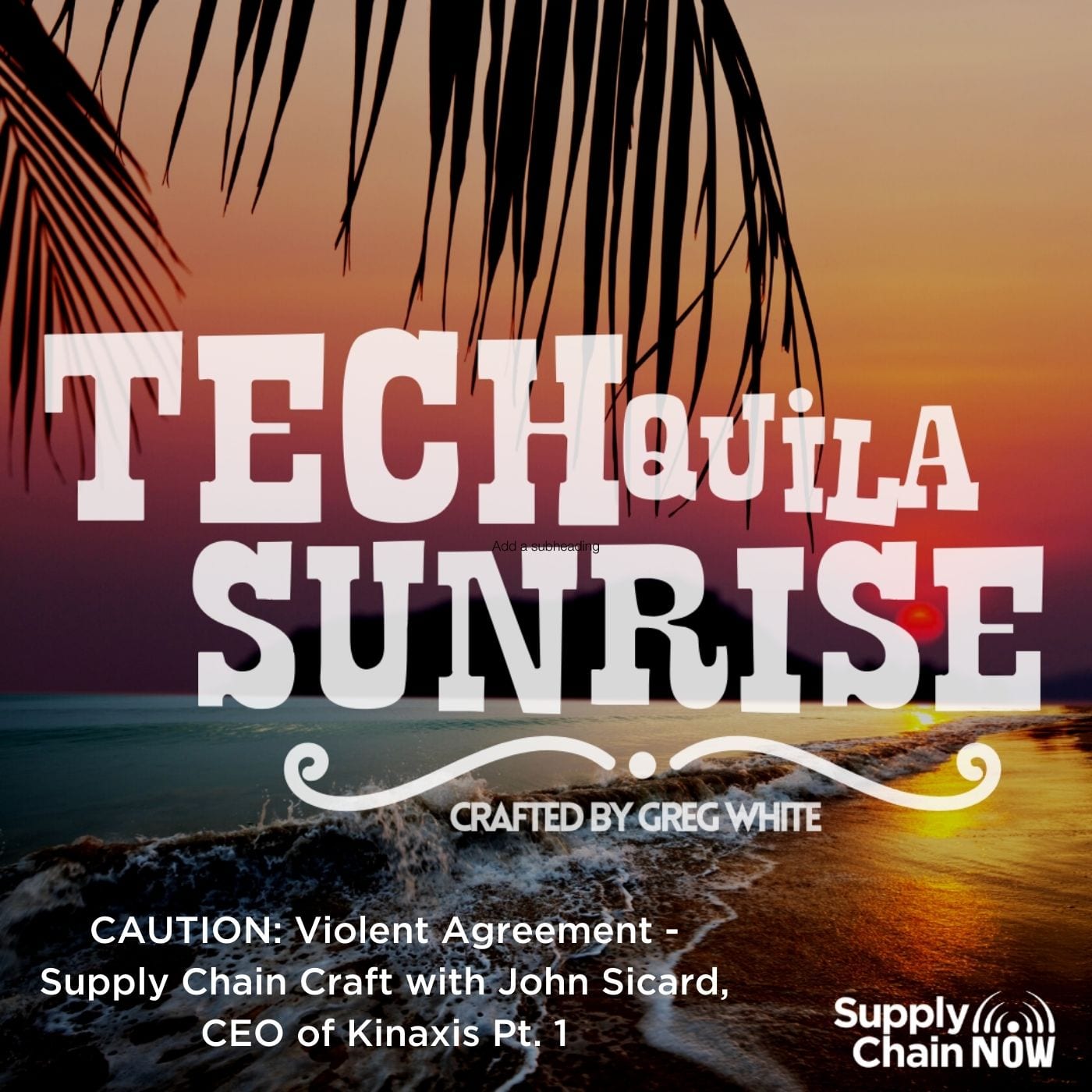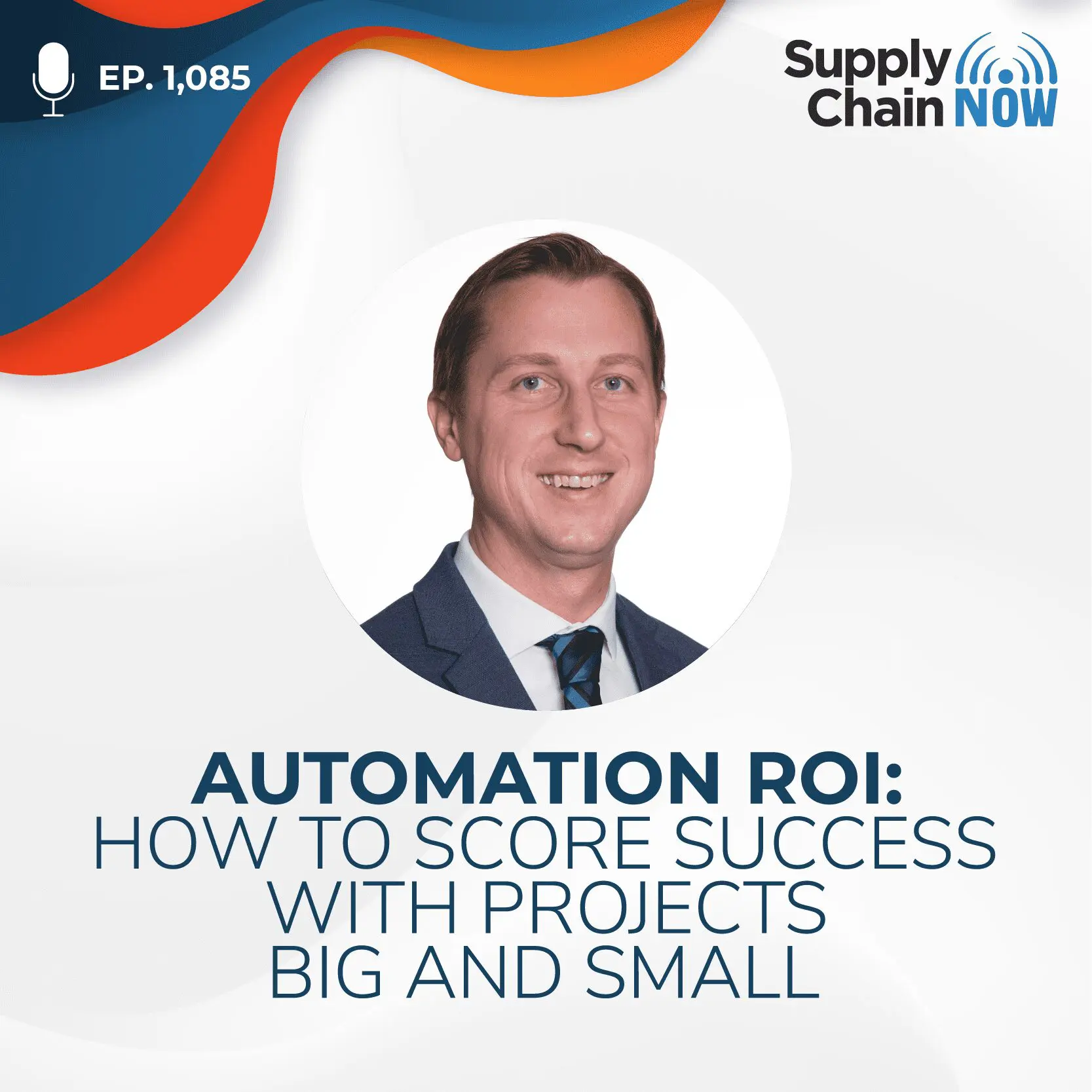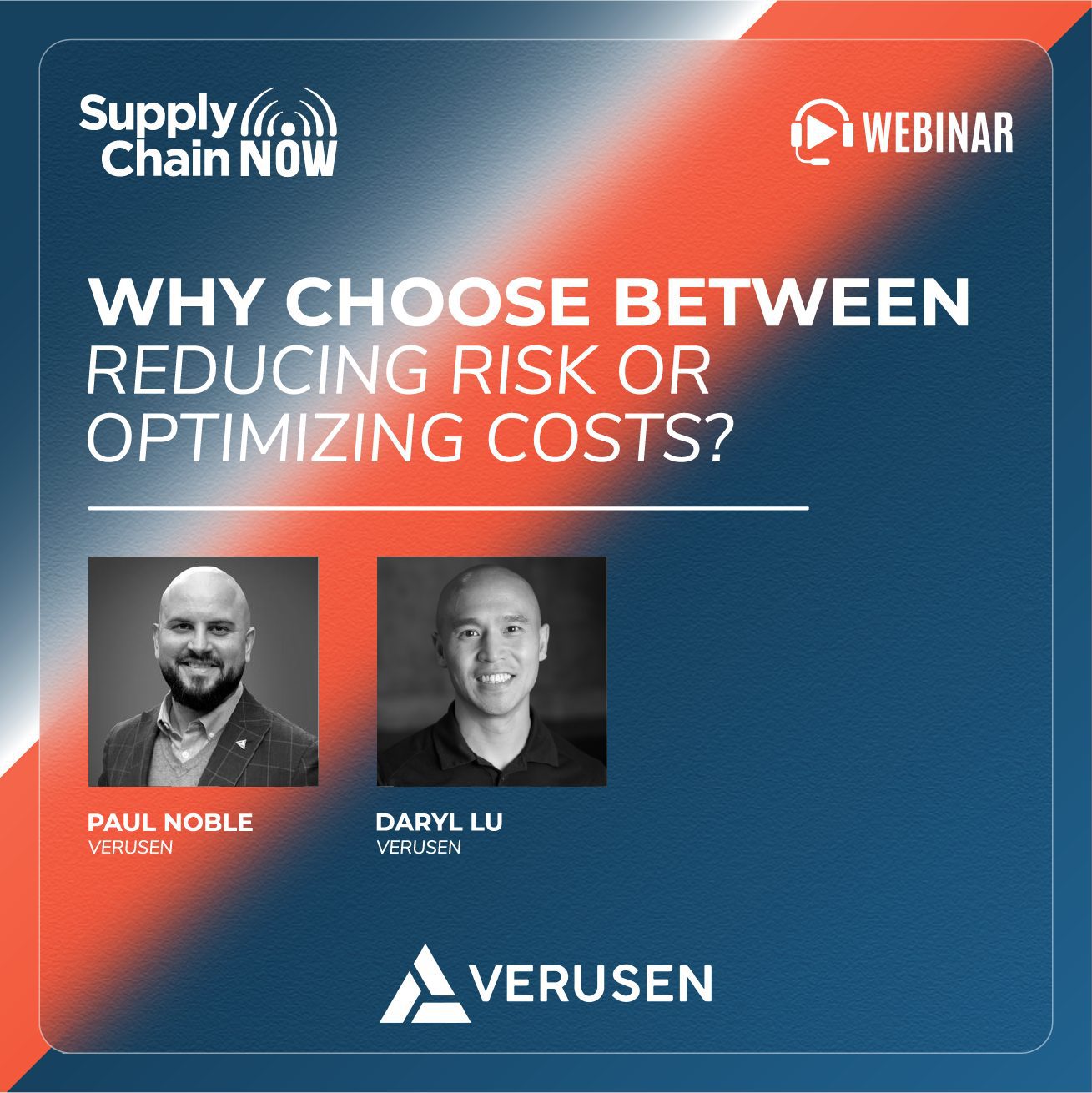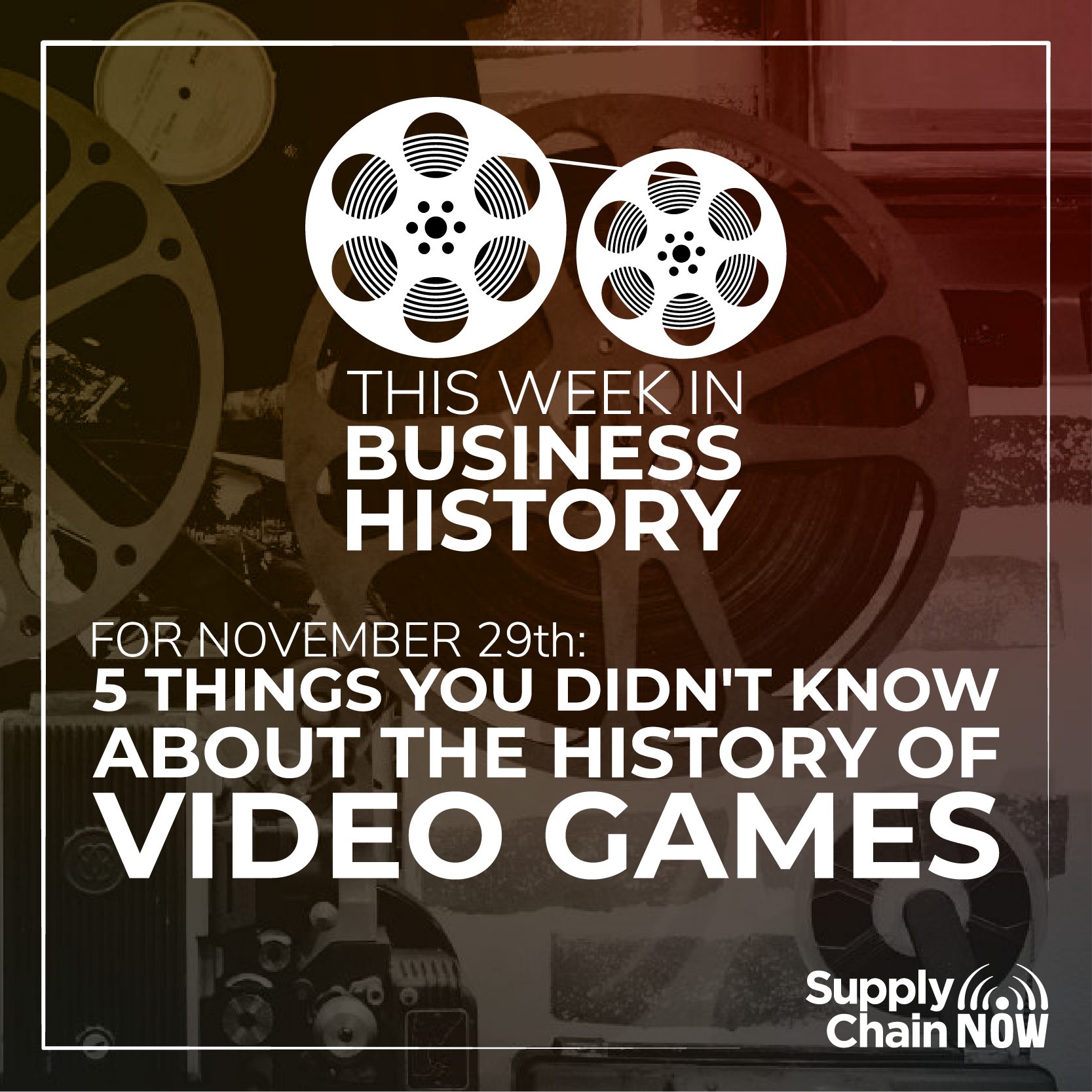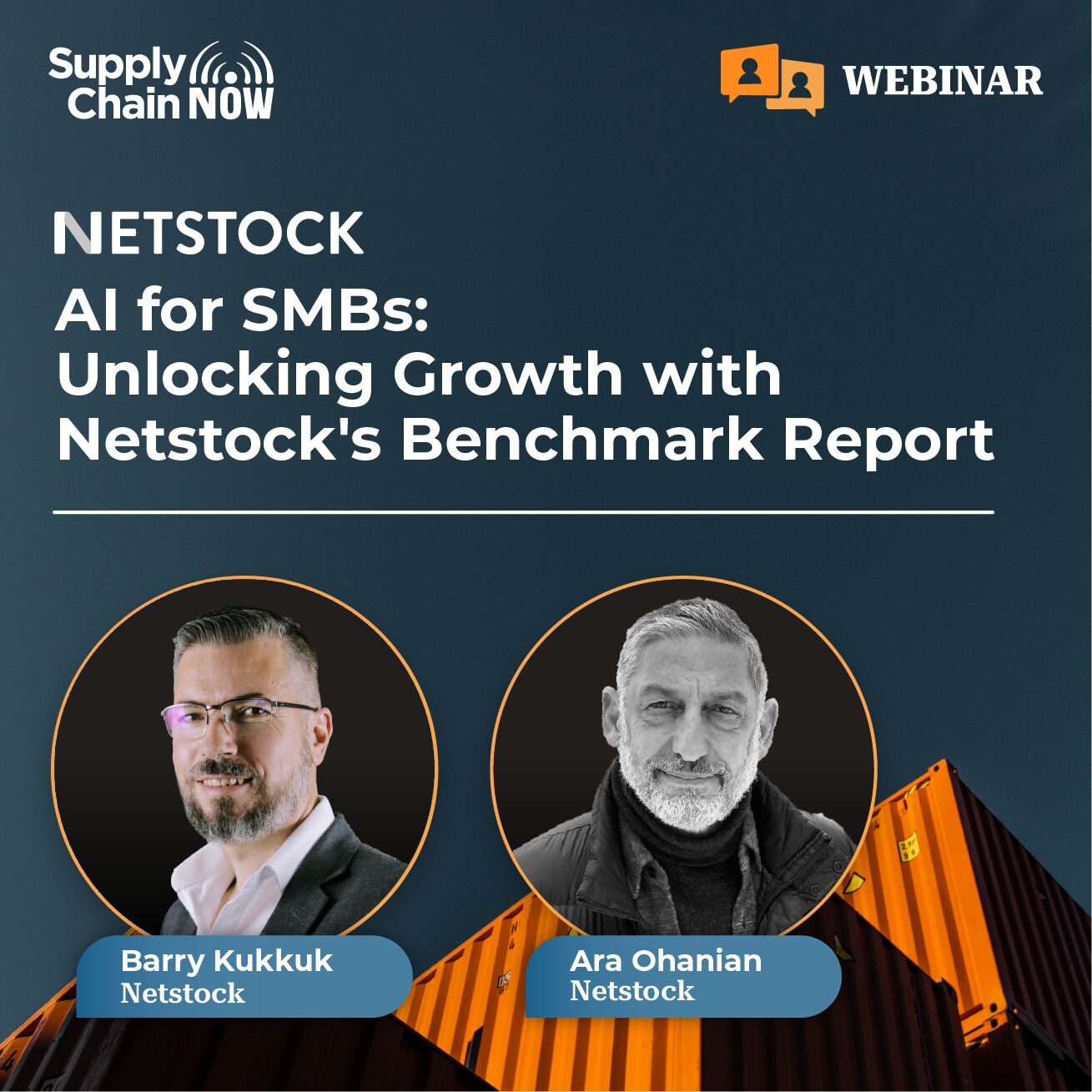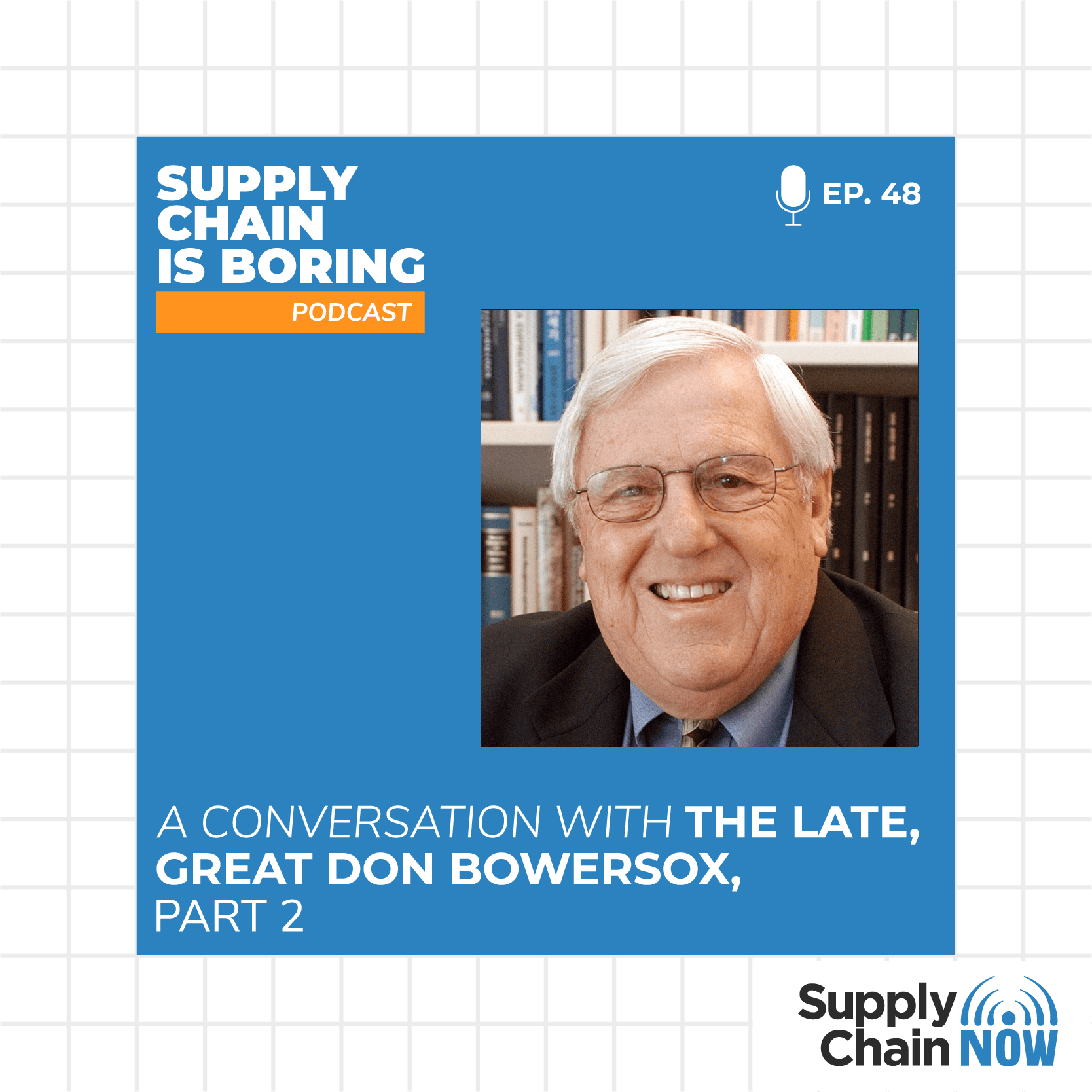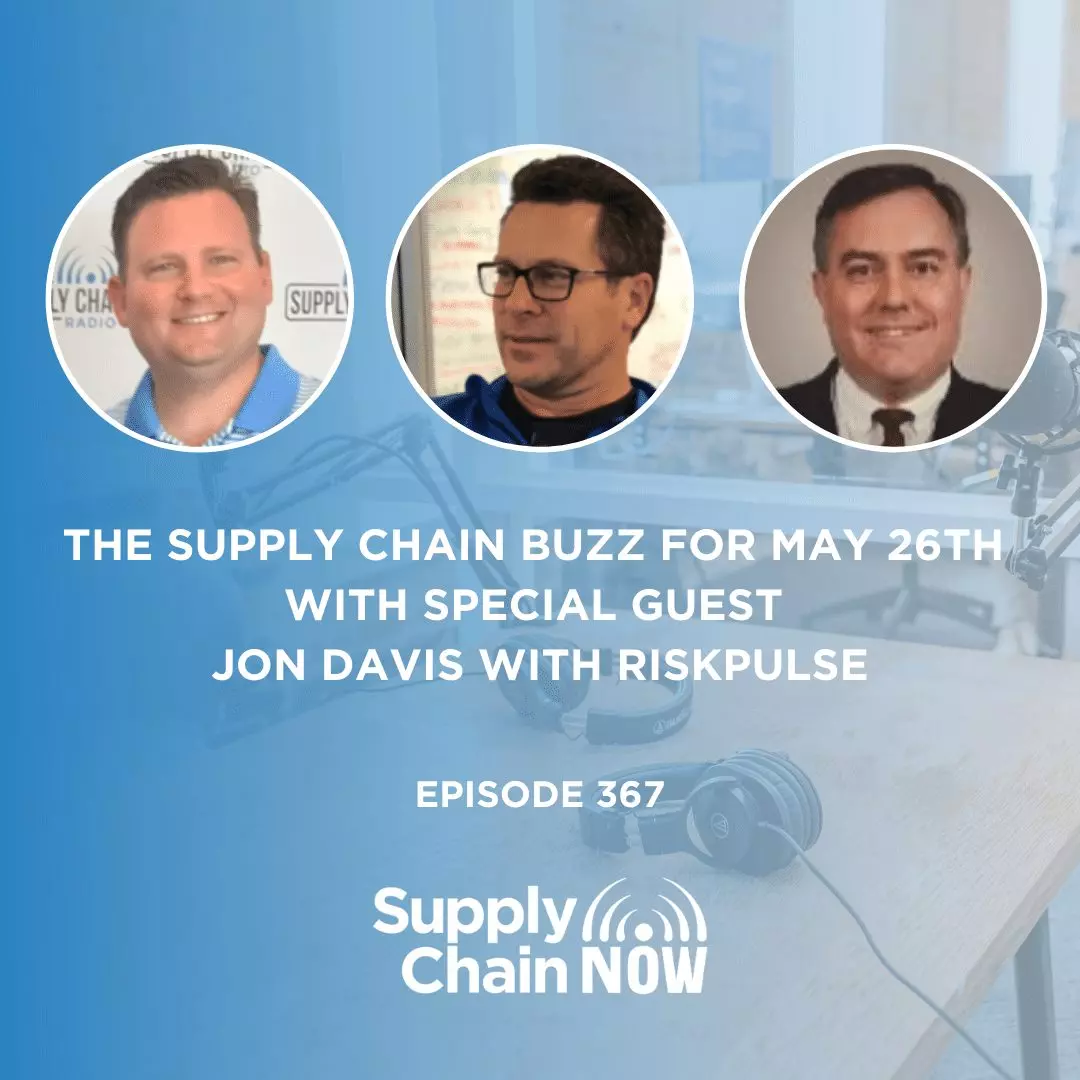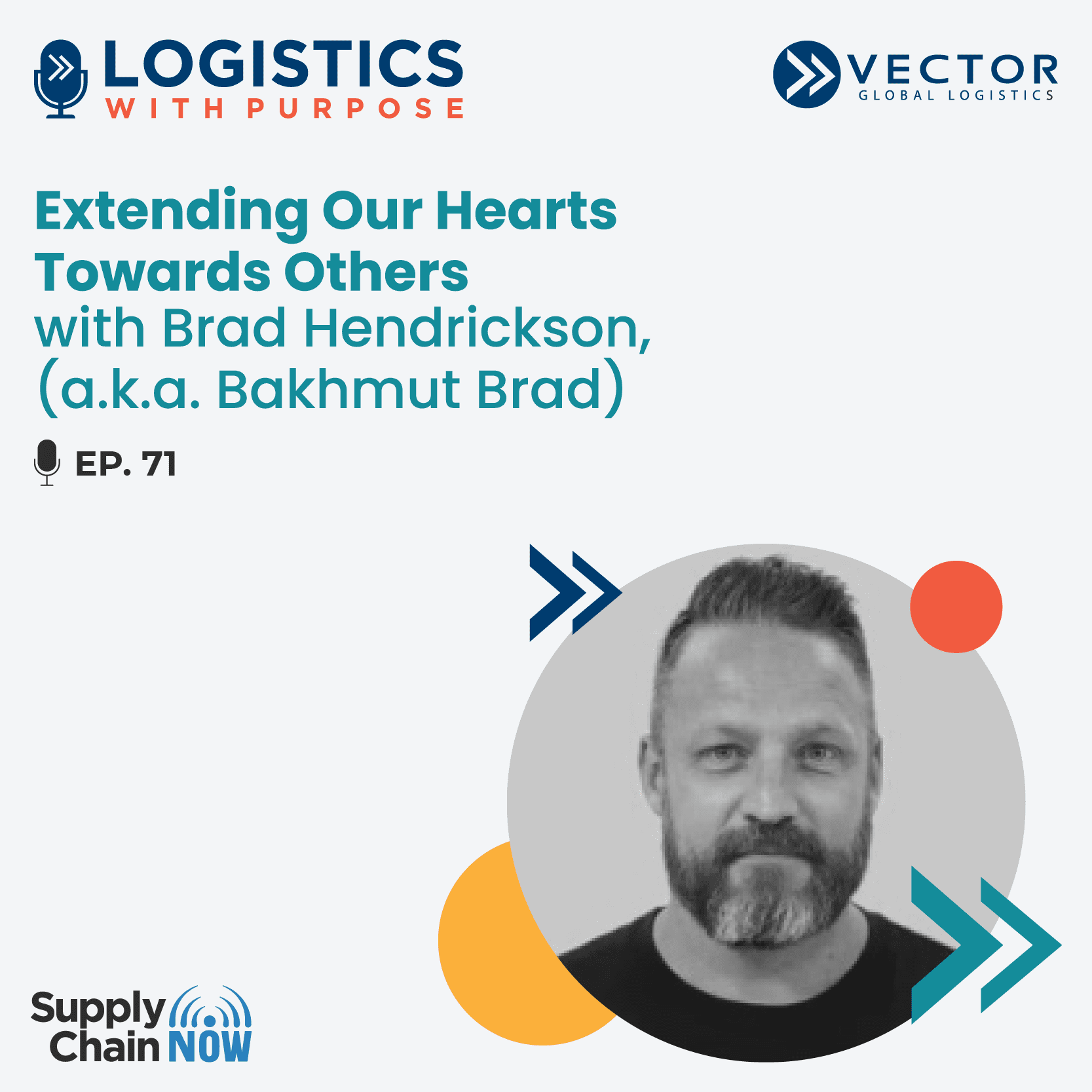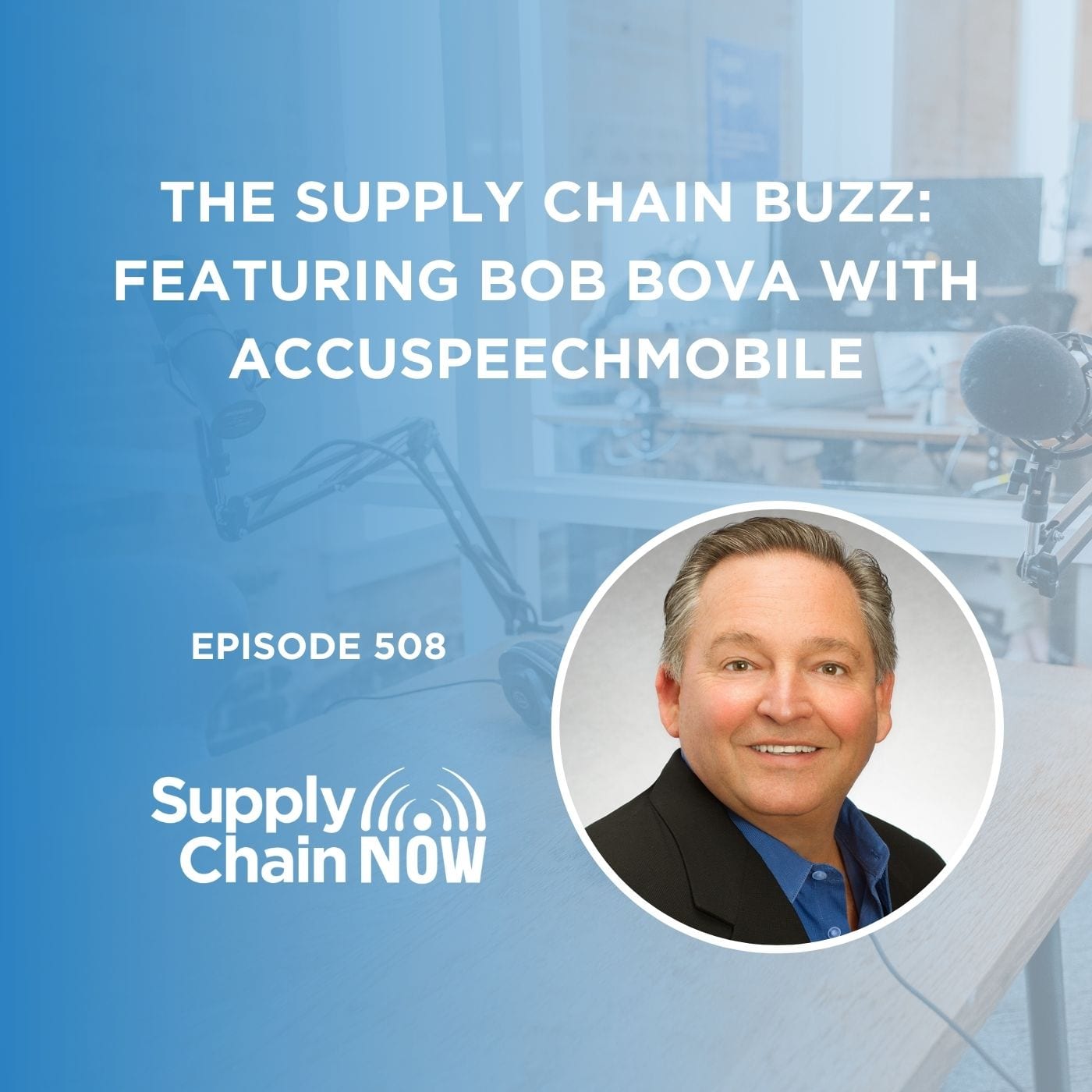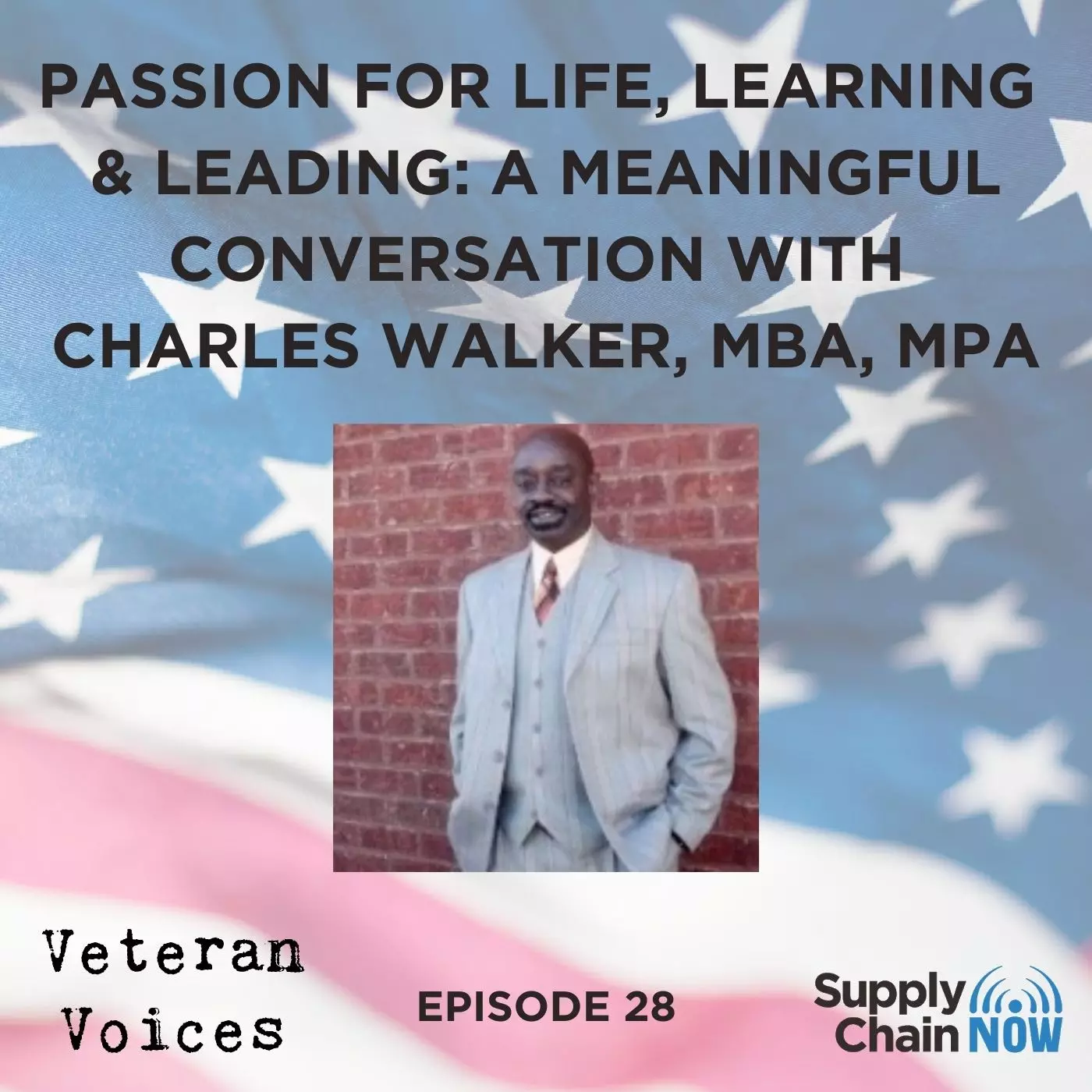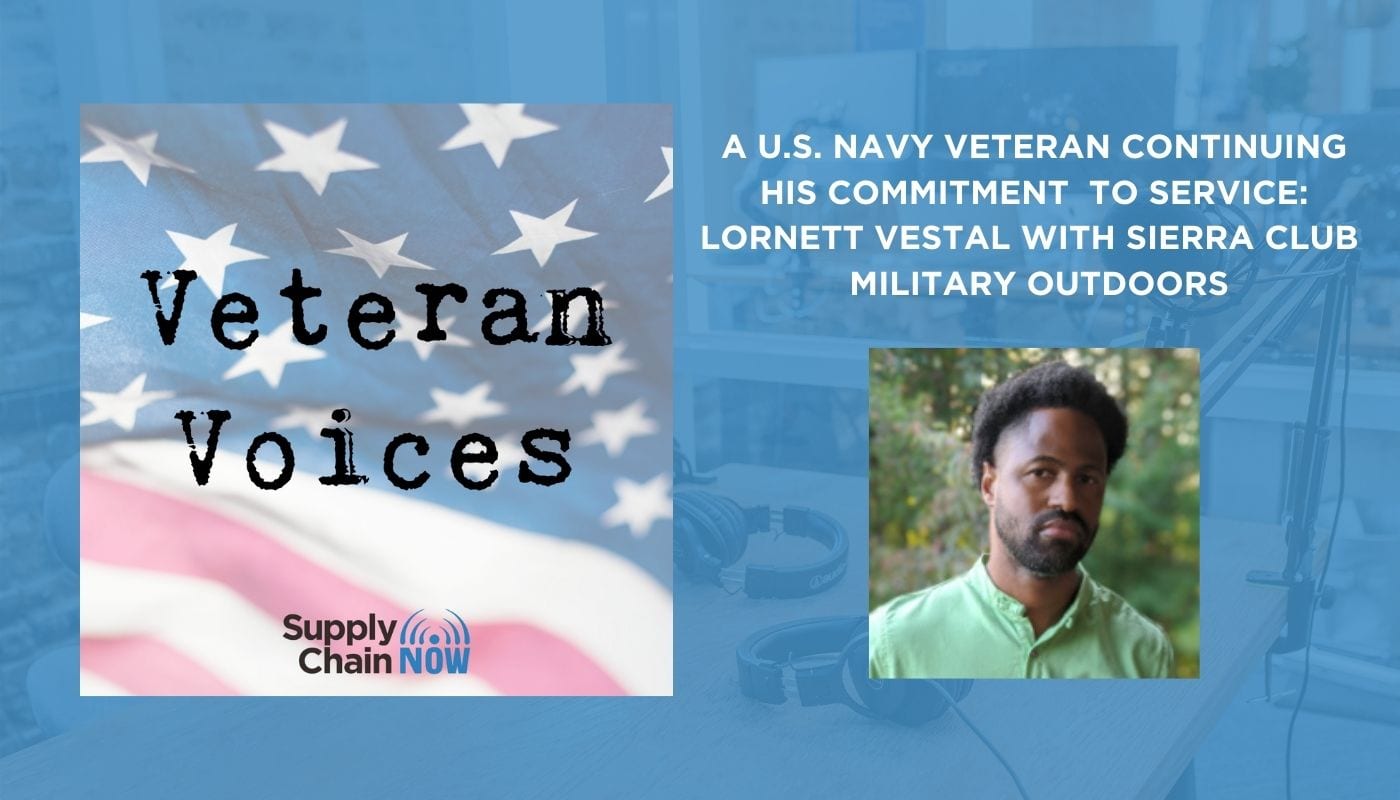
Episode Summary
“It’s very interesting because the Native American community for their veterans, they have that community that they helped them kind of adjust war. And I think the problem is that a lot of vets who get out who are on a few front lines, they don’t have that, you know, we should have some type of transition and that’s why I have a program like military outdoors.”
-Lornett Vestal, Sierra Club Military Outdoors Campaign Representative
In this episode of the newly re-launched Veteran Voices series, Scott welcomes Lornett Vestal to the podcast.
Lornett is a U.S. Navy veteran that has continued his service to our country & our communities, even after exiting from active duty in 2005. Scott Luton gains Lornett’s perspective on a wide range of topics, including his time spent spent on active duty, followed by a very challenging transition to civilian life. Lornett shares advice and best practices for veterans making that transition, including his challenge to “not suffer silently” but speak up and get the help you need. He shares his views on social justice – – including ways that we can all help build bridges and move our country forward.
As Scott was reflecting on this episode, he stated “our communities and conversations need more Lornett Vestals.”
Episode Transcript
Scott Luton (00:00:06):
Welcome to veteran voices, a podcast dedicated to giving a voice to those that have served in our country’s armed forces on this series, which is part of the supply chain. Now family of programming, we sit down with a wide variety of veterans and veteran advocates to gain their insights, perspective, and experiences. We’ll talk with many individuals about their challenging transition from active duty to the private sector, and we’ll discuss some of the most vital issues facing veterans today. Join us for this episode of veteran voices. Good afternoon, Scott Luton with veteran voices. Thanks for joining us here today. We’ve got an outstanding show teed up with a veteran that’s part of the largest and oldest environmental organization in the state. So stay tuned for that. Hey, but a quick programming before we get started here, this program is part of the supply chain. Now family programming.
Scott Luton (00:01:07):
Uh, you can find it and subscribe wherever you get your podcasts from just search for veteran voices. And you can also check us out on social media. If you got a veteran with a story to tell, reach out and we’ll see if we can’t make that happen and get you on the recording schedule. So thanks for much for tuning in today. As we talk with our featured guests, Lauren net Vestal, Southeastern campaign representative with the prestigious Sierra club, military outdoors, Lauren Nick. Good afternoon, Scott. Thanks for inviting me. You bet. Well, you know, it’s been a couple of years since we met at a vet Lana event, which I know we both are big believers in atlanta.org, but I’m really looking forward to not only diving in a little bit more to your military background, those experiences your transition, but then, you know, some other issues that you’ve got your finger on the pulse of and are passionate about.
Scott Luton (00:01:56):
Well, yeah, that’s getting right into, it’s got fantastic. You taught my wife, which I love it. Alright. So for starters, let’s get to know you the personal, but more. So where are you from? And you’ll give us an anecdote about your upbringing originally from Chicago, Illinois. I know down in Georgia, they daylight to say Illinois, Illinois, and I guess my childhood, I can say with a little bit complicated, I was adopted. I’m very fortunate. So I guess the antidote, I don’t know. Um, but I guess I can say perhaps family is always been important to me. Um, especially being at a point where, you know, I wasn’t with my family and then adopted by a brand new family and that became my family. But now I’m connected with biological family and my adopted family. Well, I don’t like kind of make those distinctions. They’re all just my family for better, for worse. Um, have always with family, but that, that’s kind of how I, you, so did you, you grew up in Chicago then? Yes. Before I joined the military 17 years
Lornett Vestal (00:03:00):
In Chicago, Illinois, whatever,
Scott Luton (00:03:02):
Awesome city, a world city, you looking back, what’s your, uh, and you live the greater Atlanta area now, right?
Lornett Vestal (00:03:08):
Yes. I live in Atlanta, Georgia now dance with my wife. I got two dishes. Be nice Stella and mayor, no children, but I’m an uncle many times over. So, uh, best thing about that as you can give it, when they start crying or break the busted nose or whatever, you can get them back to mommy and daddy. So
Scott Luton (00:03:28):
What was one of your favorite things about growing up in, in the city of Chicago? One thing I always remember growing up. Yeah.
Lornett Vestal (00:03:34):
The city is right on the Lake. So when we go visit the Lake, it was always like an Austin time. Cause it’s just like you go there and then on ironically joining the military and the Navy to be exact, you know, Lake Michigan, if you’re none, the wiser could look like it looks like the sea or something like that. Just nothing but miles and miles of water off of that far that I could see. And also, um, the code. And I know that might seem strange to folks down here in Georgia because like, you know, 30 degrees is cold here, but I think the cold of Chicago, those several months of winter that we have up there builds a lot of character and we appreciate the warm weather a lot more because then when I got stationed in, I joined the military, I was stationed in San Diego and it’s like 70 degrees and sunny all the time.
Lornett Vestal (00:04:24):
Barely rains, may name. I have fire season every now and then, but that’s about it. So people are kind of just like, Oh, it’s 75 degrees again today it’s off. Where in Chicago, it’s, you know, you have health issues, winners, polar vortexes, um, school closed down when they closed down at school in Chicago or in the Midwest general during winter time. That’s really cool. And when I say really cold, when they closed it down, I’m talking about like, it’s probably negative 25 windshield. Wow. There’s a snow storm. You’re going to school. Kids get out there. It builds character, 10 feet of snow. You just shovel your way to school. Love it.
Scott Luton (00:04:59):
What a great visual. All right. So you’ve referenced joining the military a couple of times. Now you served in the us Navy. What made you join the military or not?
Lornett Vestal (00:05:09):
What was a couple of things? Um, I had a grandfather who I never had the pleasure of NOI who served in the Navy during world war II. And my uncles had all been army men. And I had the pleasure of taking an army ROTC in high school. And I had a Sergeant Sergeant first class Webber, who I probably shouldn’t have shared his Vietnam stories with, with high school students. But he though it was just many, many times over thought. Like, I don’t think I’ll be doing an army. So the Navy seemed like the better option far as like traveling, because some, I had an uncle who was like, yeah, I joined the army. Then they sent me down to Georgia. So I’m like, did you go to Atlanta? That seems cool. Cause I know I went to like Fort Bennett, that’s not Atlanta. I was like, Oh, I don’t like, I don’t want to go to Fort Bennett for Fort Knox. I want to go somewhere. Cool. And then I talked to the Marine and he was like,
Scott Luton (00:05:58):
You’ll be a real man to join the Marines.
Lornett Vestal (00:06:00):
And I thought about all the Sergeant Weber’s Vietnam stories. And I was like, the Marines army are Ken assembler. So I’m good with that. I want to travel the world a little bit. If he got to go to war, if you know, it’s a military. So that was always in the back of my head. But as like the Navy gets to travel,
Scott Luton (00:06:14):
Travel was a big, big part of, of selecting the Navy. It sounds like. All right. So let’s talk, let, let’s dive in deeper into your military career in the Navy. What was an air force that caught AFSE in the army? They call it MOS. I believe. W w how did w what’s the acronym they used for your job in the Navy?
Lornett Vestal (00:06:33):
Yeah. And so in the Navy, they call it rate, right? Remember the rate that all the, all the branches of service are different than working with vets that by my MOS line was not like, I don’t know what that means, but to civilian speak is just needs your job. So my, um, rate in the Navy or job was shifts service men. And what that means is I’ve worked in this commercial supply side of the Navy at the time. I don’t think they have that rate anymore. I think they combined it with shopkeeper, but I’m going to get into like the weeds of Navy. So let’s keep it simple for our non veteran and not Navy listeners. So what my job entailed was we worked in a commercial sales. So there was a way in the middle of the ocean. The only store you can go to is a shift store. So
Scott Luton (00:07:20):
You get, we get repaying, the P we bring it
Lornett Vestal (00:07:23):
Right to the sailors and Marines on board during deployment and when we’re underway. So I spent several years working in a ship store. So it wasn’t that hard of a transition from civilian life because of that, my first job was working at track auto. So I was a cashier there. So I get to be a cash in the Navy. So cool.
Scott Luton (00:07:41):
Did you get involved in, uh, the, you know, the logistics and replenishment and supply chain of making sure you’ve got the right inventory levels and whatnot? So once that, once I got a little more
Lornett Vestal (00:07:52):
Little bit of rank, so, uh, came petty also, uh, third class. So [inaudible], we had to, you know, order stores, um, and we’re in the middle of the ocean. So how did he get supplies to me? That means the Hilos come drop that drop those babies off pallets right there on the flight deck. And, um, some of my shipmates, you know, were, I should have learned how to drive for lifts, lifts. I should’ve went to Portland school. I didn’t, I went to another, I went to, um, ordering stores. So I knew how to, you know, order that I had to go to two months school for that during my time. So, you know, candy for items this early 2000. So CDs DVDs, video games, video game systems. So that commercial supplies also shifts there as men were in charge of shifts, laundry. So he got to keep the, got to keep the crew clean, get, keep your uniforms clean.
Lornett Vestal (00:08:41):
So he had laundry room on the ship, presses, the big steam things that come down and make decreases on your uniform pretty squared away. So I was always squared away for inspection. And, um, the, they obviously like, Hey, we gotta get, we gotta be friends with the supply guy. I think they get, everybody wants to be friends with you. Um, cause you had access to the, to the Gita machines or candy machines where we call them Gita. Cause this Navy sailors still talk like 1777 pirates and then soda machines. I used to load the soda machines also, and also served time as a shifts barber. So you have to cut hair, all that good stuff. So fun times. Yeah.
Scott Luton (00:09:23):
Very diverse in terms of all the different activities and functions that you served as especially really valuable, I would imagine. And maintaining morale when, you know, you’re out at sea for months on end and they don’t have access to all the comforts we all have here on the civilian side. And, and as you know, it’s private consumers. So what ships did you serve on?
Lornett Vestal (00:09:45):
So, um, I, I did four years from 2001 to 2005. I started aboard the USS Cleveland and either it is a museum, a Y or it is a core reef right now. Cause I think they, I believe they decommissioned it in 2009. So I don’t know exactly the, the fate of the USF Cleveland, but it was commissioned in 1967. So during the Vietnam war,
Scott Luton (00:10:10):
Was that a, um, was that like a frigate? No, it was, um,
Lornett Vestal (00:10:14):
Land and transport dock, the LPD seven. So what we call it in the Navy is Decatur freighter. So we took all Marines and their equipment and Abby dropped them off and then they stormed the beach, the beaches. So we hauled around Marines, bear with me here because, uh,
Scott Luton (00:10:31):
No I’ve never served in the Navy. I was air force. The task forces approach always fascinated me how they build those things around aircraft carriers. Was that what a couple of task forces that the USS Cleveland was was part of do remember?
Lornett Vestal (00:10:45):
Well, I know we were a part of the, it was the fifth fleet. I don’t think it bleeds the seventh fleet. I forget in this stuff because it was 15 years ago, not off the top of my head, but we were part of that battle group. And we all, I would always joke and say the aircraft carriers with the pride of the Navy, cause they get 5,000 people on deployment on that one ship that, you know, the jets land on and discipline. In fact, I believe that the Navy has more, more jets than the air force. So a little rough there and they had the lane of land, a plane on a ship in the middle of the ocean. So that’s like small industry if you’ve missed. Well, you know, you’ll, you’ll just be in Davy Jones locker. So those, those pilots, any type of pilot or are pretty, pretty squared away, but yeah, trying to land a jet on a ship in the middle of the ocean, it was great.
Lornett Vestal (00:11:34):
But we did do some workups during deployment in 2003 with army pilots. And because our ship, we couldn’t take on, um, like we weren’t aircraft carrier, we were a smaller class, but the Harrier jets that hover be told and also the heels, we can take those on. So we work with some army pilots who were flying their kilos to land on ships. So that was during, uh, 2003 operation Iraqi freedom. So we went up to, uh, outside of Alaska cause we poured it. We pulled into Anchorage, Alaska. So that was my first time going to the great white North
Scott Luton (00:12:08):
Pilot pilots in the military, the conditions they face and the challenges all in, in the, in the art of being able to project force, it’s amazing in the, those pitching decks, even in calm seas, right? All the movement. I mean, it’s just amazing. And all the people, the people that the ground crews, you know, the conditions they face as a support, uh, aviation in the Navy and other branches, it’s really just fascinating.
Lornett Vestal (00:12:34):
The ships and sails are, you know, they’re wonders machines because you get, you know, this giant steel, you know, floating, you know, warship and you have all these different crews, you have operations who are, you know, navigating, you have, you know, the Cigna men who are, you know, communicating, you have the it guy, if you are tracking and getting information, you got the machinist Nate’s in, in the engine room. Cause we are, you know, older ship. So the steam engine and I believe during deployment, we had two engines, but we were only running flown on one. So that was interesting. Yeah. Yeah. And then, uh, another thing that people don’t understand about the Navy, cause I know that the Marines and army guys, the gals, they like to make fun of us. Like, you know, you guys have the real military, it’s just in a ship. So we’ll see how fast the Marines running when it was a firearm ship, guess who have to go put the fire out. So we may not be shooting at people all the time, but we are, when it’s a fire, we can’t call nine 11. The state has had to put it out and says, you know, I was one of the junior sailors. I was on a fire team side. We had to go into the main space and fight the fires. Wow. So fun times,
Scott Luton (00:13:39):
One last question. And I want to get to the people that you served with. Think if I understood you correctly, you mentioned that the aircraft carriers might get all the glory or all the attention. And those are just, I think what 1100, I think there’s only 11 or 12 vessels. And the Navy of course is a 200 vessel plus fleet that we need to give more attention to all the other ships, right? Yeah.
Lornett Vestal (00:14:01):
Yeah. We, we, they should give us a love, but I guess, you know, there, we just haul around Marines and you know, the Marines are just like, they pile them up in there. We thought our quarters are tight. The Marines quarters were pretty tight unless they were like officers or something like that with the grants. They, they, they were in tight spaces. Um, but we have fun. It was a lot of, it was a lot of, I don’t know if I can curse on his pocket and there’s a vet podcast. There’s a lot of shit talking between the sailors and Marines, but also good friends. And my brother in law was a Marine. So he has a lot of Navy jokes. Every time I go around. And I just say, Marine stands for my ass rides around the Navy equipment and also standing in line because every time it’s a line on the ship,
Scott Luton (00:14:43):
Hurry up and wait, hurry up.
Lornett Vestal (00:14:46):
If a child, is it why we’re here? This line? I don’t know, ship store open. I don’t know. We’re just going to, we don’t have anything to do, but work out and like eat and sleep and clean and clean their weapons. So they really enjoy shit like the rain, but
Scott Luton (00:15:00):
On the Gator freighter as you call it.
Lornett Vestal (00:15:03):
Yeah. Well now they they’ll call it the Uber for Marines, the smart ass.
Scott Luton (00:15:08):
Alright. So let’s talk about some of those good times and some of those relationships and brothers and sisters at arms, let’s talk about some of the people you serve with, or maybe those that worked for you or those that maybe you worked for those you work beside, who are some characters that really stand out to this day.
Lornett Vestal (00:15:23):
Our second command master chief was a guy named [inaudible] and he was a bit guy like he liked to work out, but he was a bit older. He was pilot in his fifties, but he was the mass chief. And he had these really thick, thick glasses, really big guy like Arnold, Schwarzenegger B, and like, but probably taller the honest versus negative. He was like the funniest guy ever. And he had this really high, high pitched voice tonight. How’s it going? Petty out to vessel what the fuck? And all the sailors were hanging out in the ship store and you’re coming to shift store, you know, that’s my post. So I worked there [inaudible] sometimes they mean they’re shooting shit and it’s coming in, yo, you gotta get the fuck out of here. And they don’t come and shoot the shit with me for like an hour or so. So he was a funny guy and he offered to write me a letter of recommendation once I was getting out.
Lornett Vestal (00:16:11):
But my B U D D he was, he was hilarious at good guy. And then we had, um, S Asian one Lee, and he was a character. He kind of looked like Jim Carey, but with muscles and, you know, I had a shipmate, another guy that I still friends with that, um, Johnson knew that he did 14 years in the Navy. And he got out a few years ago. He’s building jets for Boeing right now. But, uh, Johnson was a ship service and men like me are, um, I guess what they would call it. Uh, well Patty off the first class or on division leader was, um, sh and he was quite a character. And one time he came into ships, ships, barbershop, uh, you know, kind of set my buddy Johnson straight. And he was Johnson was cutting some ice here. So the guy in the chair was like, you know, headed the barber Cape on and all that.
Lornett Vestal (00:17:00):
So Lee is just, you know, chewing Johnson out. And the guy in the chair getting pissed off, like more and more pissed off the guy in the chair is just like, Hey, petty officer, you know, you need to stand down. He was like, who the fuck are you? Just shut the fuck up Marine. So the guy gets up, take off his Cape. He’s in a Marine Corps captain. So he’s as I just want to leave. Oh my God. Sorry, sir. And you know, the one thing you don’t want to ever see in your life as a pissed off Marine. So I bet that the people I want to have on my side, not, not, not against me. So we used to shit talk, you know, Lee, and he would get off, he’d get beat red and like kind of, you know, embarrassed.
Lornett Vestal (00:17:41):
Cause you know, we had to make deployment fun. So we were like, this boss would come. He was like, you can’t call me. They’ll call him boss. Most attending our boss. You are pay off the first people we’re going to cause we’re both black guys. And he was like, Oh, you think people are gonna think I’m racist, not racist, but how come you don’t call you boss? Oh yeah. He was a character Johnson. And he was like, I’m a shipmate from a out the Dean of California. And he was quite the character. He, he was definitely, he embraced the Navy’s core value of drink to the phone of what drink to the foam, drink to the foam. So like the beer, then you drink it down as if the phone left that then anchors away. That’s what we learned at bootcamp. That’s our Navy fights.
Lornett Vestal (00:18:27):
And we got drinking in it and, uh, Johnson, uh, he, he lifted off, he lifted off standards, but he was a good guy. And um, and my buddy, Ethan, who was a machinist mates and I were still friends that heck I got, I got a picture of him with his life in mind. Am I in my library room? Right. That’s him right there. And what’s so funny is Johnson that Easton, like with all this like shit talk to each other. And during the whole deployment back in 2003 Johnson, he had had a kid when his wife had had a baby and you know, obviously we would deploy it. So it’s not like he can see them besides like pictures from emails and things like that, or letters from his life, um, at the time and all that. So Johnson did that and we ain’t never go home. He’s just stuck on his fucking shit in the middle of nowhere. And even with just shits officer Johnson to here, mr. [inaudible],
Lornett Vestal (00:19:14):
we’re going go home. We have to make the appointment interesting because out in the middle of the ocean and I joked around and said, I, I joined the Navy to see the world. And I, I thought from the side of the ship, so, you know, we floated past Singapore, we floated past the Philippines. We saw, you know, um, Bahrain, Kuwait, you talk away from the side of the ship where the Marines, you know, got off in a March dude to get to Iraq. So yeah. So when people have to tell the Navy, yeah, well I saw the world when it’s out of the ship, it sounds like a great group of folks that you’re able to keep it light with. I’m sure there were plenty of times that you had to be serious and discipline like any branch, but uh, you know, being able to keep like keep loose, especially when you’re, I mean kind of take an analogy from 2020, you know, here we’re remote or work from home or quarantine, some cases locked down, we’re all trying to find different ways of, you know, maintaining a healthy mental state.
Lornett Vestal (00:20:13):
Right? Yeah. And part of that, as you’re describing, at least what I’m taking from is keeping maintaining that sense of humor while you do the mission. The hand I, yeah, I forget it was a, I forget his name was Marie. Well, we had a couple of funeral rings that were pretty often, um, it was a warrant officer. He always to come around and be like, we all the way up in there. And then we had, uh, we had a gunnery Sergeant McClain and he was also a big guy, worked out a lot and he, you know, he’s always like, Hey, what’s going on petty officer desk. And then it was another Marine who was deployed with this. He was a captain, he was off, he was Marine Corps officer and he took a liking to me for some reason. Anyway, I pay off the bathroom, you know, come here and he’s like, I’m gonna show you the Marine bloodshot.
Lornett Vestal (00:20:53):
So, you know, they’ll do me like put me in a, you know, put me to sleep and, and he’ll tell me to do that to him so that, you know, he’s like do it. And he’s like, sorry, I don’t know if I should like, pretend to be choking you off with a mistake. You know, the people around, you know, I don’t think I’m attacking, attacking a senior officer, be a God damn man. Sorry. All right, sir, direct door. So I put him in a blood show cause I gotta get a tighter. So, you know, every, every, every day you come down and show me a new way to harm someone. And one time ethics one week on me. And it’s like, I had them in like an arm bar and as it was, was like, Oh my God, stop staring out petty officer. It’s like, no, it’s all right.
Lornett Vestal (00:21:28):
It’s not right. We’re just fucking around. I was like, Hey, it was his idea of petty Austin, ethics jointly. I was just following orders. He told me to put him in an arm bar in the rear naked choke. I just, Hey, following orders, following orders. That’s right. Alright. So let’s talk about, I love the characters and love as you described them, the folks that you serve with a lot of great visuals there let’s talk about accomplishments, right? And clearly you had a lot of different functions. A lot of different places served a real meaningful role, especially when it comes like getting the troops, what they need supplies wise and maintaining morale. But what do you look back at accomplishment wise and, and take big pride in the two biggest things that I get from my time on the ship is I want to say the first and foremost, just kind of working with folks from so many different backgrounds.
Lornett Vestal (00:22:23):
So, you know, we had folks who were, you know, uh, Chinese Filipino, um, different parts of Latin America, um, people from Europe, um, folks from all over the country, um, people who came from working class backgrounds, rural communities, urban cities, um, some folks who were well off, um, who came, who are legacy. And like their dad was like an Avro and they were like an instant new to the Navy. He was like, I don’t want to follow my dad’s footsteps cause I’m getting out. Um, but it was an interesting Catholic characters and people you’ve met from all different walks of life. And the best thing is just kind of getting to know them, um, a whole lot. So, you know, I remember, um, petty officer first-class, who was, it was, uh, he was a cook, uh, [inaudible] fairer and he was Filipino and he kind of looked like he, he taught me a lot about the history of the Philippines and what went on in Manila and kind of why a lot of folks from the Philippines joined Navy and kind of what it was like and how it changed, gave me some history.
Lornett Vestal (00:23:19):
So talking about Lapu Lapu, who was like when the year the Spanish first came, they kind of like often, cause they’re like, we don’t know who these people are. So it was just a lot of cultural exchanges and learning about different people’s culture, background history. And then I got, the second thing is my last day on the ship getting discharged. And then, you know, we were out to sea, so they had to find me out on Hilo. That was pretty cool, but I’m just earning the respect of my crewmates. Cause on that last final day, I was awarded the Navy achievement medal for the second time around. And then, uh, when I, when I was, you know, leaving on a flight deck, uh, air crew, um, some good friends there, like my buddy who, um, Perkins through, uh, recipes, he passed away a few years ago from cancer, but, and they all stood and gave me a salute and I salute in the back of the gallon.
Lornett Vestal (00:24:06):
He looked before I get out. So, um, that was really, you know, proud to see that, you know, I get shipmates, you know, earn their respect, any, you know, just kind of, um, one of the things I do miss about the military, like if you do your job and do it, well, you aren’t a respect no matter who you are, what you look like, what your gender is. It’s like you bust your ass, you do your job, you earn people’s respect. And I think that’s something that the civilian world can learn about. It it’s very different, which I, which I learned when I, when I got out
Scott Luton (00:24:36):
Put so much there that you shared really sorry to hear about your friend Perkins that lost his, his, his battle of cancer, I believe, um, hate to hear that, but I love what you talk about. You describe the level of diversity within the military and how you can, [inaudible] the relationships there, the commitment to get the job done. It’s breaks through the differences in culture and, and walks of life. And you become educated and, and different people’s perspectives and, and POV. I, I shared that experience with you and, and, you know, I learned a ton of things from a variety of folks that I serve beside. And that is that certainly one of the best things about being in the military. And I really, I agree with you. I w I wish that could carry over and that the private sector could learn a lot from, from that. But, so we’re gonna dive more into that momentarily. Let’s talk about your transition, lower net. Uh that’s for so many, that’s continues to be an ever challenging journey. And you can probably learn that if you can hear, I’ve got some car don’ts just outside of my window and they are not happy about something. So you might can hear them coming through the microphone here, but
Lornett Vestal (00:25:41):
Alright, so sorry. I hawked inspired trying to get them when they’re babies.
Scott Luton (00:25:47):
Atlanta is a city in the fourth, so yes it is. Alright, so let’s talk about your transition. Let’s talk about, you know, what was that like going through it, how challenging or how, for some folks it’s not as challenging. Talk to talk to us a bit about your transition. Yeah, no, that’s a great quote.
Lornett Vestal (00:26:05):
And kind of the work I do now with the Sierra club is kind of like, you know, grabbing people, doing that transition, whether they got out a month ago or 20 years ago. And it’s really interesting because you know, both being service members, we have boot camps. That’s two to three months, depending on, you know, where you’re at and you have your MOS, that could be anywhere from two months to like, you know, a couple of years, depending on your, your job MLS or rate or whatever, you’d like to call it depending on your respective branch, but at the MEPS, at least when I got out in 2005, it was a couple of days, course, the guy who was running the course as a former sailor himself. And he was like, you don’t have to shave anymore. It’s great a handshake. And here’s your DD two 14, which, you know, hanging on to that.
Lornett Vestal (00:26:46):
That’s the most sacred piece of paper. I have my original one, but I also have like tons of copies of that, but I can never, never, never lose that a vital piece of paper. They can bury me with that one. But, um, I think the problem becomes, especially since the, you know, the conflicts in Iraq and have gotten Stein and all the other conflicts is that transition piece. It should be, you know, you have a bootcamp to get in, you should have a bootcamp to get out. And it was hard for me in particular because I went out, I got out and went to college, some college courses at the community college in San Diego for a year or so, but, you know, I was coming out being a sailor on deployment. Um, seen a lot of things, traveled to different countries, met all types of characters, had interesting experiences.
Lornett Vestal (00:27:33):
Some were PG, some were already, but that’s what another podcast with another time, but coming into a classroom setting and you have, you know, folks who are not went to NIU Northern Illinois university, which is in Northeast of Chicago by 60 miles out and 18, 19 years old, first time away from home. And, you know, I had been on deployment and although I was not too much older than some of the freshmen to college, you know, being a freshman self, or just a little bit above a freshmen, like a sophomore, um, I was 22 years old and had, you know, been a deployment into a, you know, a worth on, you know, if there was a fire on a ship like the earlier we had to fight it all type of thing. So all my experiences as far different from, you know, the person who came from Frankfort, Illinois, and they were like the first time away from home, like they didn’t know how to wash your clothes or cook their, cook, their own meals and things like that.
Lornett Vestal (00:28:26):
And I was like, huh, shit, man. I I’ve done all of that. Um, so that was the hardest part because I, I joked around when I was a sailor and you know, some of the officers that I dealt with and if there are any officers listening, you know, don’t no offense, but yeah, you meet some guys that like, if you went to college, it must not be that hard. Well, it’s the gals, but the gals are pretty smart. The guy, some of the guys, the boat officers. Yeah. But nah, I got to get a good mentor of mine, mr. Side, who was not a division officer. And we didn’t like each other at first, but we slowly earned each other’s respect and we still keep in touch to this very day. But, um, that was, uh, I think that was the toughest part because I had an ideal of college and that really wasn’t it.
Lornett Vestal (00:29:10):
And then I had a Marine Corps vet who was also a grad student in psychology and he kind of recommended I joined a fraternity, but I kinda like, I was already kind of in a, I was already in a fraternity, know it was a military, you know, we got a fraternity with guns and you know, after you become a shell back when you cross the equator, you got that, you know, Hey, the ritual, which the Navy does not do. I don’t think I could have some 18 year old kid who had no real life experience yet. He had his growing up, but like he just fresh a collar yell at me, you know, and being a coming alive brother, it sounds like, I don’t think I can, I already was in a fraternity and I don’t think you can compare. So it was kind of, I was really on my own
Scott Luton (00:29:51):
God, it sounds like a little bit. Yeah, it was.
Lornett Vestal (00:29:54):
I’m sure it’s the same way for folks who are a little bit older in a thirties and forties and fifties who returned to college full time. And there are classes with 18 years old, 18 year olds and it just, you know, nothing gives anybody who’s 18 or 19. It’s just kind of, once you, you, you have certain life experiences or you’re a certain age, you just have different perspectives about things. It’s just kind of how life is change happens, whether you like it or not. So I think that was the toughest part, but I had, I met a good friend of mine who I’m still friends with now at USC. And he kind of introduced me to sweat lodge. And that’s something that even at Sierra club military doors is incorporated posts pre COVID to our outings where it’s like a native American, you know, cleansing ritual that really helped me kind of transition with the, you know, mental health struggles I was dealing with just kind of transitioning, you know, he wasn’t, he wasn’t, you know, he wasn’t a military, he wasn’t a vet, he was a civilian, but you know, good guy, he kind of introduced me to that and kind of helped me connect with myself, connect with nature, kind of cleanse.
Lornett Vestal (00:30:59):
And it’s very interesting because the native American community for their veterans, they have that community that they helped them kind of adjust war. And I think the problem is that a lot of vets who get out who are on about a few front lines, they don’t have that, you know, we should have some type of transition and that’s why I have a program like military outdoors.
Scott Luton (00:31:19):
And we’re going to talk about that momentarily. You shared so much there. I love the, your sentiment about how you got to bootcamp to get in. We need to get, get a bootcamp to get out. We’ll put Barnett. And also you were talking about, you know, the difference in experiences and trying to reacclimate to, to a society on the private side and how challenging that can be, especially when you’ve experienced some of the things that that you’re alluding to. And it sounds like to me, a best practice, if you’re speaking to others that are getting ready for their transition or fighting through their transition, or what have you is finding a great mentor, they don’t have to have prior military experience. They really just need the care and have some experience. It sounds like to me, uh, would you agree? Yeah, I definitely agree. Let’s talk about more advice. So I think there’s plenty, I’m hard to take away from this, but if you’re speaking directly to those that are getting ready, maybe they’re in a terminal leave, or maybe it’s before terminal leave, maybe they’re smack-dab mail their transition, or maybe they’re already out there experiencing some of the, the bad days that we all had probably in our transition. What, what are some tips and some advice that you offer them?
Lornett Vestal (00:32:32):
I didn’t really think about this until I started my current position with the military doors and connected to nature and connected veterans to nature and healing through nature. But when I was making my transition, I did a summer in Costa Rica would have depth of humanity and it was very different from, um, know military experience, you know, went there as a volunteer and had a fantastic time, but I also thought the thought, the military stuff with me, the good and bad though, you know, got into a couple of guys, probably drank a little bit too much. But, um, but the, the flip side of that, the positive side is I went to a whole nother country, whole nother culture, did some volunteer work, met some great people, do beautiful, nice people of Costa Rica and some really interesting, uh, volunteers. And we, we spent the weekends, you know, hiking, uh, at first time I ever whitewater rafting was in Costa Rica, our RAF cast size. And yeah, luckily I had a helmet on, we hit, I hit a rock, so I got the scar. I rather have the scar than, uh, then you know,
Speaker 3 (00:33:32):
The not have the head. Right. Yeah. Yeah. And the funniest thing is our ramp guy instructor. I never forget them.
Lornett Vestal (00:33:37):
There’s a guy named Phil. I don’t know. I don’t know if he was from South Carolina or Georgia, but he was big, big white guy had a big, big beer belly. He spoke fluent Spanish, but he spoken with the various six 11 accident. It was the weirdest thing. And, you know, I never get filled because he, you know, I thought I was going to die. You know, if they’re ordered where, you know, underneath the RAF and he pulled me out and then apparently, I didn’t know this, I didn’t a friend of mine who was on a graph with us and Christie who isn’t Seattle Spokane, Washington. She told me, and she like learned that you were like an action hero of the day. One still pulled you in, you pulled it out,
Speaker 3 (00:34:13):
Several people in there in arrest. And it’s like, I never had,
Lornett Vestal (00:34:16):
Well, I’d never been white boy ratchet. Wow. Just kind of like that military training where like, she shit, you just go into like, say it and people pulling, you know, pulling your shipmates then.
Speaker 3 (00:34:26):
So, so maybe, you know, that’s the good thing,
Lornett Vestal (00:34:29):
But I think it does. I think that was really good for me to kind of take that summer before I went to college and got out the military to just not go home, but kind of do something very off the beaten path and just kind of like connect with nature, connect with people with different cultures and kind of just see another part of the world that’s that you’re not have to get up at four 30 in the morning and go to drill or anything like that. You just do that transition period. So I didn’t know at the time what I was doing, but I think that was good. And I think the good thing about now 2020 is when I got out, the only thing I knew about what the VA and wounded warrior project, cause I think at that time, 2005, that’s tied all their work. And now you have so many great organizations. You know, you have one locally like Atlanta, but you got one national Latino, red, white, and blue team river runner, you get, uh, outward bound, our program, the military outdoors Sierra club. So you have so many veterans helping veterans programs that can help you transition. And you can be, you can find a new crew, a new pack, a new, new squadron battalion division, whatever you want to call it group.
Scott Luton (00:35:38):
So let me so own that note. And that is some of the good news here, despite some of the challenging dynamics that remain as it relates to our transition or veterans transition, it has gotten better to your point, a lot more resources, a lot more support. Even corporate America has gotten more serious about hiring and leaning in and really understanding veterans and their spouses. Right? Cause we got to take care of all of them. But if you would speak to one final question about your transition, speak to, you know, veterans, we don’t like, and I’m gonna generalize here. At least a lot of them that I serve with, we don’t like, you know, being vulnerable or being seen as vulnerable or being seen as needing help. Uh, can you speak to that a bit and why it’s important that folks need to reach out and get the help that they may need?
Lornett Vestal (00:36:26):
You know, 2006, you know, just like deployment fast forward I’m in college finals and all that stuff. And I spent like six months with insomnia and anxiety and, you know, it was related to, you know, PTSD and things of that nature. And I didn’t, I didn’t know at the time, but I, you know, kinda mustered the courage and I had a Marine Corps vet who was a psychology major. And he was like, man, you know, come, come to the student resource center and, you know, talk to somebody. And, you know, he ended up actually being, uh, my, one of my counselors, he was, he was not the official counselor cause he was still a grad student, but he worked with the therapist and, and we talked and, and that really helped me out at that time to, you know, stop my assignment and kind of focus my things.
Lornett Vestal (00:37:15):
And I’m grateful to this day that Francisco was, was it helped me out. And I think a lot of times we kind of suffer silently because in the military, you know, it’s supposed to be tough and ready to go and always, you know, Greg’s reaction. And when you have fun, you have fun when you work hard, you work hard. But I think nowadays the VA has that understanding of PTSD, veteran suicide, veteran loneliness, um, frisked for homelessness. And I will say this, the men and women who, and the people who work at the VA, they understand, and they’re not perfect, no one is, but I think they’re doing a hell of a lot better now, days than what, when, when we were in 2005 and also the different resources. So I think the first thing is just recognizing that you have an issue and that doesn’t make you weak.
Lornett Vestal (00:38:08):
It doesn’t make you less of a person that doesn’t make you less as a Marine airman Marine sailor, that like you’re a human being yet. You have, you have good days and bad days. And if you talk to somebody, don’t feel like, you know, you’re, you’re, you’re, you’re weak or somehow. And I think what’s really cool is the fact centers that are everywhere throughout the United States. So you don’t have to go directly to the VA. You can go to the VA adjacent vet centers and seek resources, whether you’re a veteran yourself or a military family, trying to help a loved one out.
Scott Luton (00:38:39):
Appreciate you sharing that because that is the more good news the VA has gotten better and better and kudos to the leadership there has had have been driving that change still a still a journey, no finish
Lornett Vestal (00:38:50):
Way to go. Right. I think, I think nowadays we’re doing a lot better than I hear from the older vets. Um, the Vietnam vet that had the pleasure to be on the trail with, and shoot the shit with, uh, like, um, I can tell you a story. Uh, John caravan, he that he, the vet out here in Atlanta and, uh, he had helped me out, but he has a story about his time. He had some sailors cause he was army. This was Vietnam. He was like, so, you know, I went to the officer’s little place and met a Navy vet officer. And he was like, Hey, come down to the, to the Navy’s, uh, officer’s quarters or whatnot or whatever they had hang out flat. Then the officer said something, right. So, you know, the next day he goes there, he’s in his, you know, fatigues, dirty snow at the jungle. And if I get to, you know, Navy officers like, you know, corners and like they got jet skis, they got like deck is all decorated, the whole club. They they’re at fucking fantastic, very different what I was doing. So I’m like, you fucking need you guys now like, Oh, that sounds like Navy officers live in a highlight. Why, why, why does it work? Good, good, good stuff for him.
Scott Luton (00:39:52):
So I appreciate you sharing and really just being transparent about your transition. I think that’s gonna be helpful to a lot of folks listening and a opening for a lot of non veterans that are trying to understand more of the experiences that, that many of our veteran brothers and sisters go through. So let’s, let’s pivot. I hate using the, it’s such a cliche, let, let’s transition a bit to what you do now and the great things you’re doing with the Sierra club, military outdoors. So talk about what you do and your role and how you’re helping
Lornett Vestal (00:40:23):
The Sierra club. Military doors has been around since 2006. And then when I joined and started working there in 2016, we were all about big, big outdoor adventure trips. So you’re talking about wrapped in grand Canyon, um, wrapped into green river and we, we got some new leadership and kind of changed it to like focusing on nearby nature and local outdoors. So you can be, you have an adventure right near your own home. It could be your local park, your state park, you don’t have to go. So we think of these outdoors and we think of these far out places, people, you know, going to Denali in Alaska, but you can go right in your own neck of the woods, whether you live in the Midwest, whether you live down here in the South or you live out West. And what I really, really like about the program is twofold.
Lornett Vestal (00:41:12):
One is we train veterans to be outdoor leaders and they can lead other veterans outdoors. So I liked that empowering, and this is kind of for my social work background. You know, our whole thing is given our client’s self determination and I liked the military doors. That’s the goal are veteran volunteers and civilian volunteers. Also, they lead charge in the program, what they want to do, how they want to do it. And we’re just kind of there to impart the wisdom of the Sierra club on them. And, uh, that, and also another thing I like about it is the Sierra club is the largest and the oldest environmental organization in the United States. So a lot of things we do are political. We, we got a big office in DC, um, and Chicago and all over the country. We do a lot of lobbying of state and local government along with the federal government.
Lornett Vestal (00:42:01):
But one thing I said, I would quit at this theater called military, doing some, like if we got our volunteers and our goal was to get them involved with other things at Sierra club. And that was our main goal. And I was like, they have to want to do that. They want to get involved with conservation work. That absolutely fine, but let them decide. They want to get involved with some of the political work that the Sierra club does. That’s absolutely fine, but it should be up to the volunteers, not up to us, trying to recruit them for that. We should recruit them to enjoy, explore and protect the planet and enjoy the outings and become outings leaders that they choose to, that they want to volunteer in some other type of way, whether that’s being a spokesperson and advocate or just bringing folks to the Sierra club, military outdoors, because they had great experiences.
Lornett Vestal (00:42:43):
That’s what I want. I don’t want, like you have to come to the Sierra club to become a Sierra club member and get involved with our political work or our conservation work w being outside in nature and seeing the places that we need to protect or maintain should be enough to get people to go to that. And we’ve had, and we’ve had some great veteran volunteers who have advocated about preserving wild spaces and also talking about the healing power of nature. So we’re really proud about that. We get this Avril deal that just passed and hopefully if it becomes official, we can do this on a grander scale than what the Sierra club is capable of. Understanding the federal federal push behind that I’m healing through nature. And we don’t want to say that nature therapy is for everybody and that it can replace traditional talk therapy or medicine because those things are needed. But we want to say that this could be a supplement. And what I like with our whole program transitioning from the big rockstar church will be called them. We still like those, you know, it’s fine climbing a mountain or on ice climbing or whitewater rafting, but also just being like, Hey, you can go to your nearby park or local state park and it’s right there. And you can take a group of vets that have a good time and enjoy yourself getting outside
Scott Luton (00:43:54):
And stepping away from technology devices and, and email and zoom calls, no offense to any of those platforms. But man, just take a deep breath and just, it helps you keep things in perspective at a minimum. So I love, I love to hear some of the neat ways that you and your organization are taking all of those therapeutic effects and, and tell wins, uh, and apply and helping use that with veterans that are trying to overcome some of these things. You’ve you’ve, you’ve mentioned. So keep up the great work there, love that. We’ll make sure folks know how to connect with you on all of that, but let’s keep, keep driving here. I, to dive into the topic of social justice and we’re not gonna be able to do it justice in a little bit of time. We’ve got here, but I know it’s something you’re passionate about. I’d love to learn and kind of gain your insights and perspective. Let’s talk about your experiences and let’s talk about a few things that, that we need to change together in the weeks and months ahead. It’s kind of interesting because
Lornett Vestal (00:44:54):
My first career experience was joining the military and it’s a very, you know, hyper-masculine culture, you know, we’re in a business war, there’s no other way to put it. And you know, if he said anything else, we’d be mine. You know, we have to a Navy chaplain put it like this, like, Hey, yeah, we can all be past this. But you know, in the, in the, in the world, in the real world, we live in there, you know, aggresses out there and you have to protect your borders and then that’s just how humans organize itself. So I understand that. So I transitioned and ended up going, becoming a social worker. So that was a very different experience because that had all the piss and vinegar. You’re kind of talking about your feelings, talking about helping other people. And it’s a very stark divide. You know, when I was in getting recruited for the Navy, they asked me, did I want to go on seven Marines?
Lornett Vestal (00:45:45):
And then the recruiter was like, the petty officer was like, there are no women on submarines. So I was like, Nope, I don’t want to go on submarines. And ironically, when I joined and got duty station at USS Cleveland, it was all male ship. So there I go, thought I was, it wasn’t around a bunch of guys all the time, nothing wrong with that. But that’s where it was where social work school was. It is that opposite. And I think what really kind of led me to this social justice lens was my grandmother. Unfortunately, she passed away in 2002, but, um, she was a big, she was a pillar of the community. It was a heat wave in 1997, killed a lot of people in Chicago, including my grandmother and my father’s side. And during that summer, she drove around in the community, different parts of Chicago on the South side, chopping off, uh, foods for elderly individuals, um, bought people, some air conditioners.
Lornett Vestal (00:46:37):
Uh, she was, uh, president of the Eden cream. Co-op when that existed. At that time, she was involved with a lot of political campaigns and, and heavily involved parent church. You st. Peter Church had gotten Christ. And she was just a woman who, who did a lot for the community. She, she even oversaw a school meeting, a breakfast and lunch program for the young people and the youth in the community during, uh, during the summertime. So that was at the community center. So you’d go there and get some much, then she’d always bring like bags and lunch and stuff like that. And she was old school. So like when my and my brother would have our little muscle shirts on and you know, you know, we’re at 14, 13, 14 years old, I put on a spin on a shirt. We see grandma coming to red van.
Lornett Vestal (00:47:20):
We run and put on that shirt. But I think that she instilled that kind of sense of like helping others and doing the right thing. Not because it makes you feel better, make you better anybody, but because you have to do that because you know, I’m not religious, just like my grandmother is, but I still think has human beings, no matter if you’re the richest person in the world or the prettiest person, whatever, somebody helped me get to that point. Someone had to raise you as a child. You know, when we were born, we’re all helped with, so we, our species would not be here within that for us working together. So I think that’s the most important thing, but I think my grandmother instill that in me and kind of transitioning from the military to school of social work was very different because like I said, it was, it was a more female oriented.
Lornett Vestal (00:48:05):
And third thing is, I couldn’t say as a vet, I wanted to say without like offending people. Um, so, but it also made me learn. It made, maybe learn how to, in his work, interact with the opposite sex and also learning other communities that are not part of. So, you know, I’m a straight guy who is a vet, but I understand that there’s, you know, struggles with, you know, the LGBT community, um, struggles, you know, with the women. And then you talk about race. And one of the big things nowadays is the black lives matter movement. And thinking a lot about that, uh, has an African American male, having that experience, having been, you know, pulled over and harassed yelled at had guns pointed, you know, police officers, aren’t routine, traffic stops. You know, at that time, they weren’t seeing that out of the, you know, social worker, a graduate and university of Chicago, a Navy vet, you know, they saw a black man and, you know, they acted accordingly.
Lornett Vestal (00:49:04):
And I wish, you know, in a perfect world, you know, people would just be judged based on who they are and how they interact with other people. But the world we live in people, you know, how you look, how you identify, who you love, who you’re attracted to those things can be a life or death sentence. And I think that’s why it’s important to me. Not because I feel like myself, some savior, but no learning about men like Martin Luther King, Malcolm X, women, like Ivy wills, they all just stamped. It was still an unfairness in the world. And they took it upon themselves as private citizens to, to change things. And one thing is the vet veteran community. It has involved a lot of these social change movements. People don’t know that by Jesus Chavez, the great labor organizer from California. He has a Navy vet, a Philip Randolph.
Lornett Vestal (00:49:48):
I believe he was an army vet. A lot of the men involved with the men and women involved with the civil rights movements. A lot of them were veterans of world war II. So we’ve always had this. We’ve always had this sense of service. You know, you serve in the military, you started the country. When you get out of the military, you still want to serve your community. So I think that’s a, that’s an important thing. And I’m, I’m be honest. I joined the military part of the reason to see the world, but also my mom, you know, we came from a working class background. My brother was struggling. I try to stay in college. We didn’t have money. She was like, I can’t afford to send you to college. I don’t know what you’re going to do. I can’t, I can’t pay, I can’t possibly afford college. So my options is, you know, find a job still working my same job, or, you know, join the military to get money for college, to get that so called American dream. So that, that’s the reason why I joined
Scott Luton (00:50:40):
Going back to this notion of service. I really appreciate what you shared there. I think military members and veterans do have a strong legacy of, of continuing their service even after they kind of hang up the uniform and our country wouldn’t be well, we got plenty of, plenty of heavy lift and still to do no doubt about it and, and, uh, what to have you back. And then we can dive deeper into this topic in particular. But I admire the service that you, you have been continuing since you exited in the Navy in 2005, if you had, if you had an audience of folks that really were open-minded, which is part of the challenge we have that are willing to be empathetic and, and understanding your journey you just shared and not just their own, which that’s another challenge we have. What are some, you know, we can’t get all the way into the, in the solutions and some of the deepest issues we have, what are, what are some initial steps that you would share with folks to challenge them to, to make progress so that we can, we can at least have a dialogue?
Scott Luton (00:51:40):
Where do we start?
Lornett Vestal (00:51:41):
I think sometimes it’s, it’s those hard conversations, whether it’s the friend, a family member and they say something, excuse me, that perhaps would be offensive, inappropriate. And if, and I want to, you kind of dove into the kind of ideal council culture, it’s not saying that we need to counsel people or anything like that, or just kind of disowned them because they’re insensitive. And it’s not about people being sensitive on vet. You’re a vet. We talked shit all the time and it is what we do. But at the same token, it’s a difference between, you know, shooting the shit, talking shit, and then hateful towards another group of people, because they’re different from you. Whether that’s, you know, someone who inspired the LGBT community, whether that’s, you know, you’re a man and you’re, you know, you have a strong like women, which is weird because, you know, we all have mothers and not only just the fact that we have mothers, but if you, if you’re a straight man you’re dating, so most likely you gonna be dating women.
Lornett Vestal (00:52:33):
Um, so you have to deal with women, your date, but I think just kind of challenging those notions, um, whether you have attitudes about people of different religions, different races, it kind of having those hard conversations. And sometimes they’re not going to go well, but I think that’s the first step and it’s not the castle people is to educate them. And it’s not in a way, if you come there, like I’m better than you, because I feel this way, you don’t, it’s more coming. They’re like, Hey, this is what it is. And we should talk about that. And if I had an audience of people, I just be like, even if you never experienced those things, try to put yourself in someone else’s shoes. And I think two, five says something that was really insightful. And he was, he died. He has a young man. He was 25, but he was like, I wish that all the poor people to switch places for one year with all the rich people and they can see how each other lives and then go back to that the next year. And we’ll see the world completely changed. And I, and I agree with it because sometimes we just can’t put ourselves in someone else’s shoes until we’re in that, in that position,
Scott Luton (00:53:35):
It’s powerful. It’s one of the most powerful ways to learn and become educated and to see life through other people’s lens and experiences and journey. I want to ask you one final question about this, and again, we’re gonna, um, we’re trying our best to help facilitate it while, while we’re, while we’re learning, frankly. I mean, you know, I wish I had a lot more answers, but we’re trying our role. We’re trying to help facilitate some of the, the at times uncomfortable Frank conversations and dialogue that hopefully we’re all filling up those gaps. We all have in our, in our awareness and perspective. What really got me a few weeks back is Brian Arrington. Who’s with a great, great veterans group, talked about his experiences. And what really got me was he talked about having the talk with his dad and it really, it is it, I wish more folks would take a minute to understand what he meant and what other people mean about having the talk. So did, was that a moment that you have, that you had in your journey and, and if, if not, or if so, can you share that a little bit? Because I think about bridging perspectives that really, I think gets people’s, that should get people’s attention.
Lornett Vestal (00:54:50):
I mean, I’ve had a lot, a lot of tough conversations over the years with different people. Um, some very heated, some, some not, I don’t think kind of social media is a tool where, you know, people kind of yell at each other and talk over each other. But I think when it comes to like, you know, close friends, family members and having those, those talks, I remember one time, um, you know, they had a family get together and family were kind of talking about, you know, gay men in a very kind of derogatory way. And then we disagreed and we had a conversation about it and, you know, there’s some jokes made about me and all this stuff, but, you know, and I’m not, I’m not a gay man. You know, I don’t know what that experience is like, because that hasn’t been my experience.
Lornett Vestal (00:55:33):
And I would just like, Hey, you know, at the end of the day, these be the folks to, and even though as jokes, you know, it can lead to force things for individuals who are part of that community and a half, as we think from history, it’s just like someone who makes a racist joke. We’ve seen those things escalate to, um, you know, people being killed and it’s not easy, especially when it’s like family members or people you’re close to and you love and respect and you care about is just kind of holding your ground and having a, having a conversation. And maybe even if they don’t agree with you on that moment, it’s not about that. Not about winning people over, it’s not, it’s not a debate. It’s just kind of like, maybe you can open her perspective, like, all right. You know, I may not be a part of this school. I may not be a part of this religion.
Scott Luton (00:56:14):
If one person opens their eyes or has a different thought based on what you share and draw and kind of drawing a line in the sand, just giving Frank feedback, Hey, that puts us, puts us a little bit closer to where we need to be, where there’s opportunities and, and justice truly for all. And, uh, I know I appreciate your passion. I appreciate what you’ve shared and we’ll have to continue that conversation. I admire, again, you’re acting, you know, you would get so much lip service these days, unfortunately, across the spectrum, you know, veteran circles, non veteran circles, business, you name it. I really appreciate your sense of action and service and helping so many other veterans in their journey. So really appreciate that Lauren, that let’s make sure you’ve got, you’ve got no shortage of projects and I love it, man. I don’t think you sit still for a second. I love what you do with the Sierra club military outdoors. You’ve kind of described some of that. You’ve got some also, you’ve got a podcast, you’ve got a website where you’re having some really interesting conversations. Talk a little bit about that and make sure folks know how to connect to other things you’re doing.
Lornett Vestal (00:57:17):
Oh yeah. Well, first and foremost, uh, whoever all the people listen to your podcasts, one thing they can all honestly get behind is, is a fact of homeless veterans. Um, so that should be left, right? Whatever your political persuasion, that should be something we should all be fighting to get rid of. And the veteran suicides, those, those two things, the 22 a day. And, uh, I think almost a hundred thousand veterans on the streets at night in this country, which is one veteran, homeless is unacceptable. So that’s, that should be a bipartisan across the spectrum issue that we all should be fighting for. But, um, if folks want to get in touch with me, I’m learning invest vessel. You can get linked my LinkedIn page, the evolved man project, his personal website that I started had no affiliation or whatsoever with the Sierra club or the Sierra club military, our doors to all views and opinions expressed. There are my own, but on the website, it’s just designed to kind of talk about issues that impact men in particular, black indigenous and men of color. And the question culture is podcasts. I started with a college friend of mine, Brian, and we questioned conventional wisdom around different topics. So, uh, we started off with the two party system. The last one was black lives matter. They, the next one coming up will be about climate change and climate change denial.
Scott Luton (00:58:32):
Y’all jump right out and tackle some of the tougher topics. Huh?
Lornett Vestal (00:58:36):
Yeah. Yeah. We just, we, we, we, we figured we’d, you know, live by day, she feel had his first TV show where he played the black, white supremacists and it start off with a bang. We figured we got it going in the deep end and see if we think or slim. So I think retraining order. So, um, you can check out question culture and check out, evolve in their project.com and you find that, that there and on some of the articles rent on our stuff and other contributors to that website and, um, you know, leave a comment, whether you like it, love it, hate it, whatever
Scott Luton (00:59:05):
That was evolving, man.com. Is that right?
Lornett Vestal (00:59:08):
Yeah. You’ve all been man project project, right?
Scott Luton (00:59:11):
Dot com. Sorry. And the podcast name is question culture, right? Yep. And they can search for that and
Lornett Vestal (00:59:18):
Twitter, this Facebook and question culture and a evolved man project.
Scott Luton (00:59:25):
Alright. And one final question. Those projects are not affiliated with the Sierra club military outdoors, but if they want to folks wanted to really plug in with what you’re doing there outdoors for all, which, I’m not sure if we’ve mentioned that phrase, but love that. How can folks learn more about that closely? The one
Lornett Vestal (00:59:42):
Learn more about the Sierra club military doors. Um, you can always go through the Sierra club military on doors.org, check out our website. You can go to the Sierra club website, the national website, and give you a link to the Sierra club, military outdoors, and also post can reach me via email. So my first name dot vestal@sierraclub.org. And um, if you got a question about that, how to get involved, how to become a volunteer, feel free to reach out to me was soon we’ll be launching a campaign that’s for essential workers. And what that campaign is all about was the branch out of one of our great volunteers. Uh, Oh, gee army vet named P Johnson. Who’s a good friend of mine and we share war stories all the time. And, uh, he was like, Hey, how do we, you know, how about the people on the front lines, uh, in the medical field and also people at the grocery store, ah, folks, all deemed at central, they need hazardous duty pay. Um, they might need childcare. So our campaign, and he’s going to use veterans to lift their voice, to lift potential workers and also lots of vets and military folks. They’re essential workers these days. So is that helping vets and helping the community?
Scott Luton (01:00:46):
I love that vets for central workers will have to learn a lot more about that. That’s one of hopefully the silver linings of this pandemic, where a lot more attention and recognition and appreciation for all of these frontline workers, whether it’s healthcare or retail or first responders or supply chain, you name it. All these folks are, are risking their own health to keep us moving forward and protecting our psyche. So we’ll learn a lot more about that. Of course you can connect with Lauren net of install on LinkedIn as well. That’s where I think one of the first places we connected and we’ll make sure the lists, the URLs really simply in the show notes, we’ll try to learn that we try to protect the one click rule, right? Folks, aren’t going to click 17 times these days. So we try to really make it easy and make it about the one click Laura’s smarter, not harder.
Scott Luton (01:01:34):
Well, really appreciate you sharing so much today. I learned so much. I really enjoyed reconnecting with you. Uh, we’ve been talking with Lauren at vest, [inaudible] Southeastern campaign representative with Sierra club, military outdoors. You can also check out a variety of his projects and his podcast question culture, which is not affiliated, but there’s so much good stuff you’re going on that you’re, you’re leading Lynette and I will look forward to having you back on here and getting update real soon now. Well thank you Scott, for having me on you bet. So to our audience, hopefully you’ve enjoyed this conversation with Lauren that Vestal as much as I have the service and what he’s doing, the conversations he’s driving, the service he is, he’s delivering after his time in the military. It’s inspiring. So hopefully I’ll appreciate it as much as I did on behalf of our entire team here at veteran voices, Hey, we invite you to find us and subscribe wherever you get your podcasts from Fondas own Twitter, Instagram and LinkedIn. If you’re a veteran with a story to tell here, reach out and we’ll try to work into our programming. It’s really important to us. Scott Luton wishing our listeners, nothing but the best. Hey, challenge. You like with challenge ourselves, do good, give forward and be the change that’s needed. And on that note, we’ll see next time here on veteran voices. Thanks for everybody.
Featured Guests
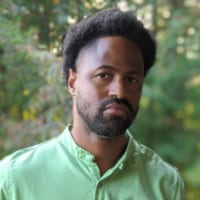
Lornett Vestal is currently the Southeastern Campaign Representative for Sierra Club Military Outdoors. He was born and raised in Chicago, IL. He joined the United States Navy at the age of seventeen. He served four years honorably and was deployed during Operation Iraqi Freedom in 2003. He’s traveled to various countries, including; Ecuador, Mexico, Brazil, Estonia, and Finland. He has a BA in Sociology from Northern Illinois University and a Master’s Degree in Social Service Administration from the University of Chicago. He spent several years working in education and social work at Chicago Public Schools and non-profit organizations through the City of Chicago. He currently works as the Sierra Club Military Outdoors Campaign Representative. He lives in Atlanta, GA, with his wife and two vicious hounds named Mayor and Stella.
